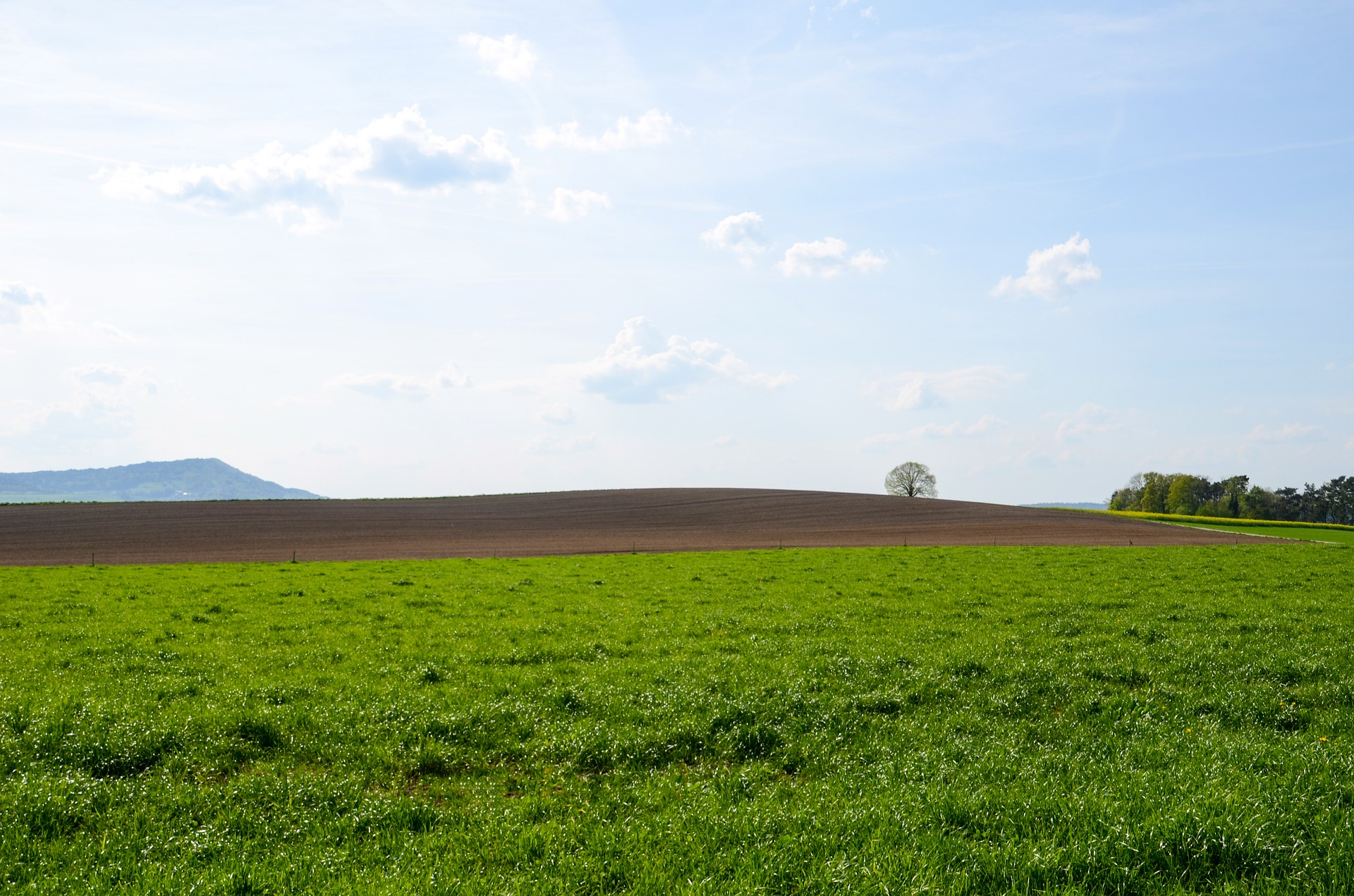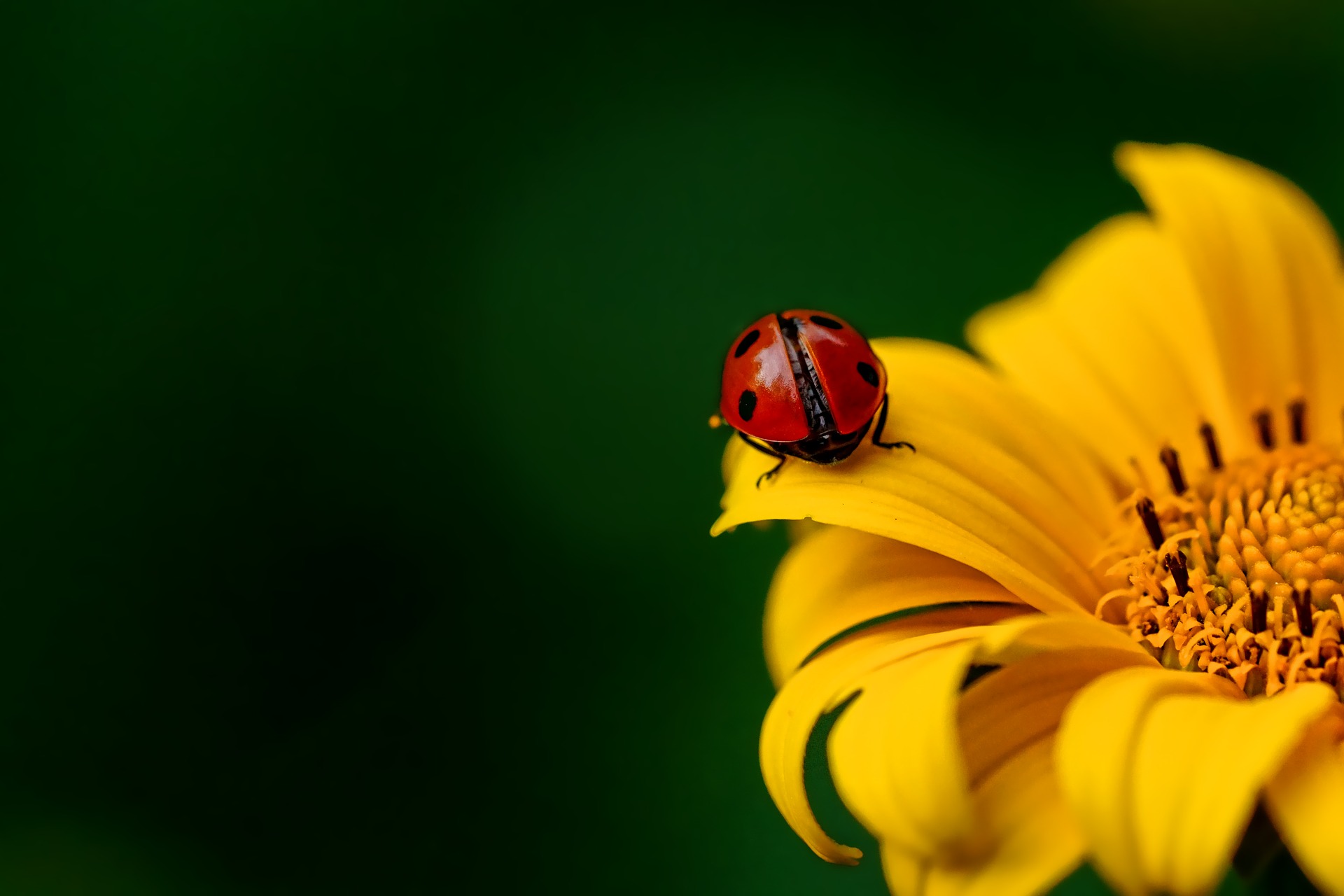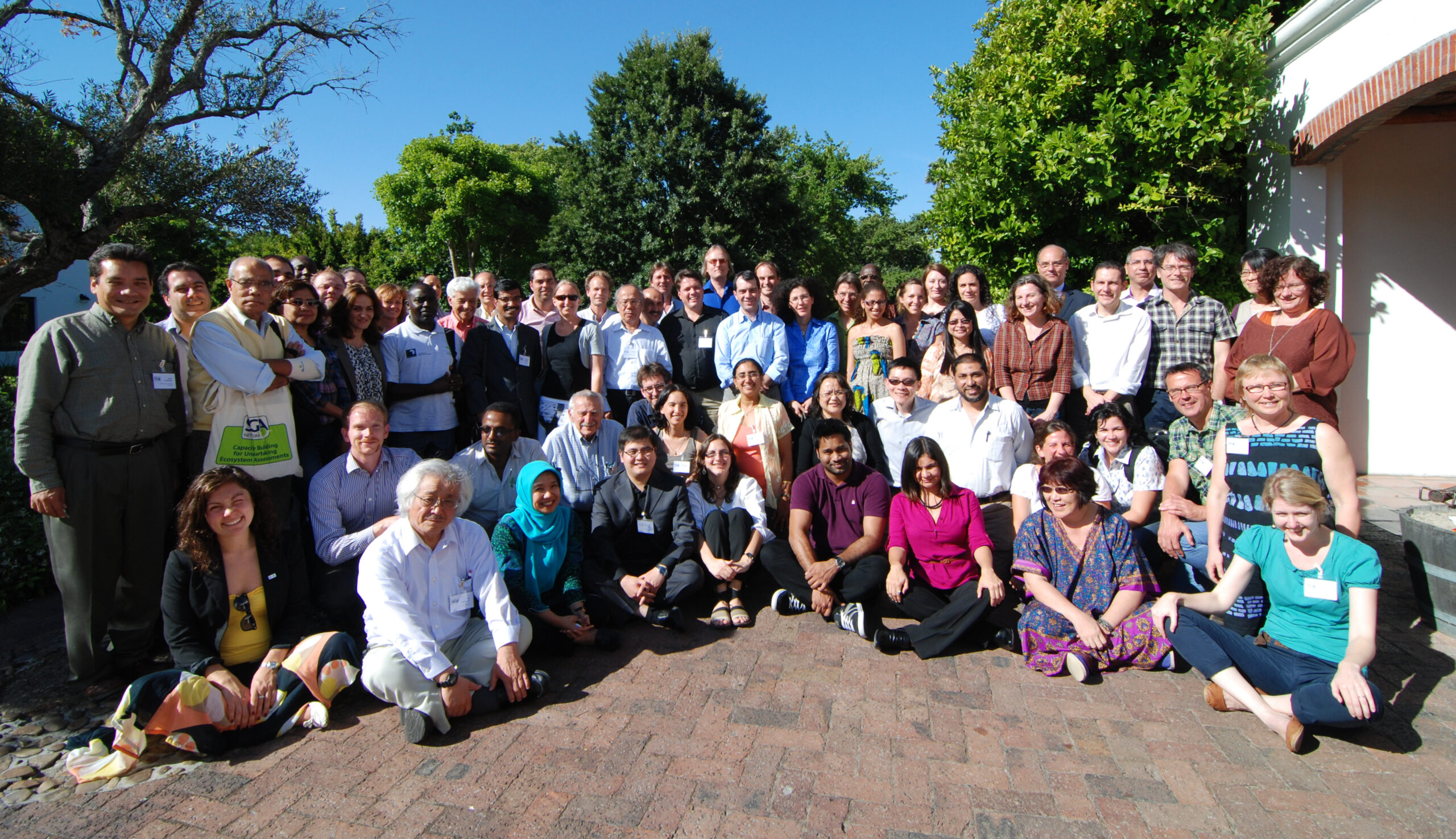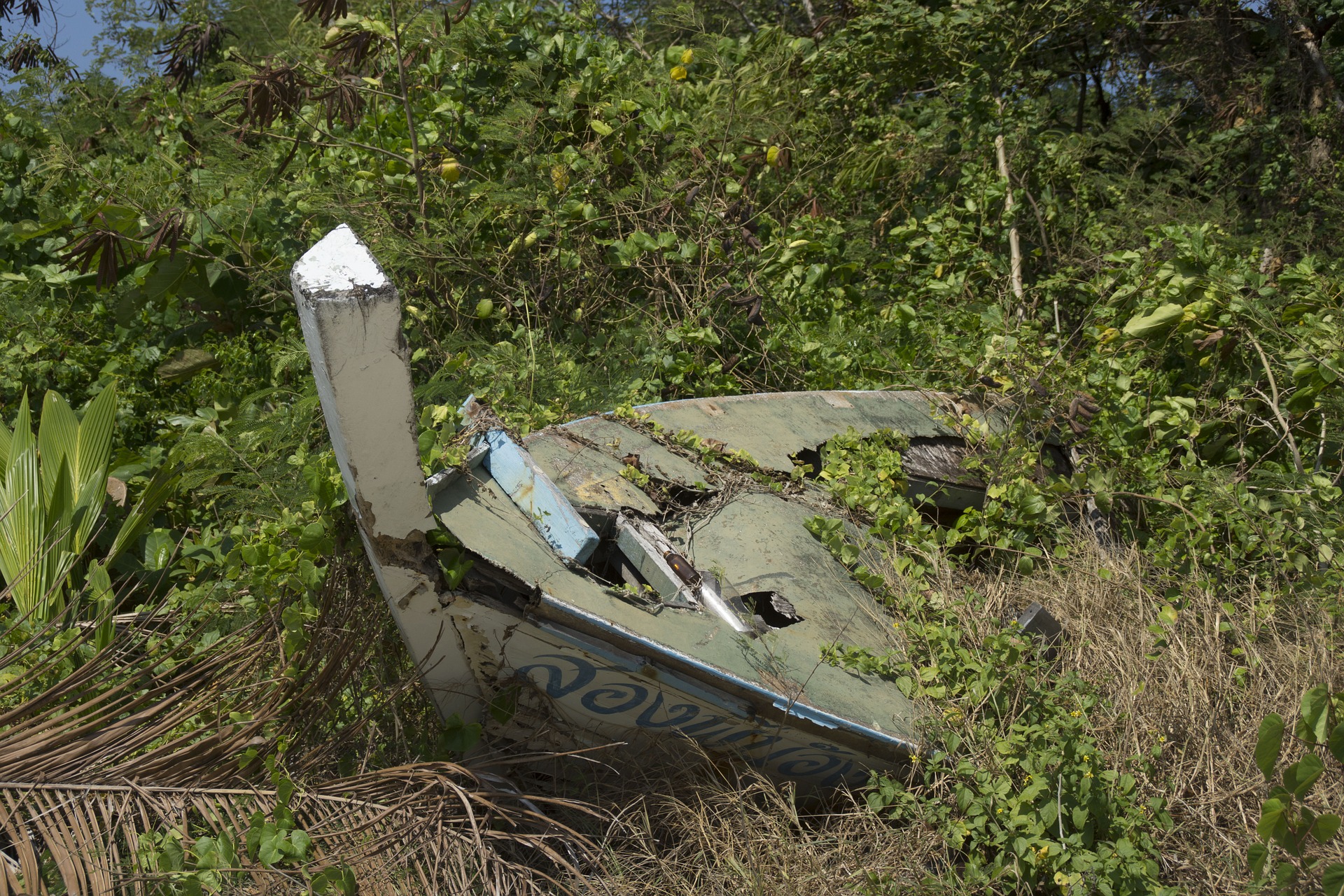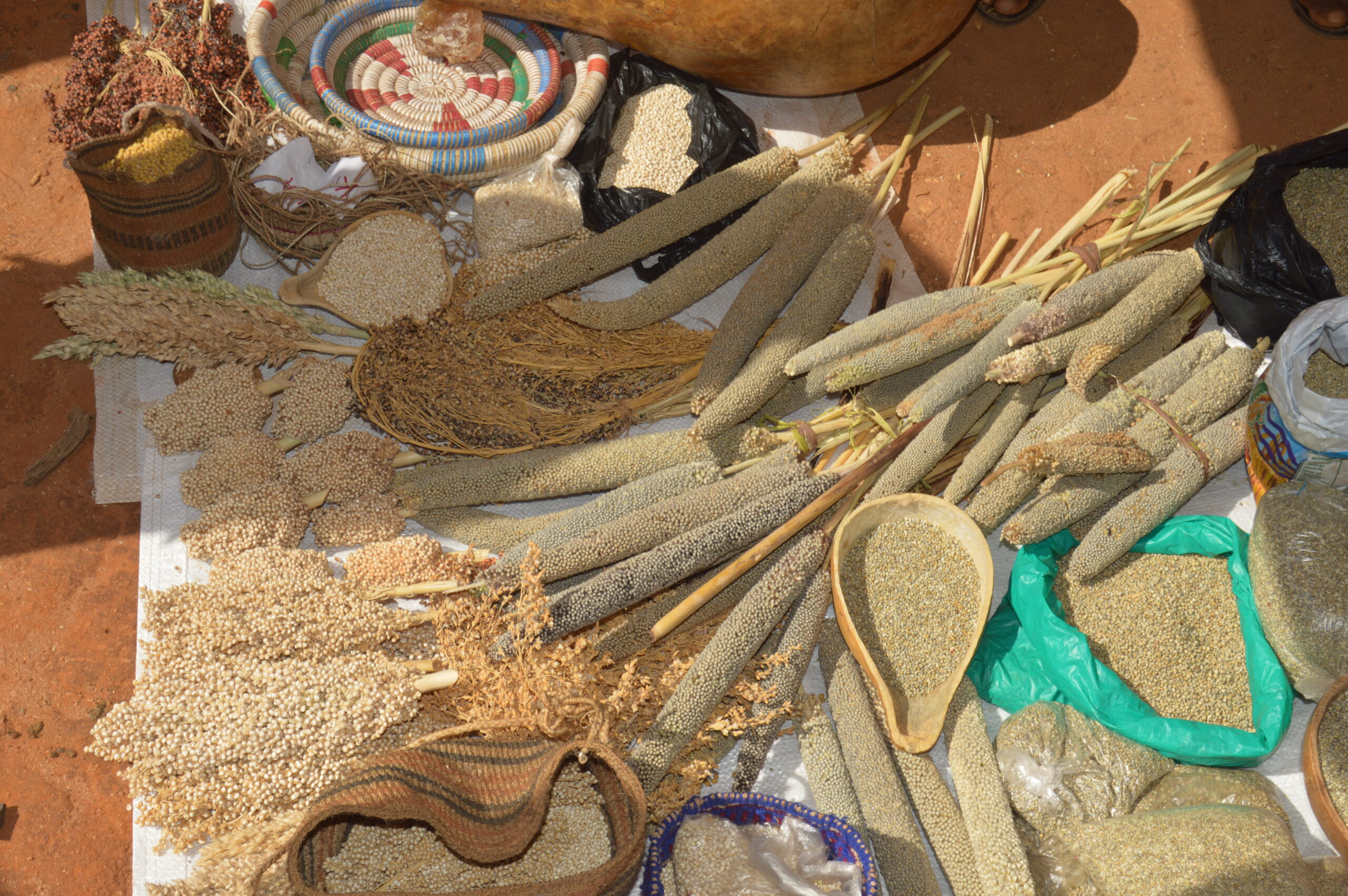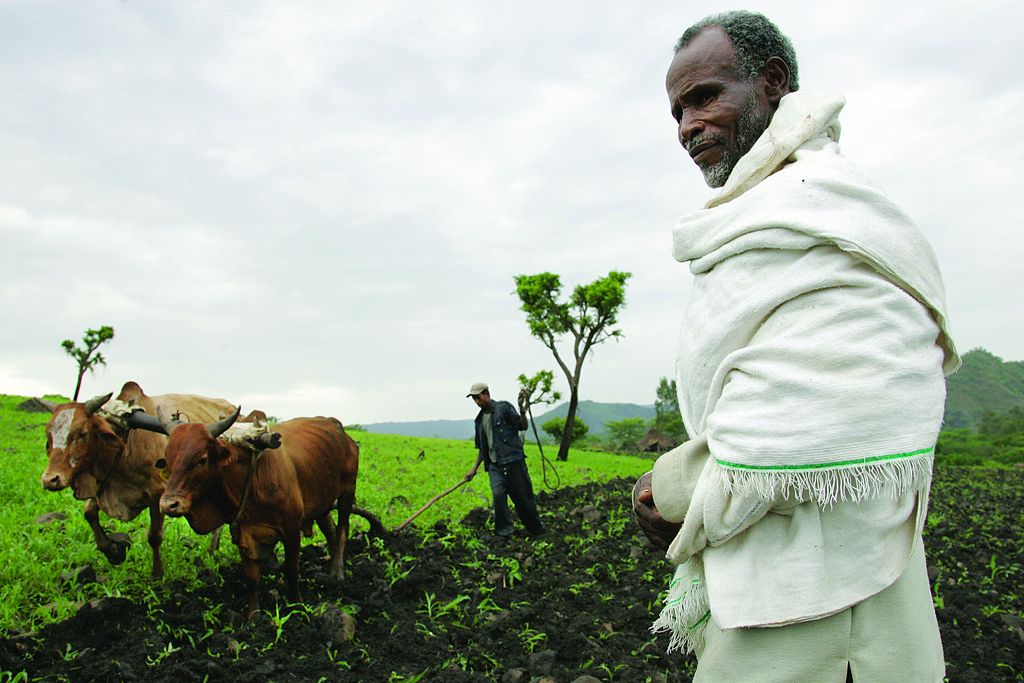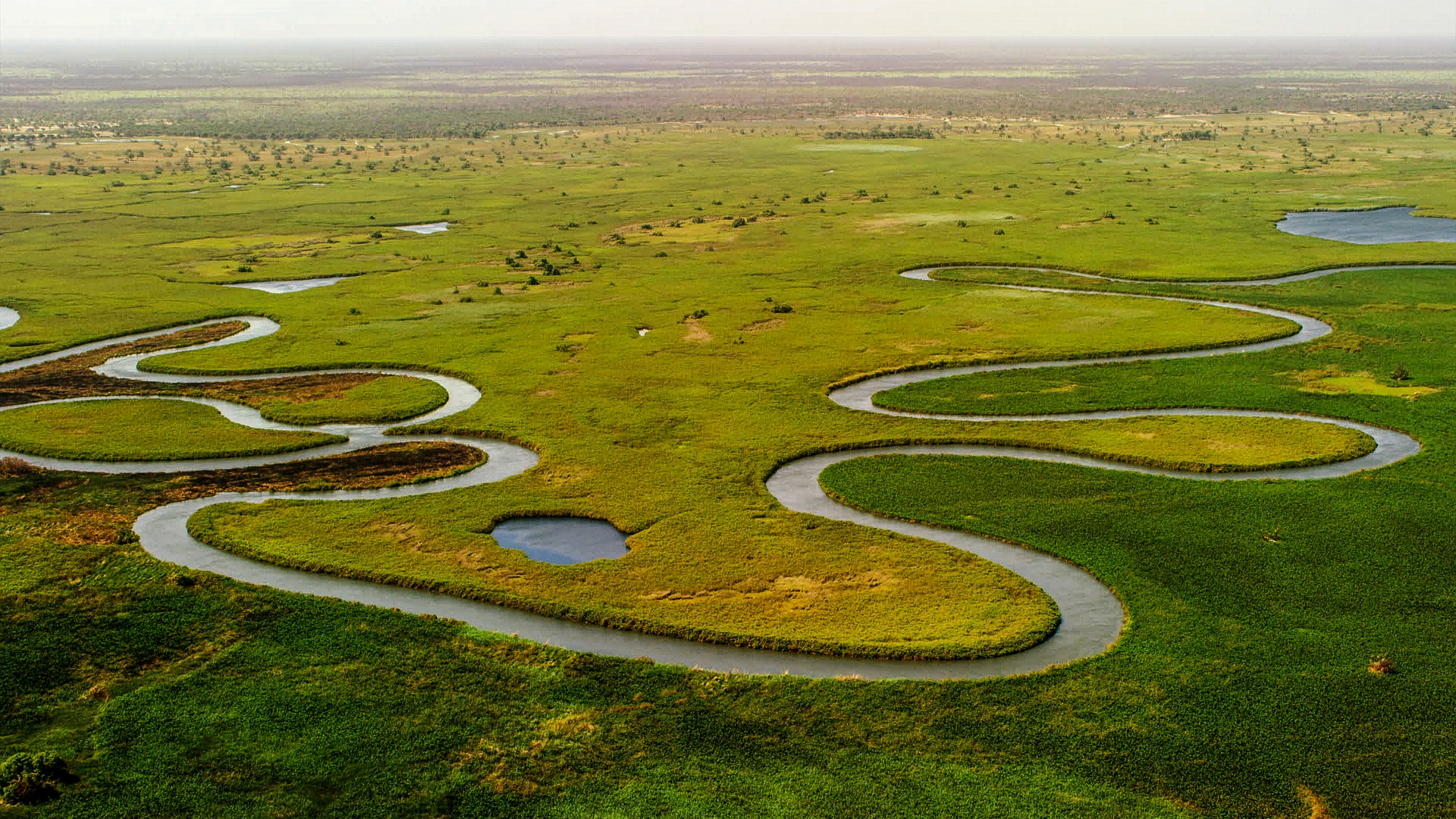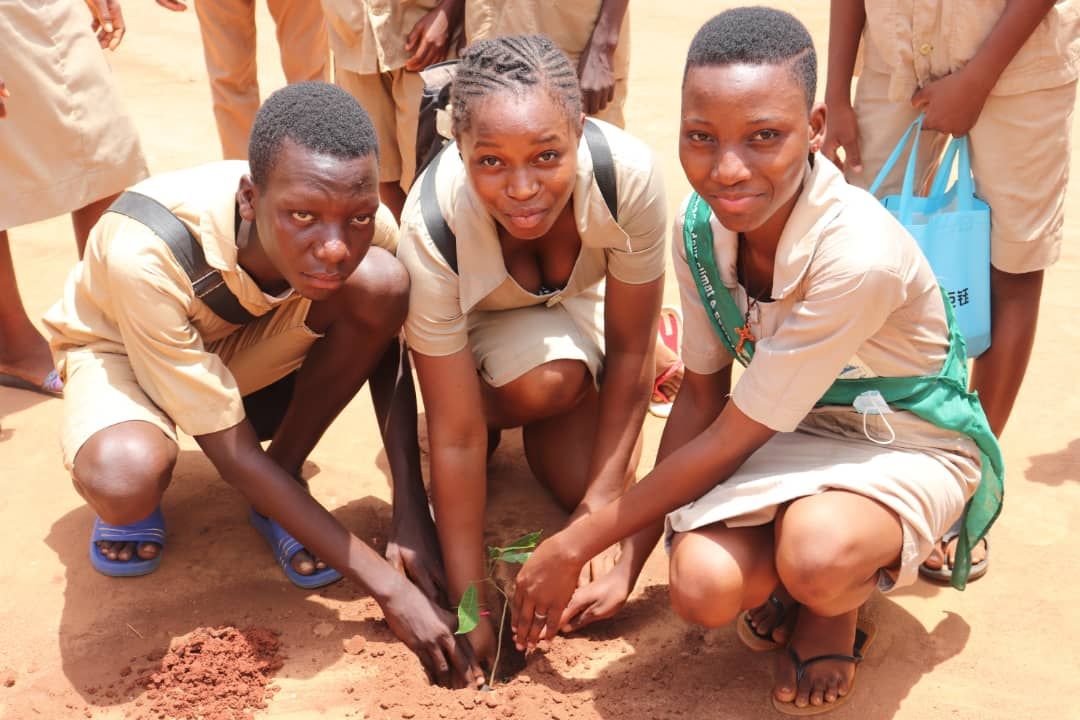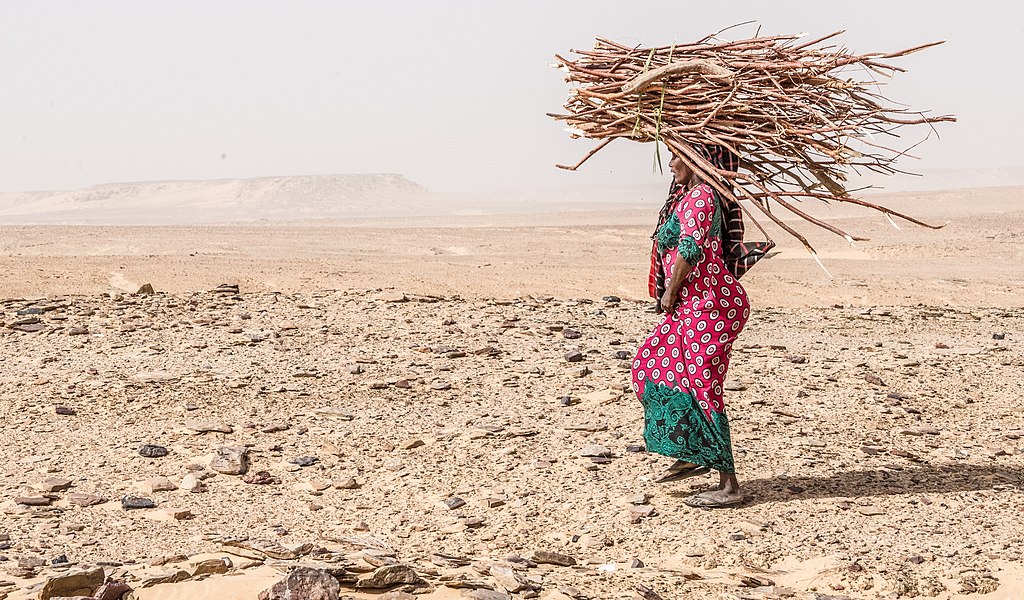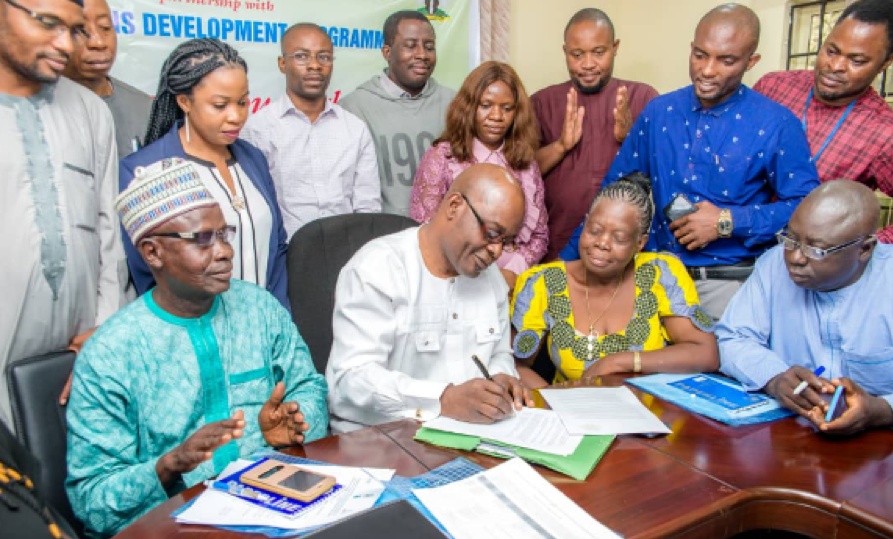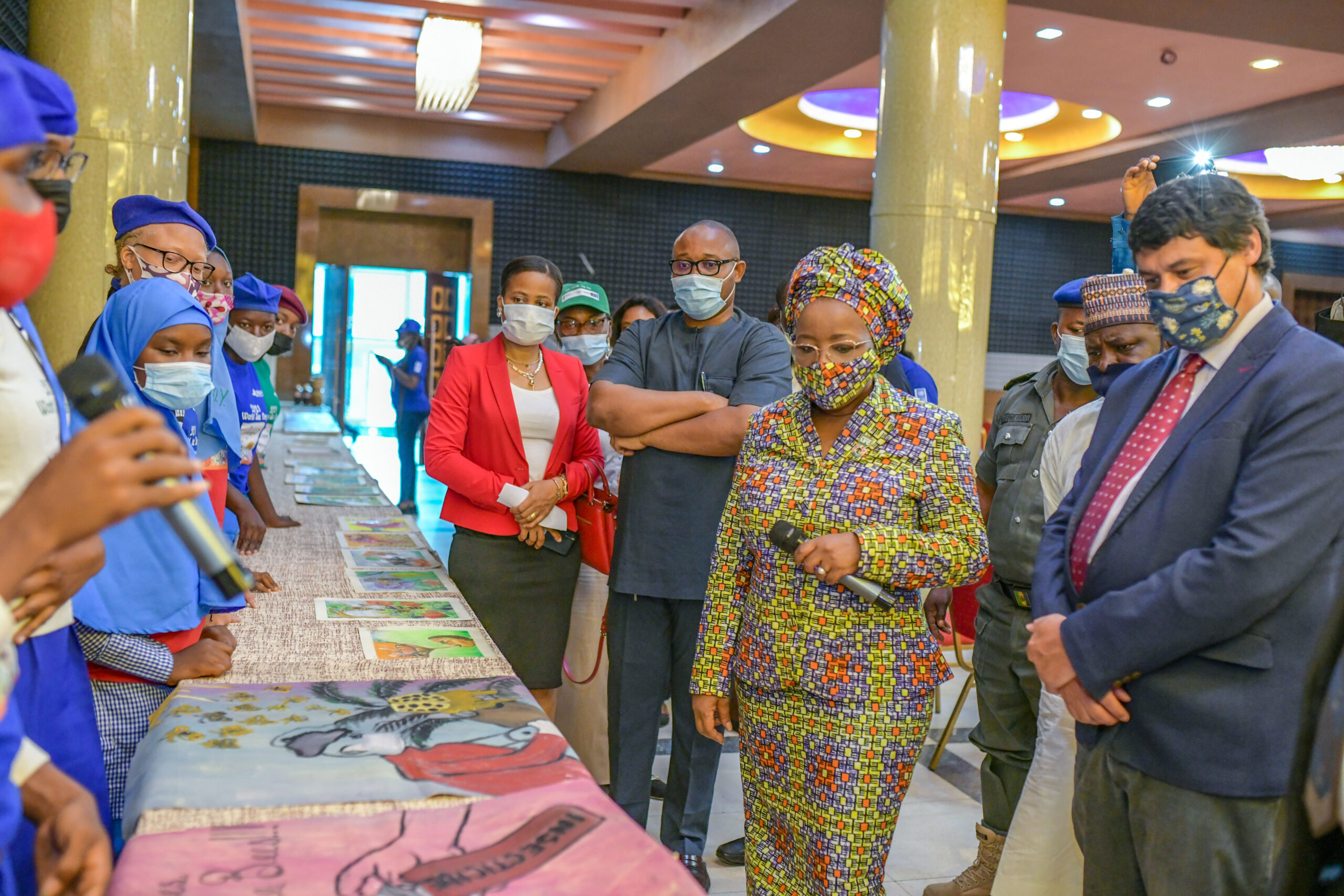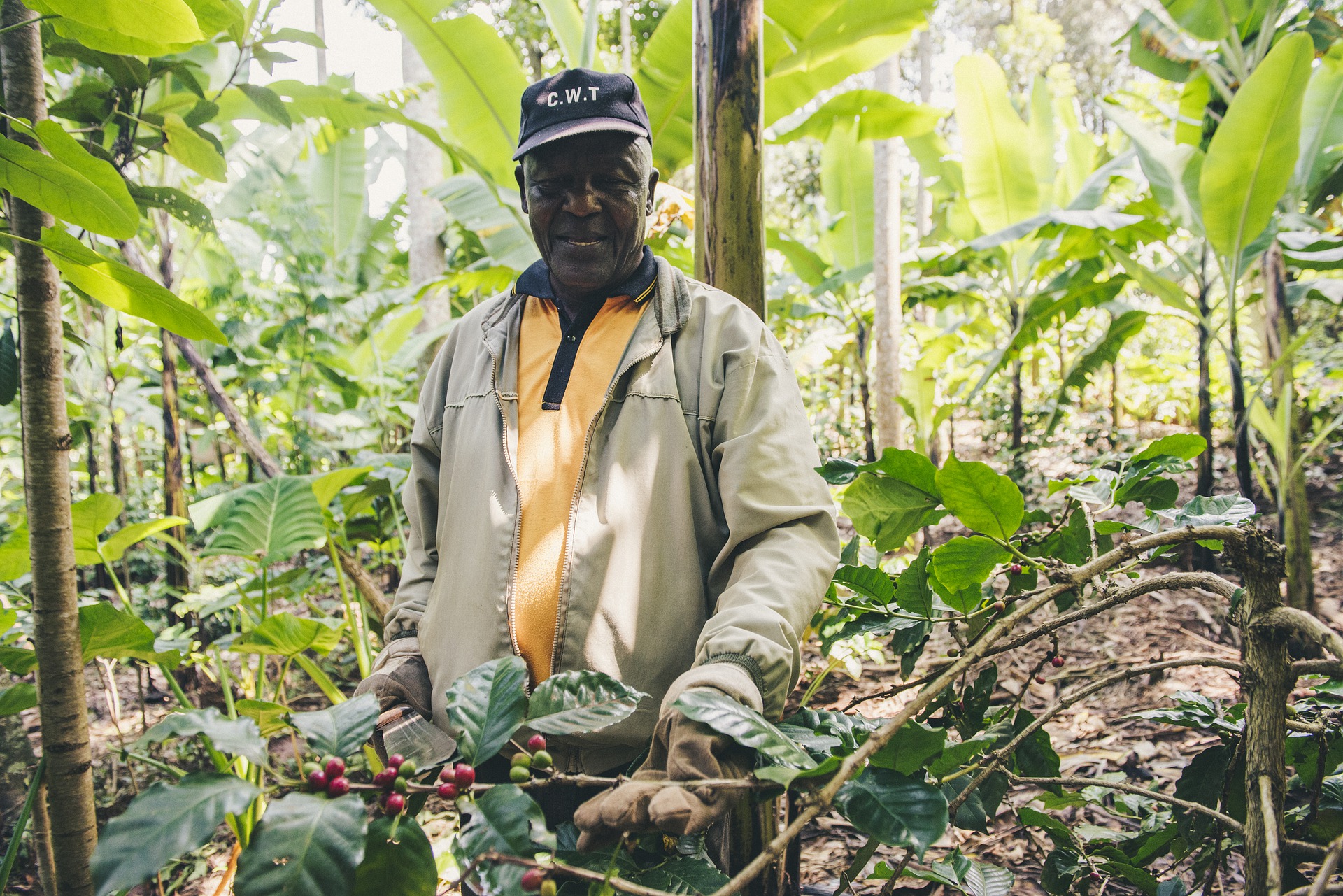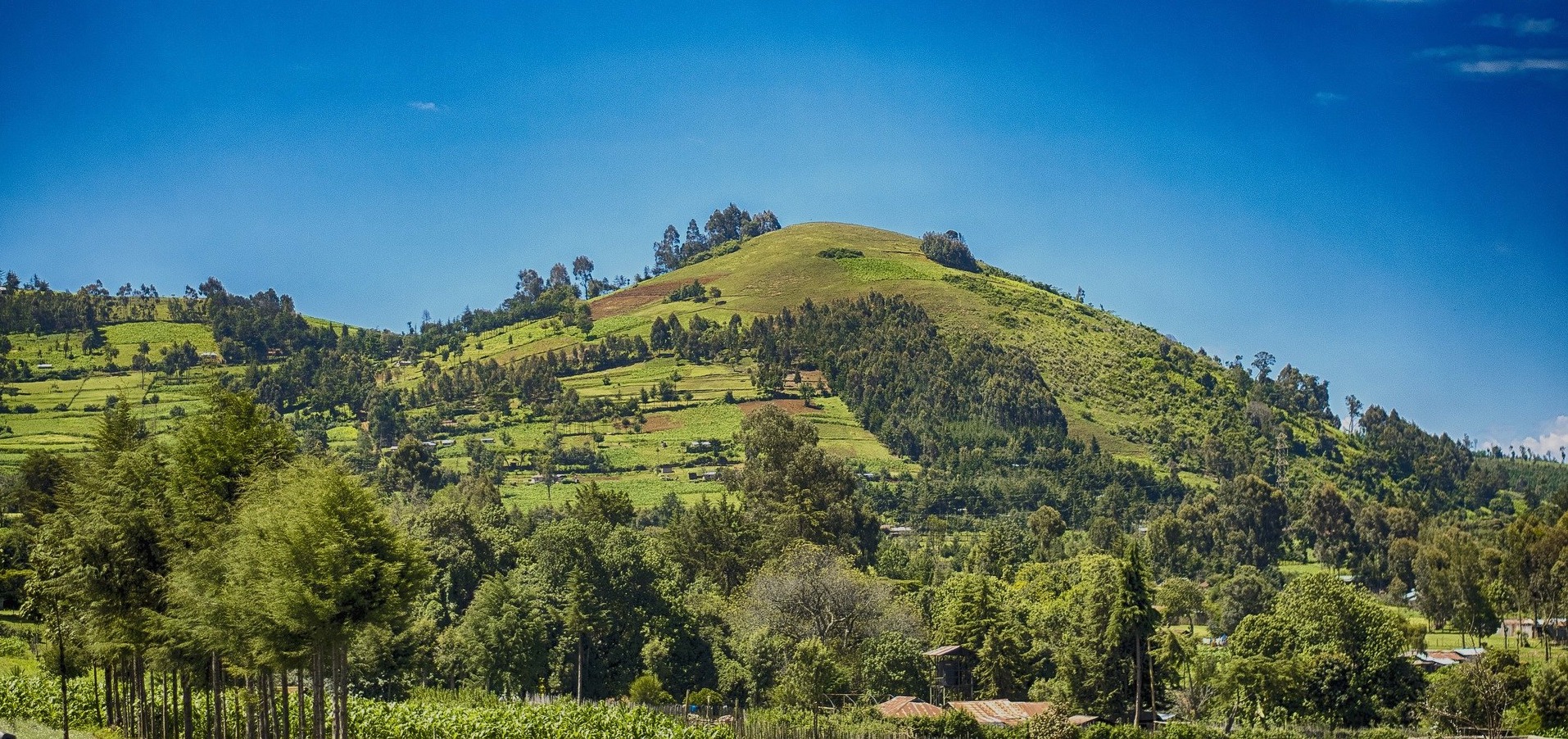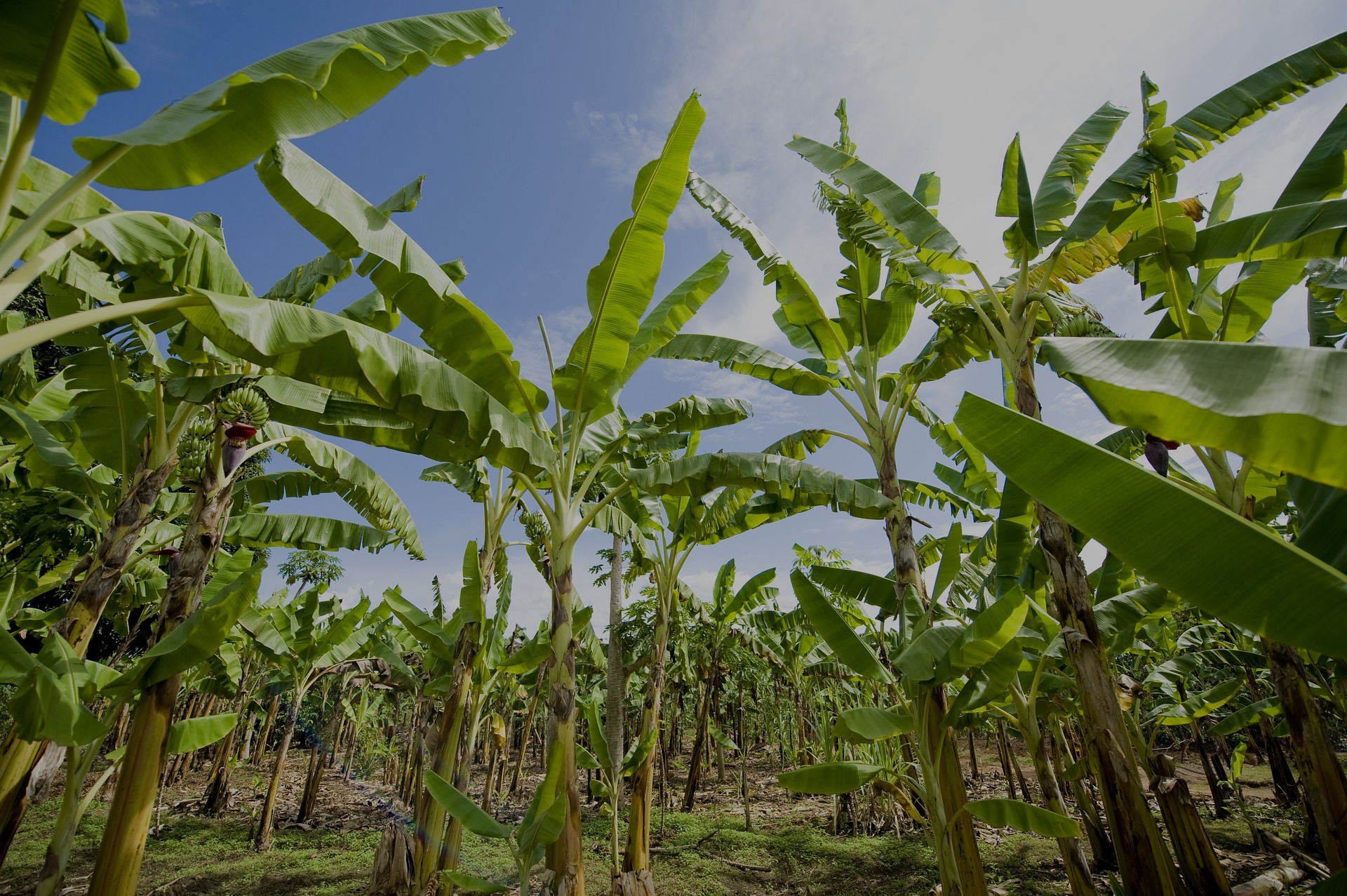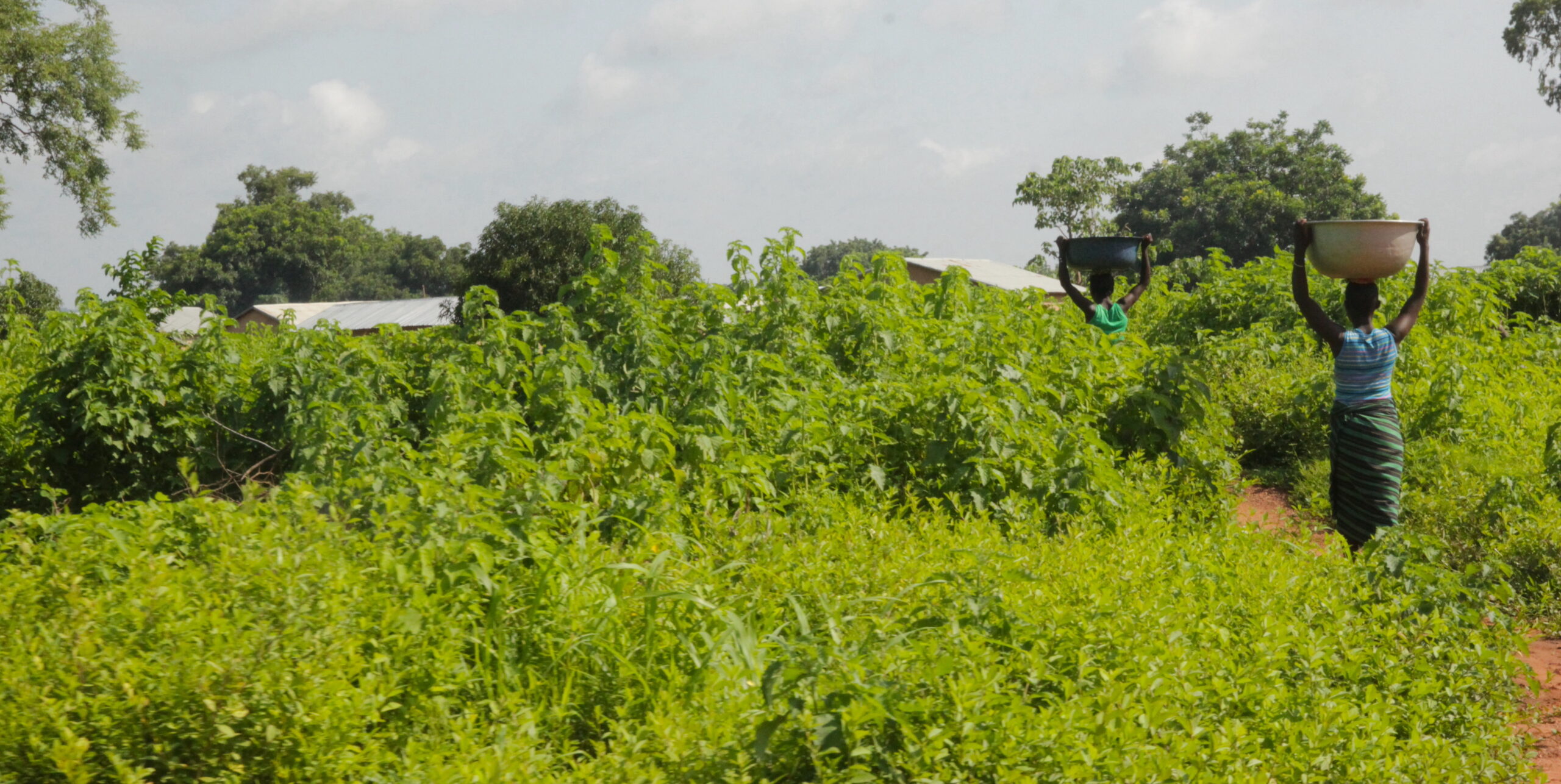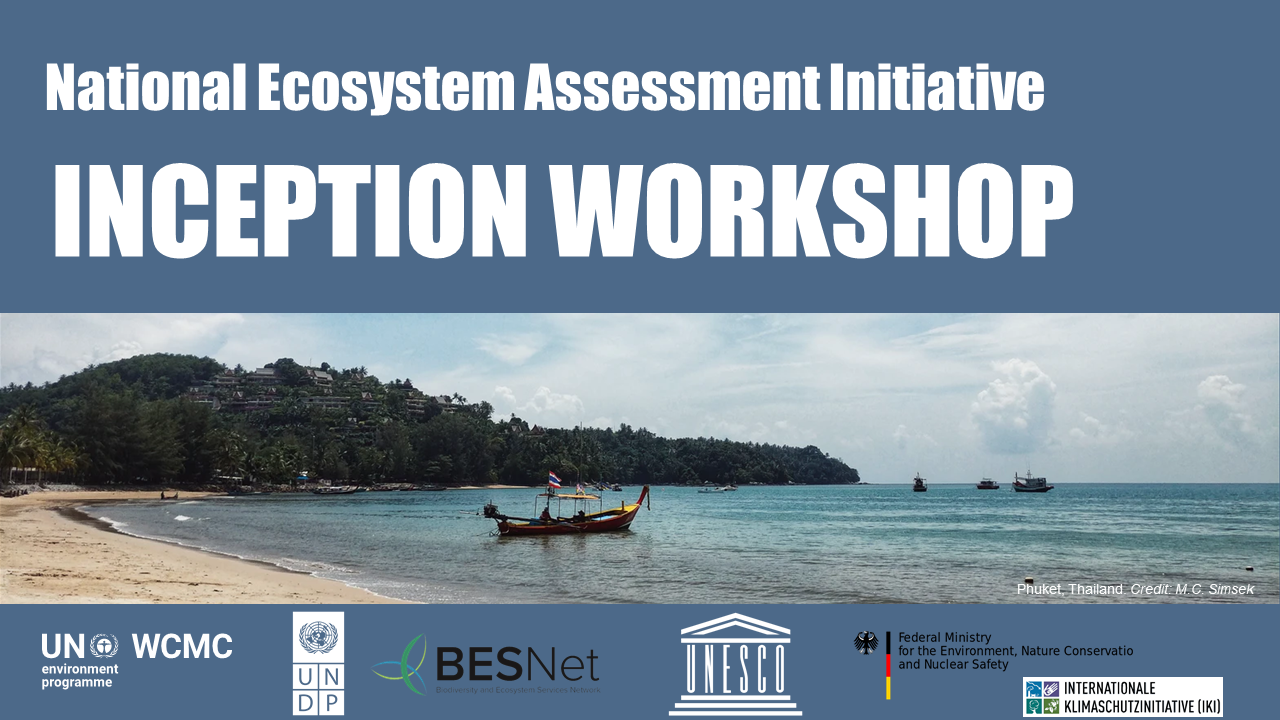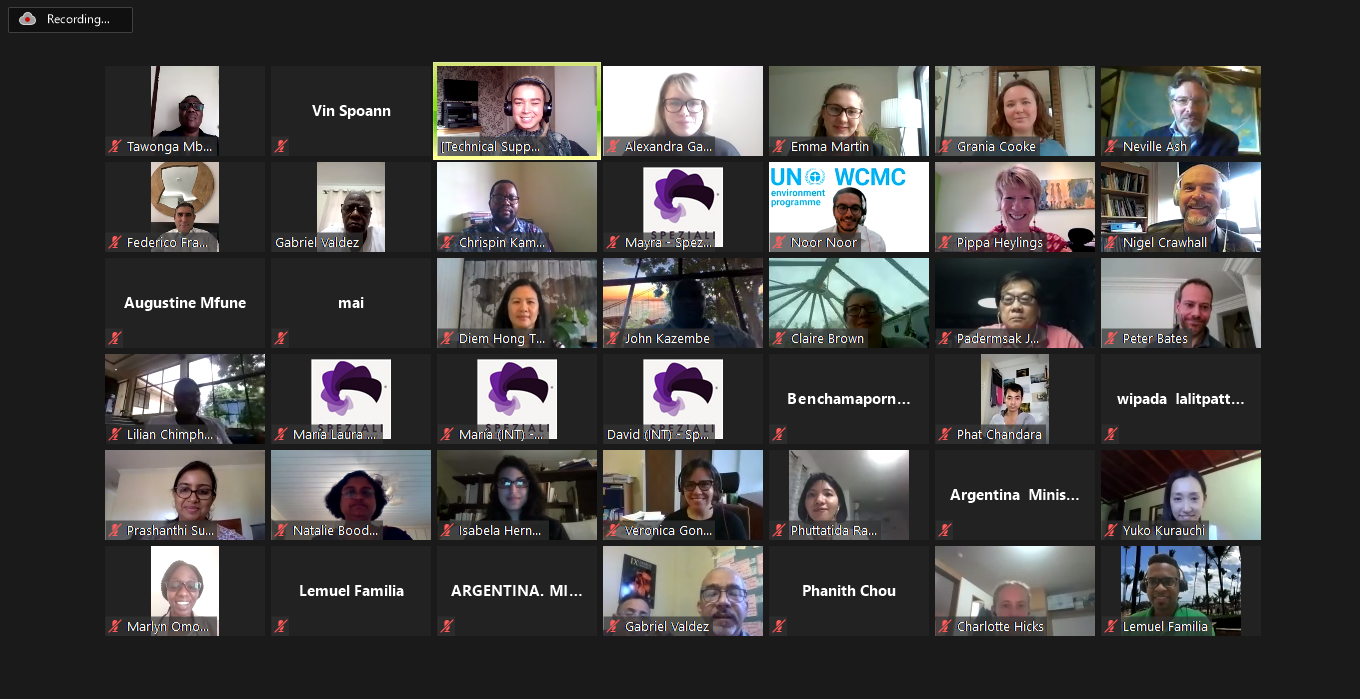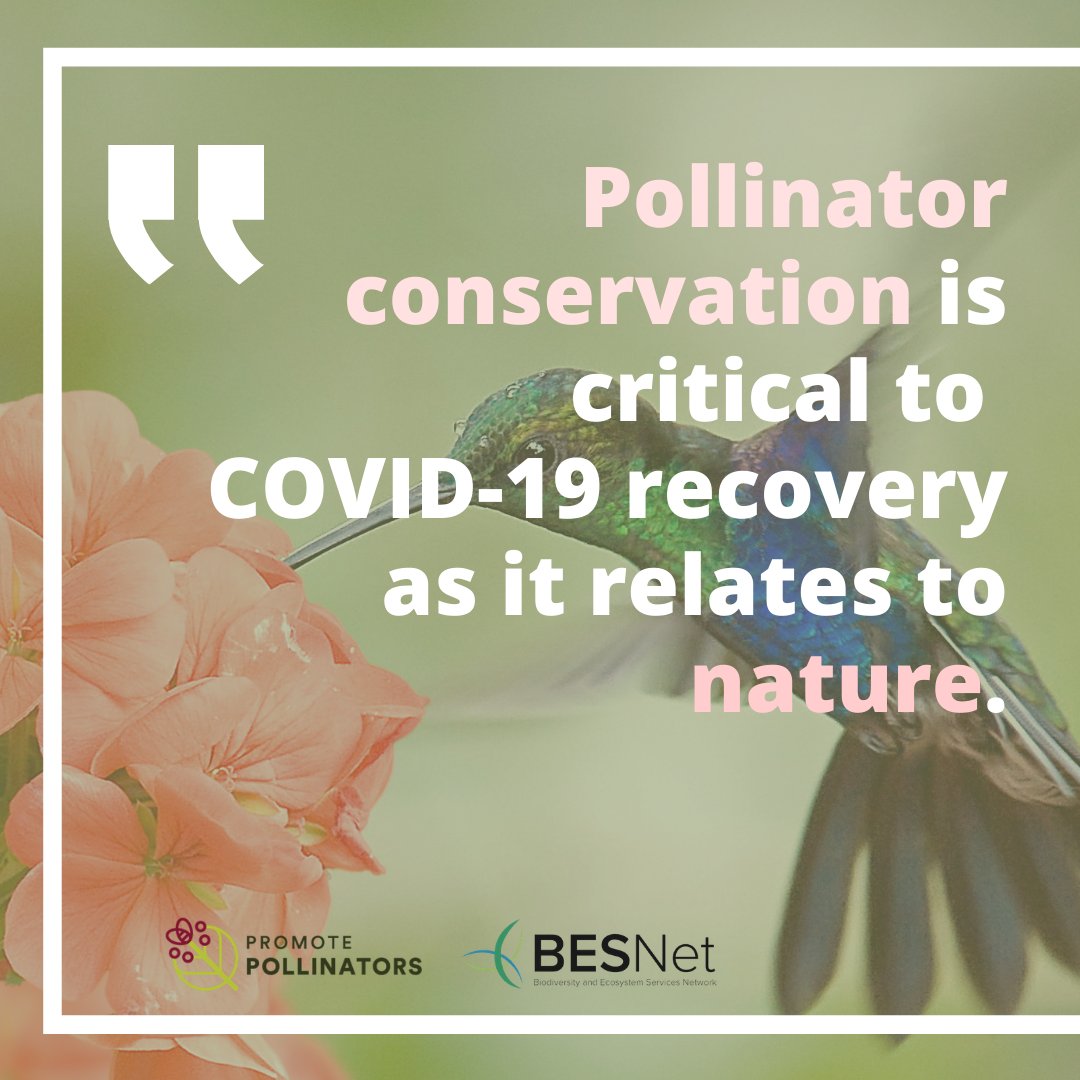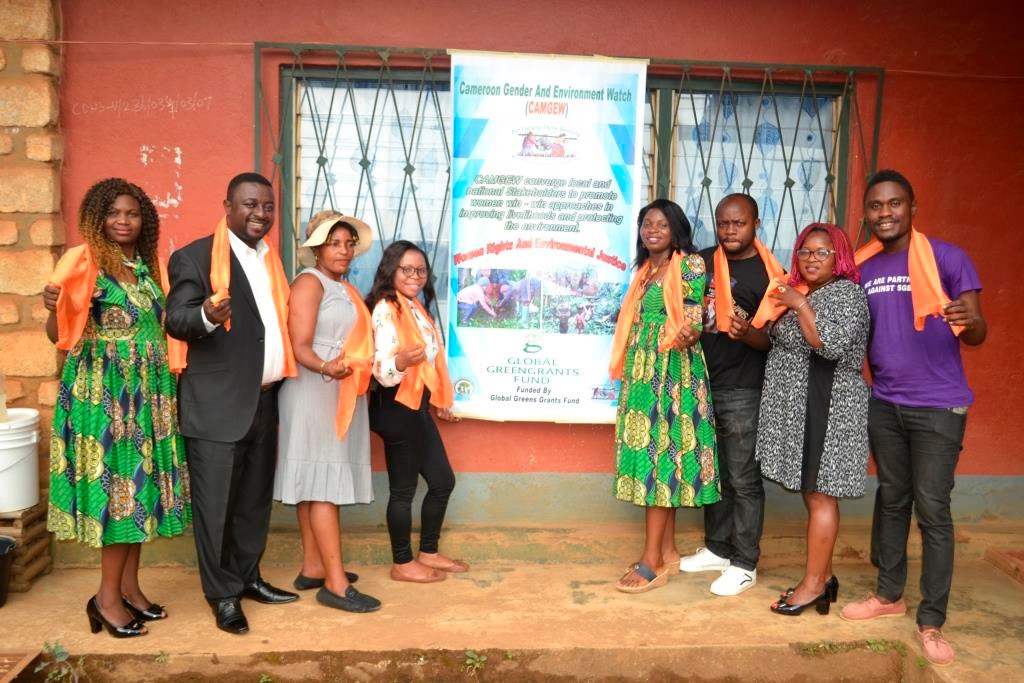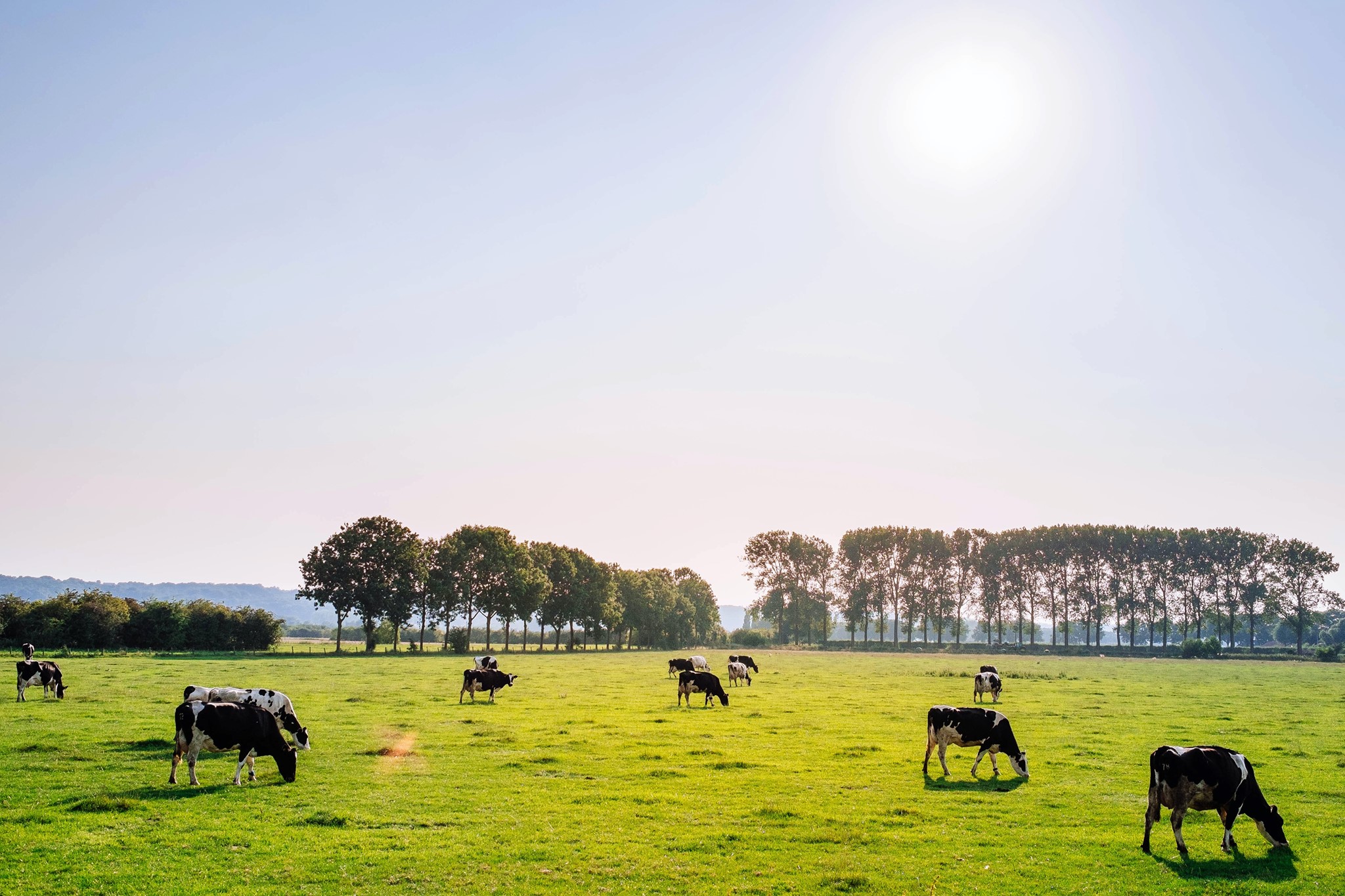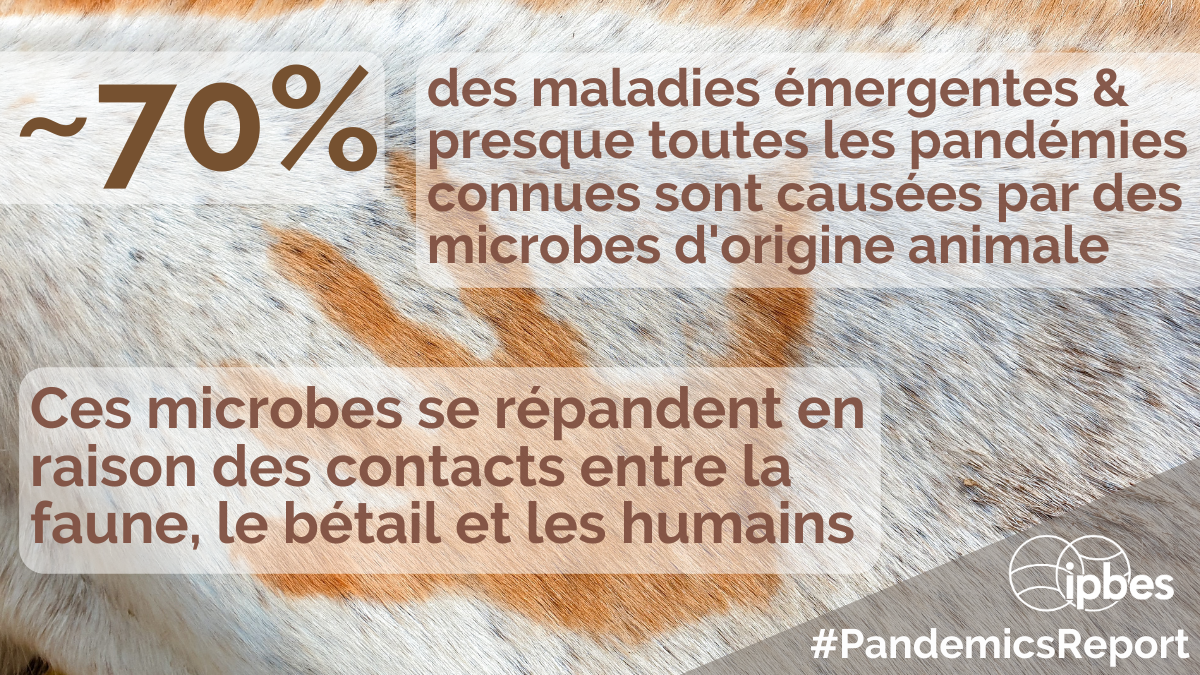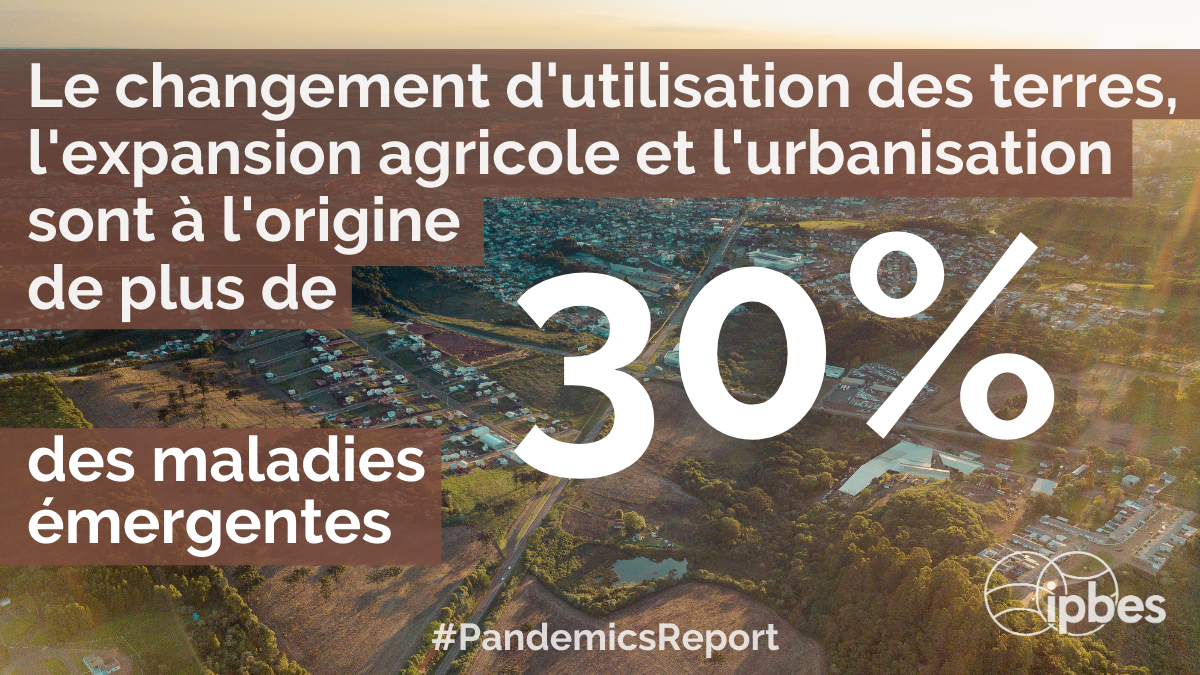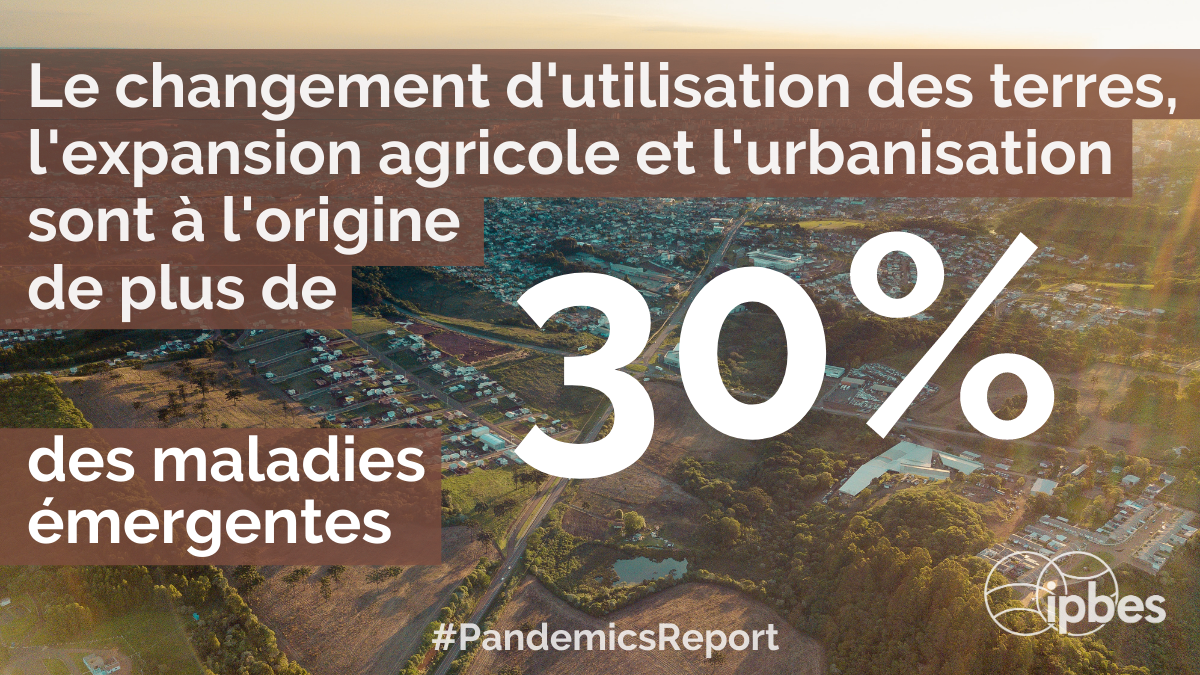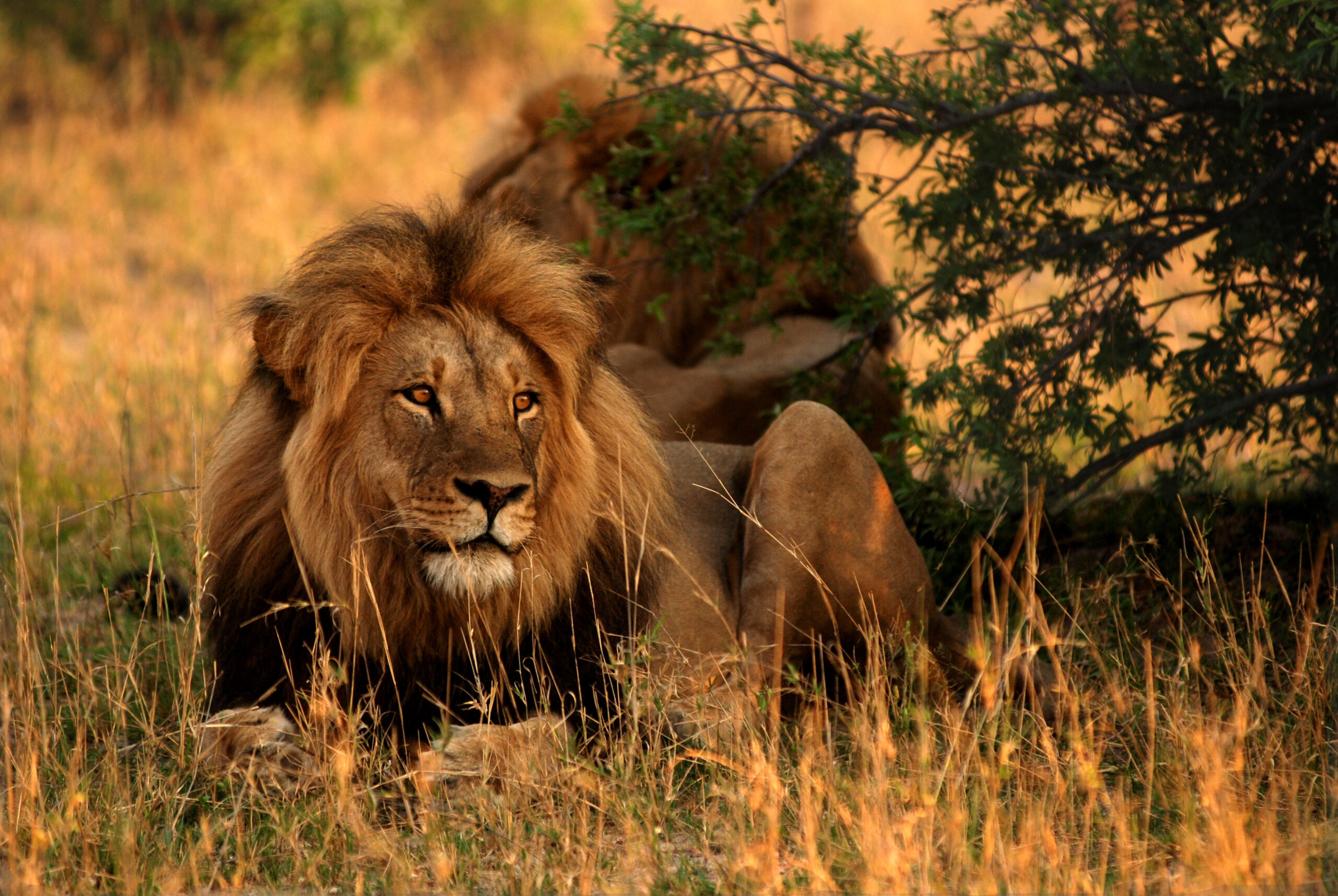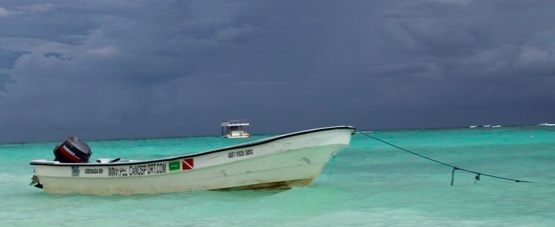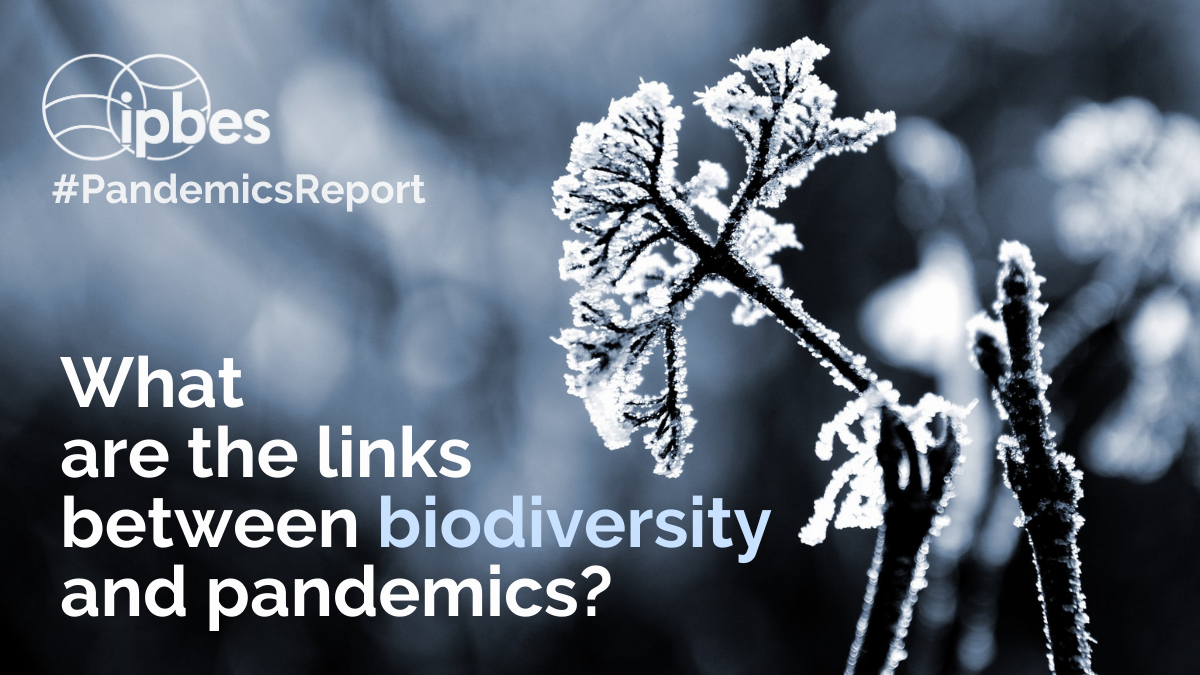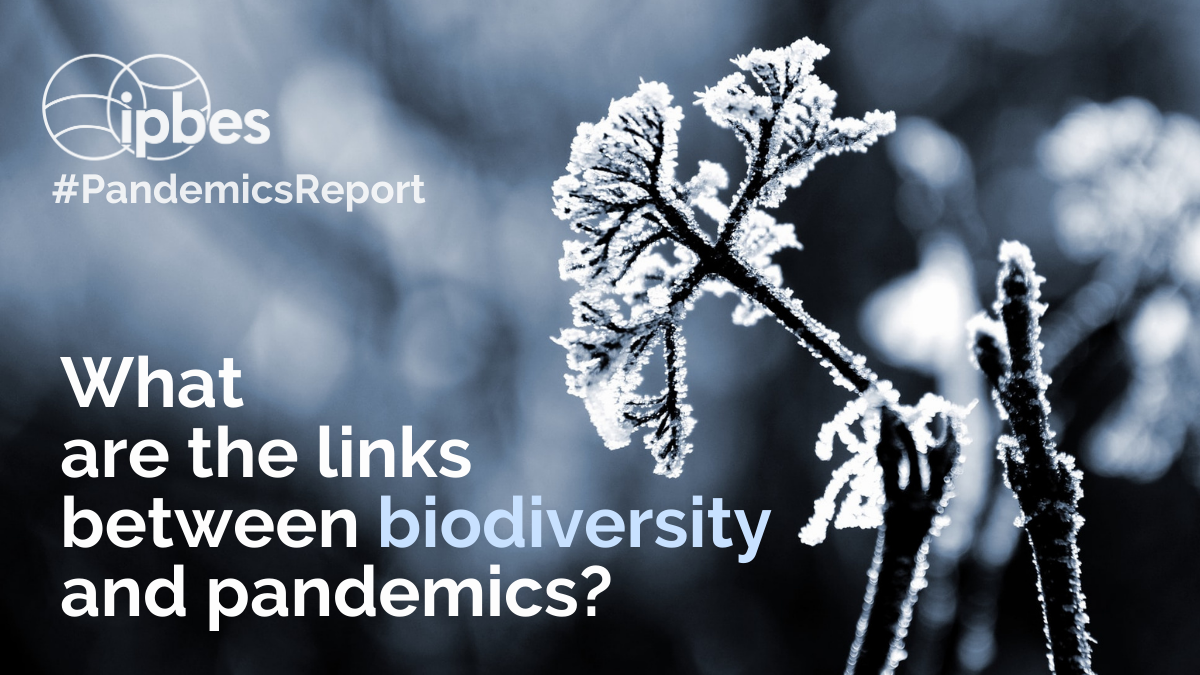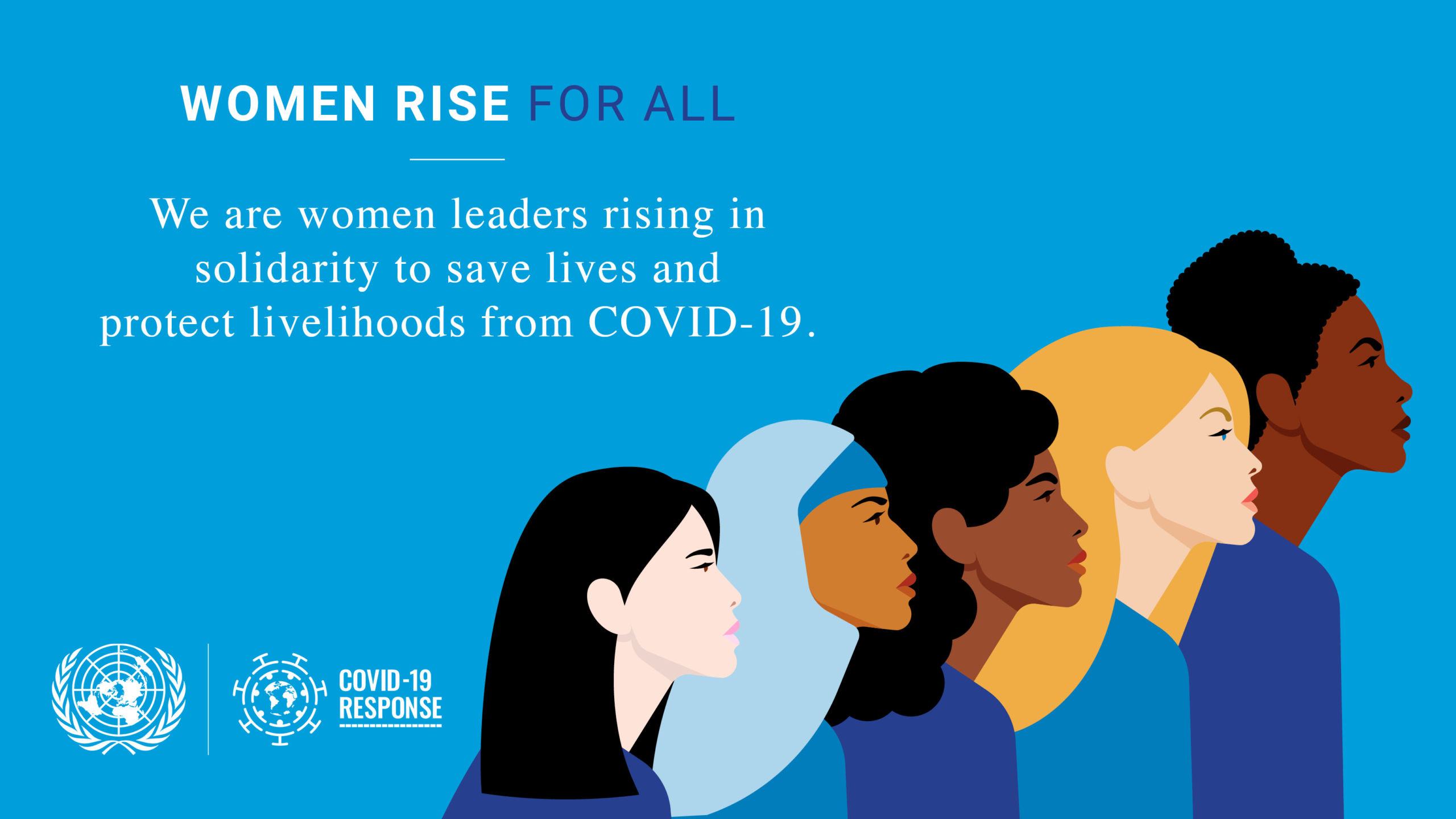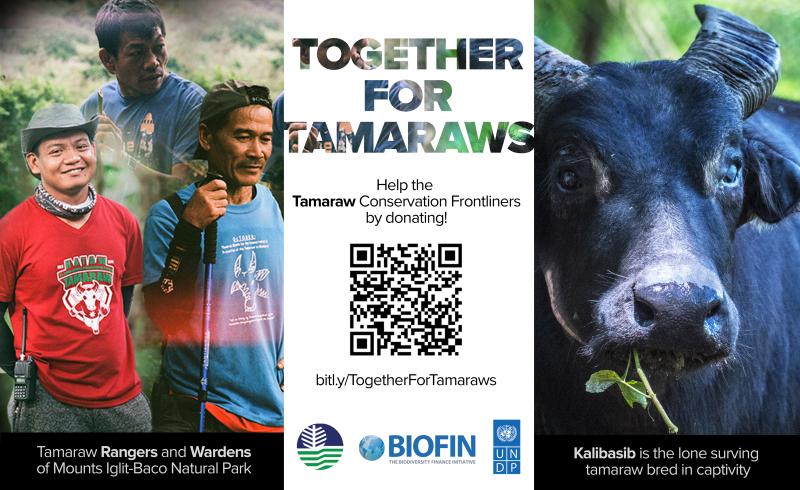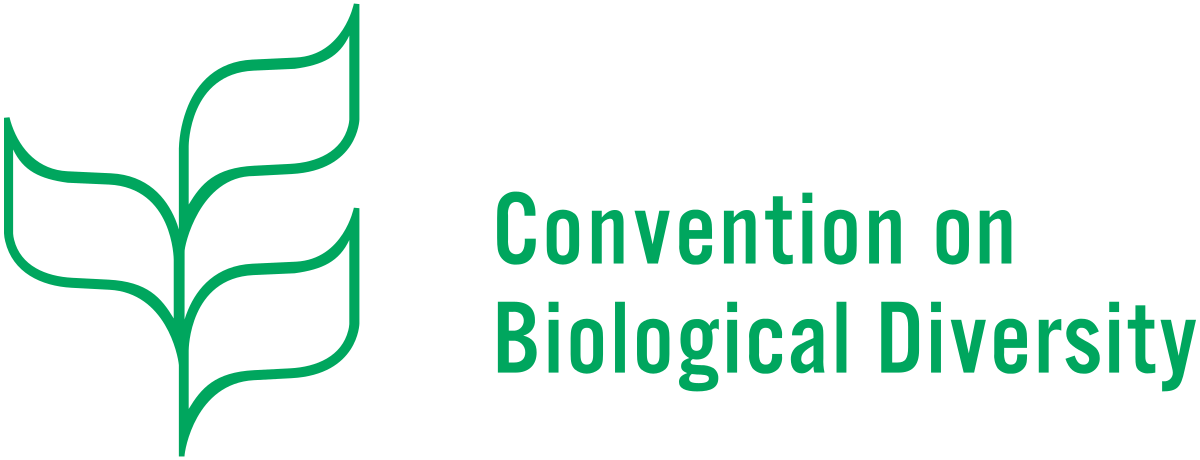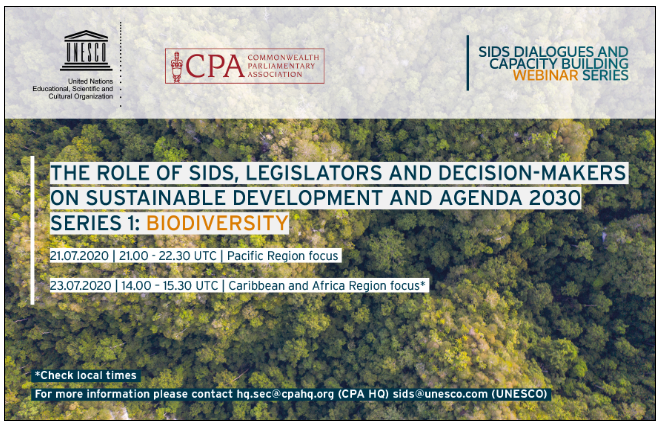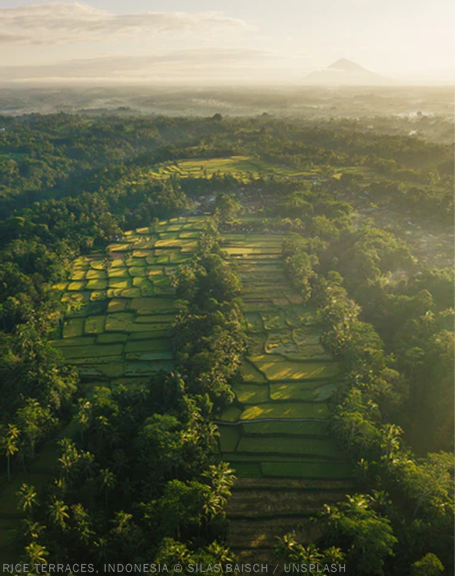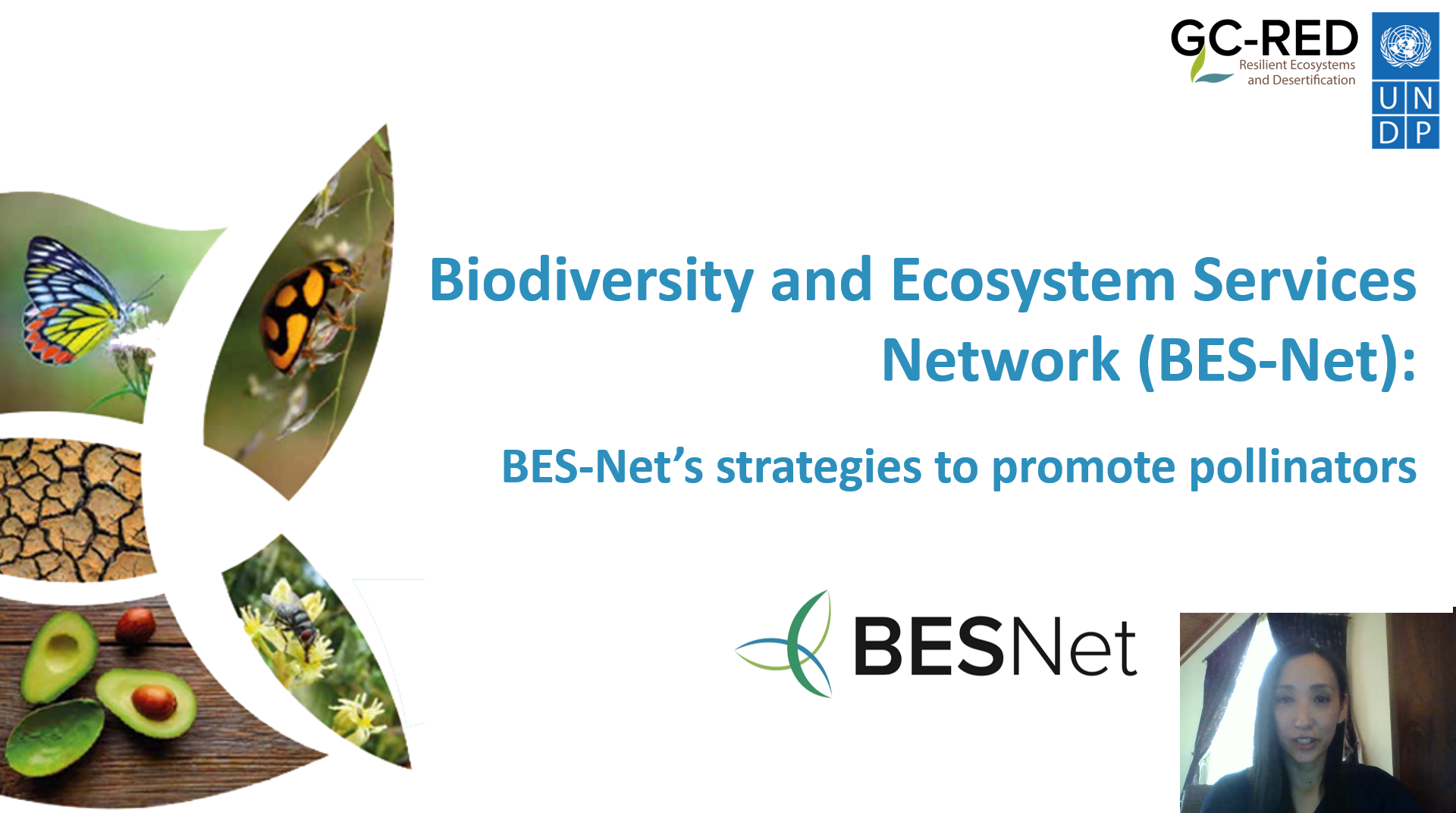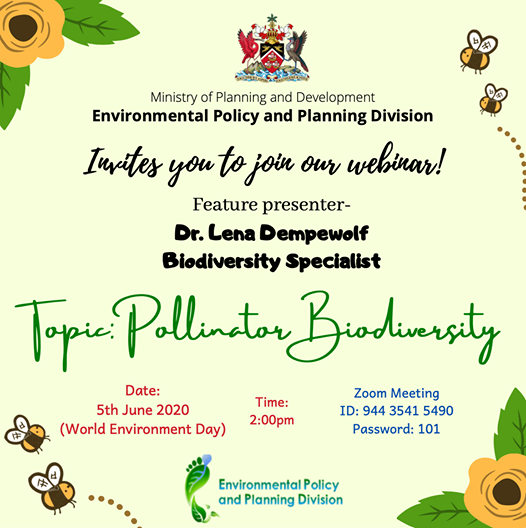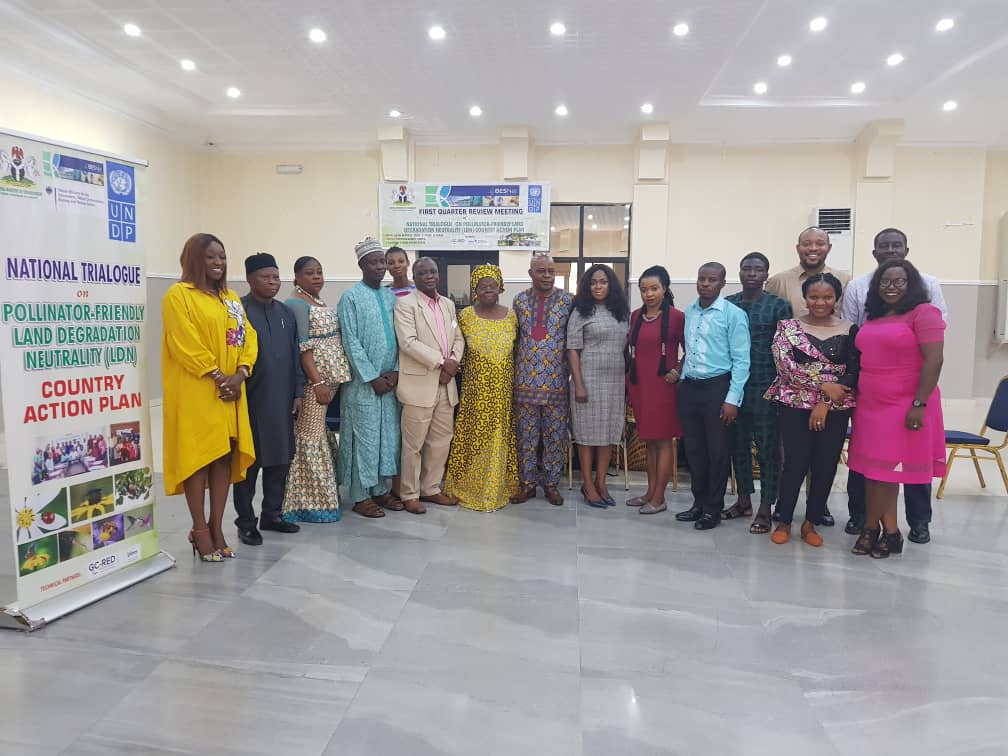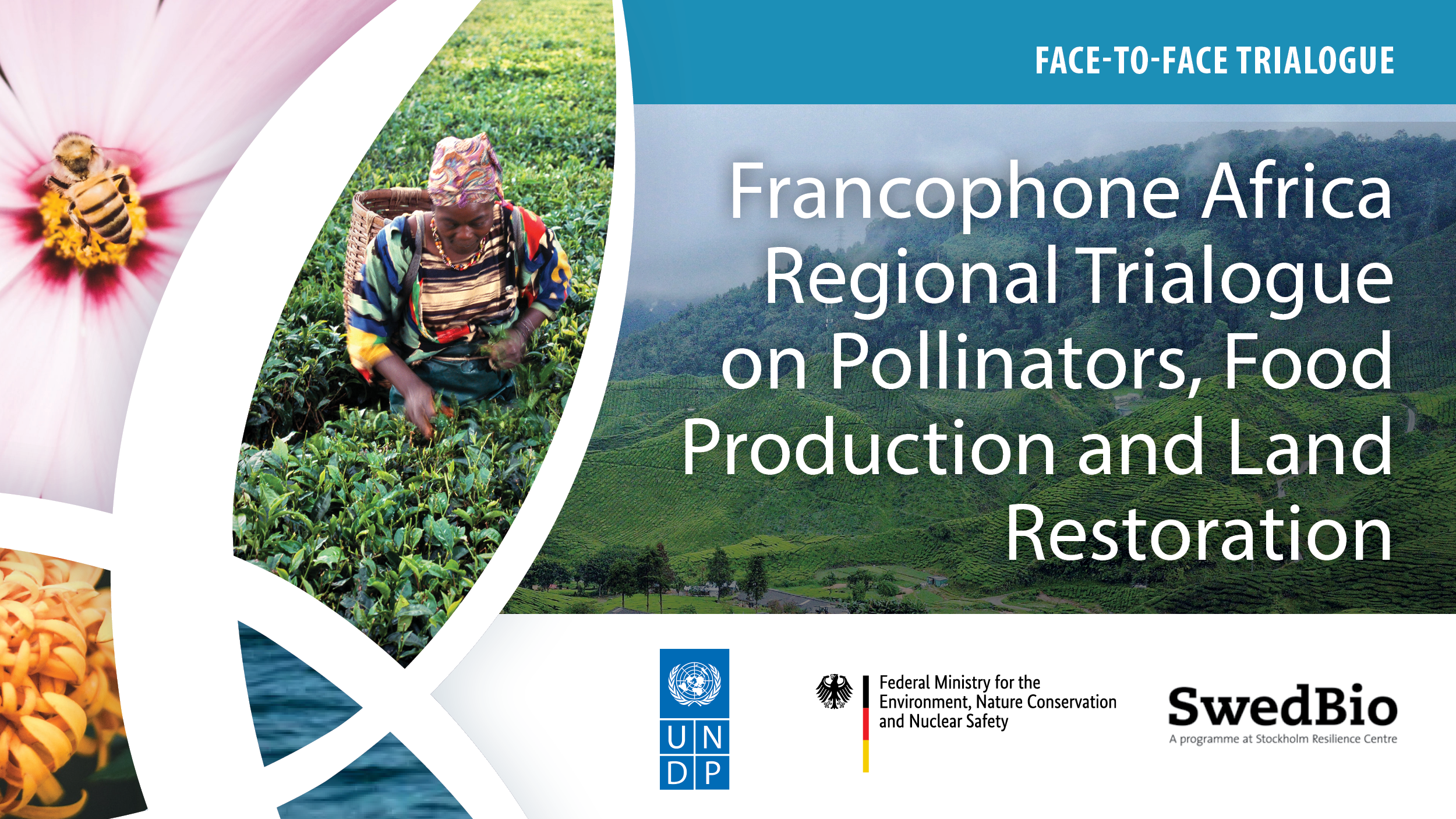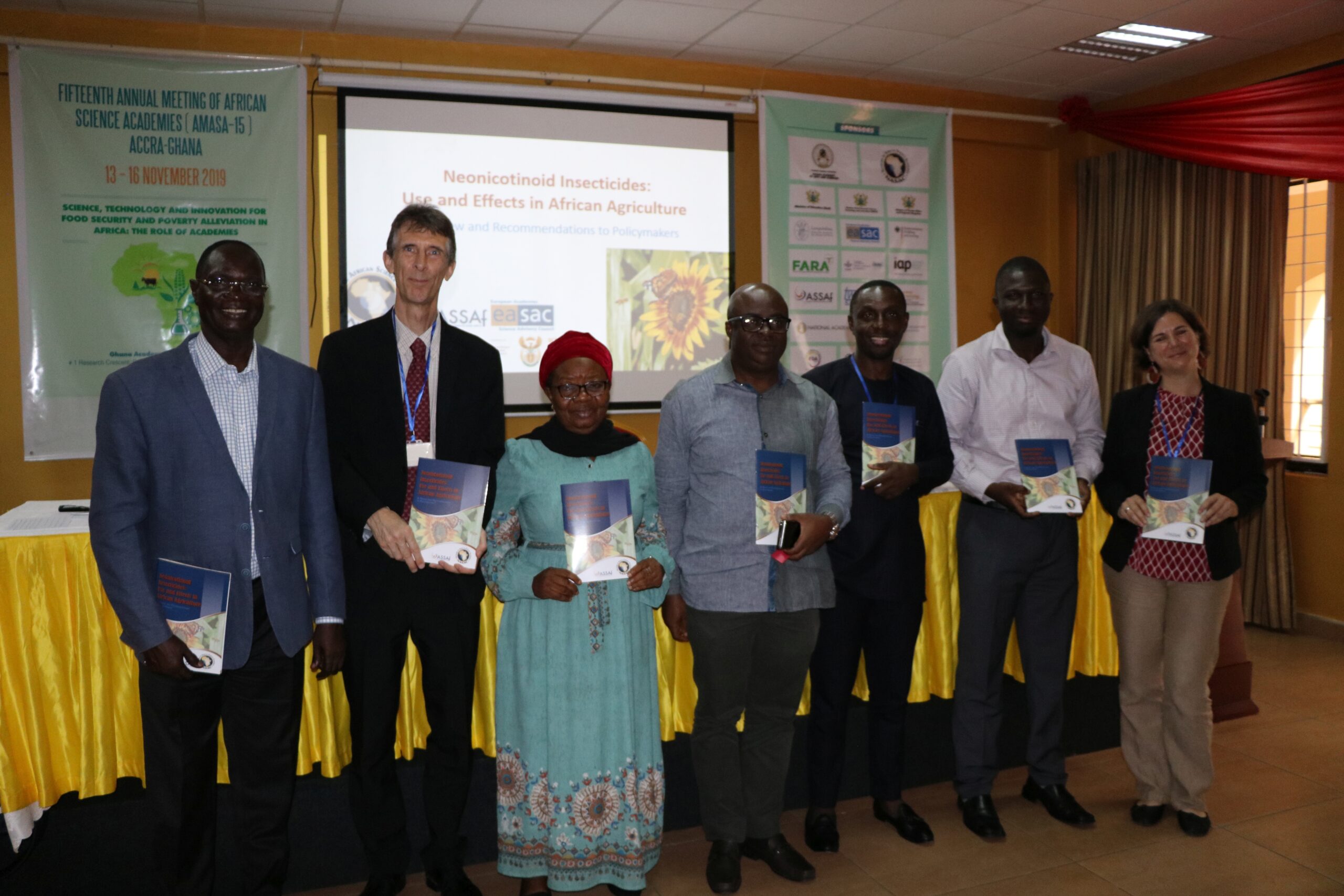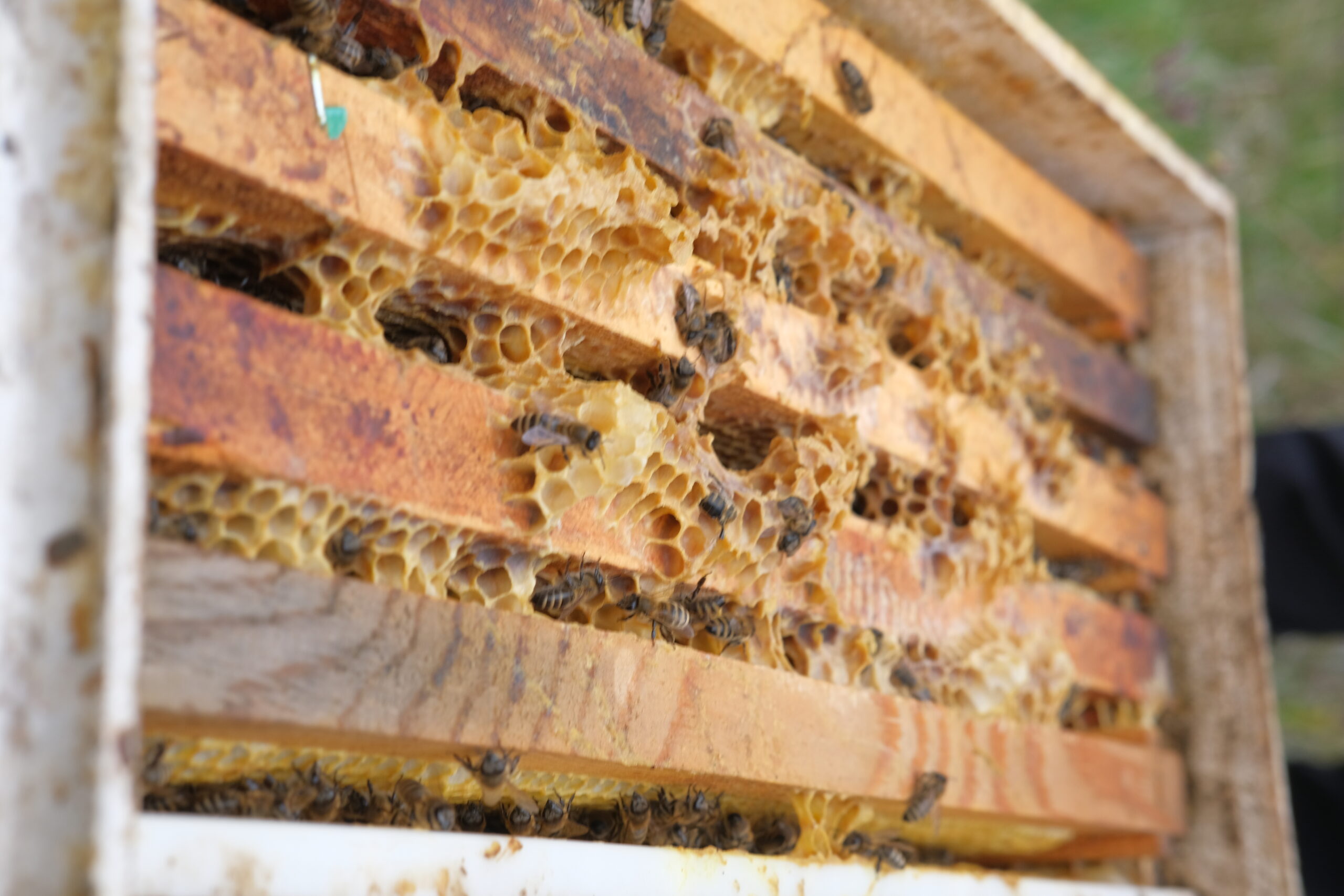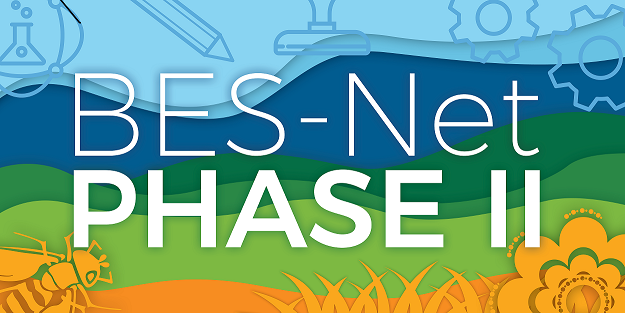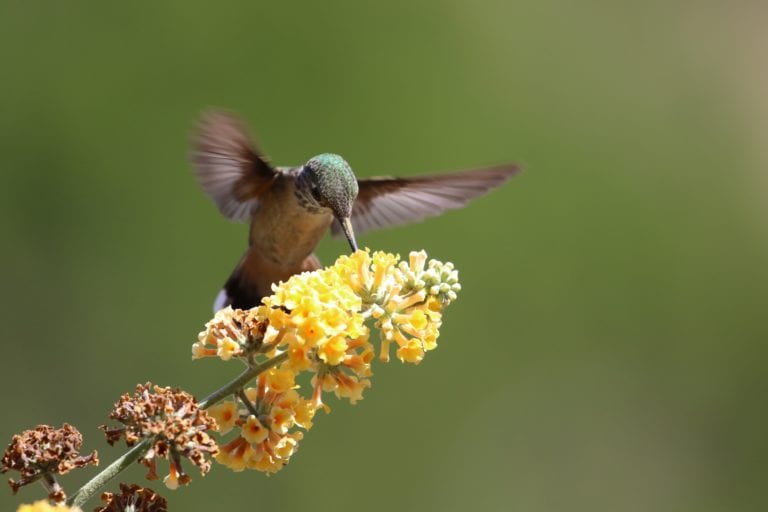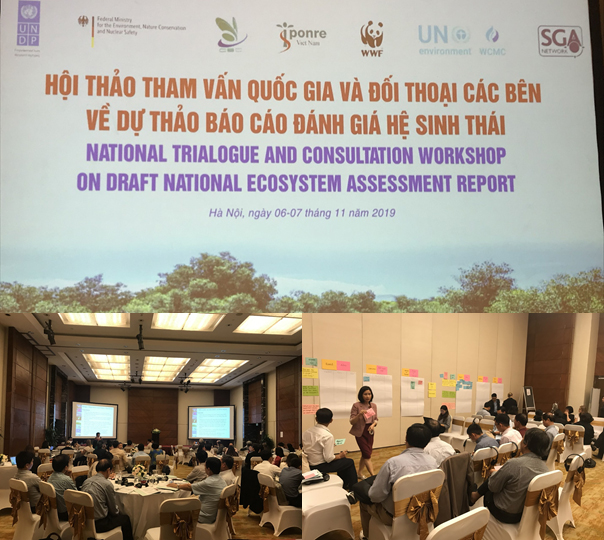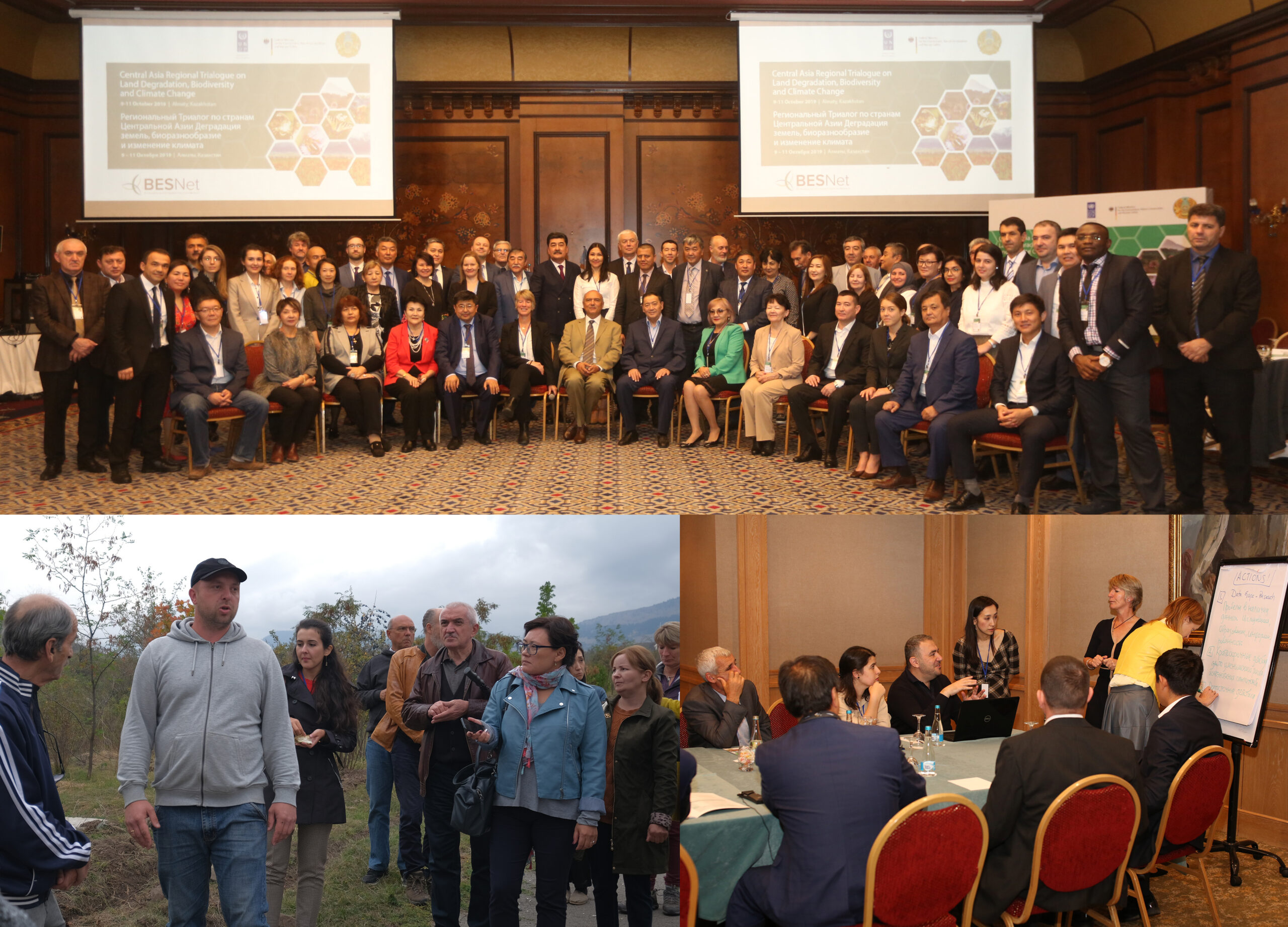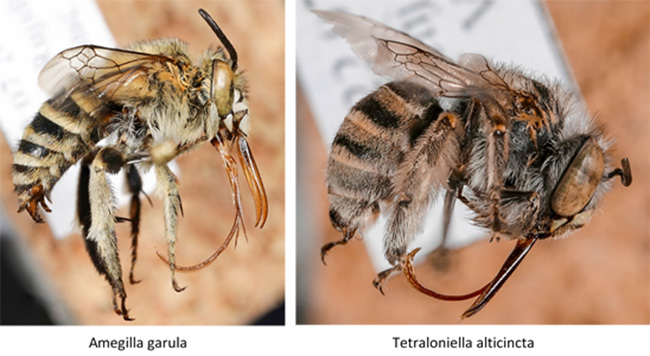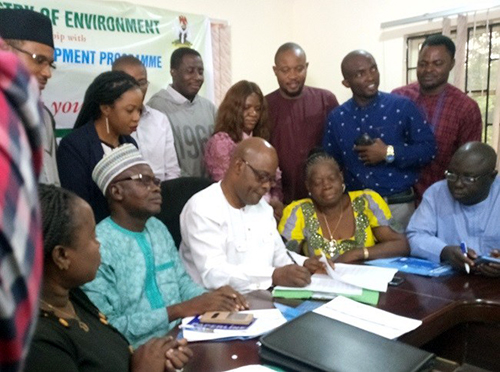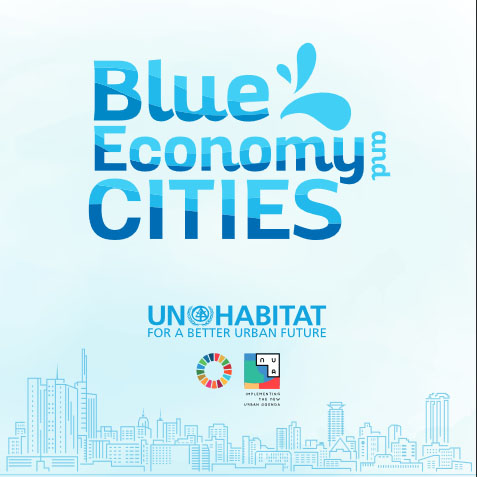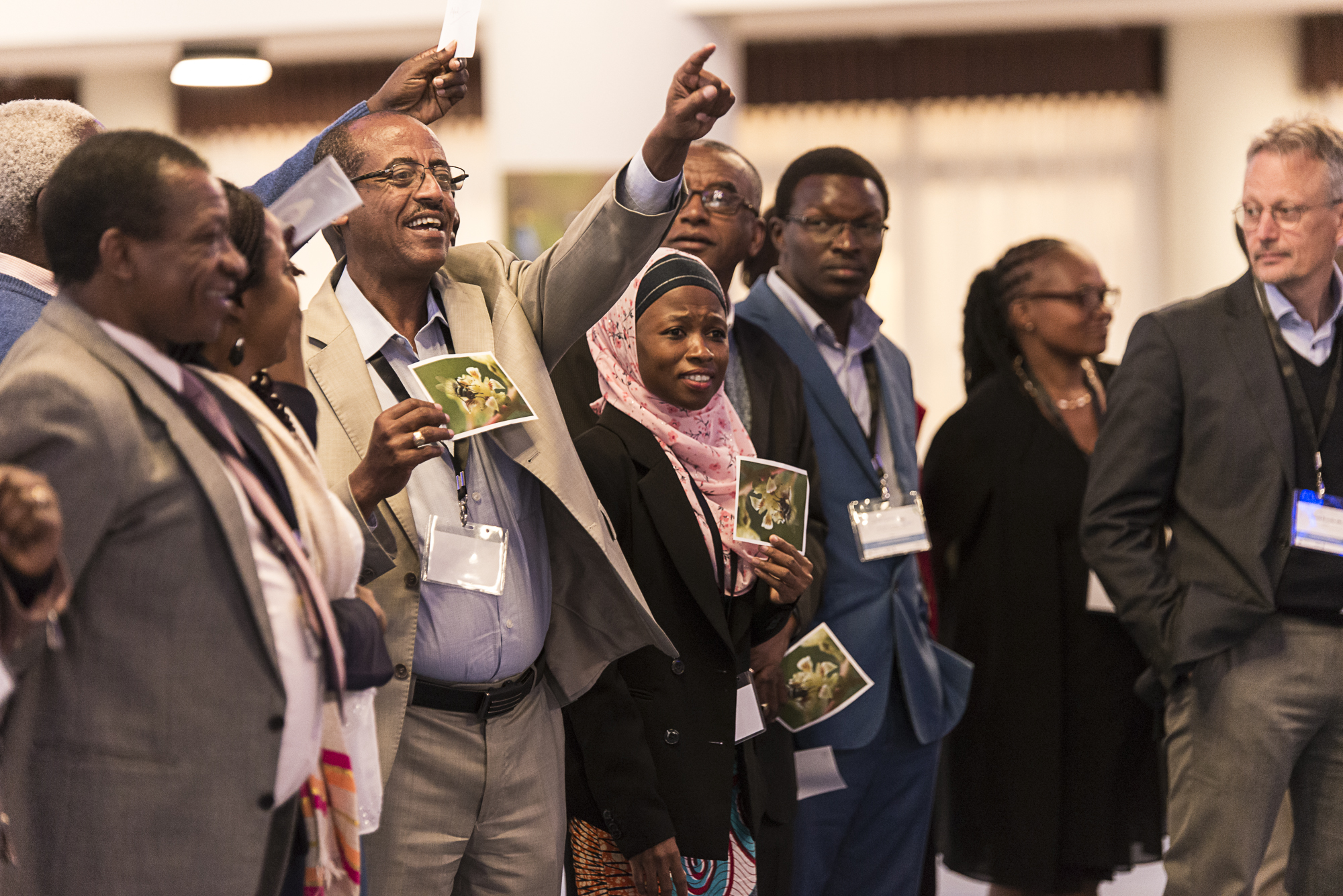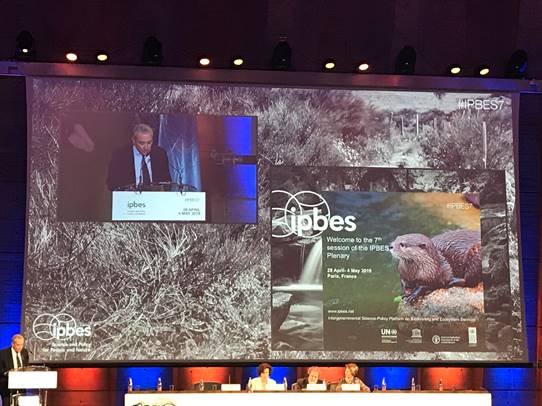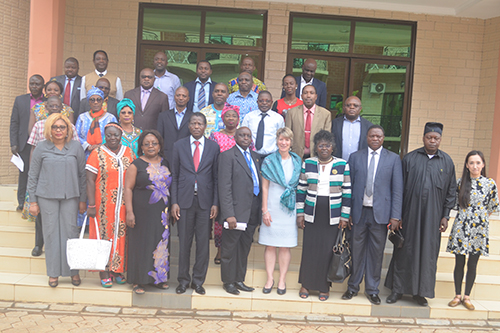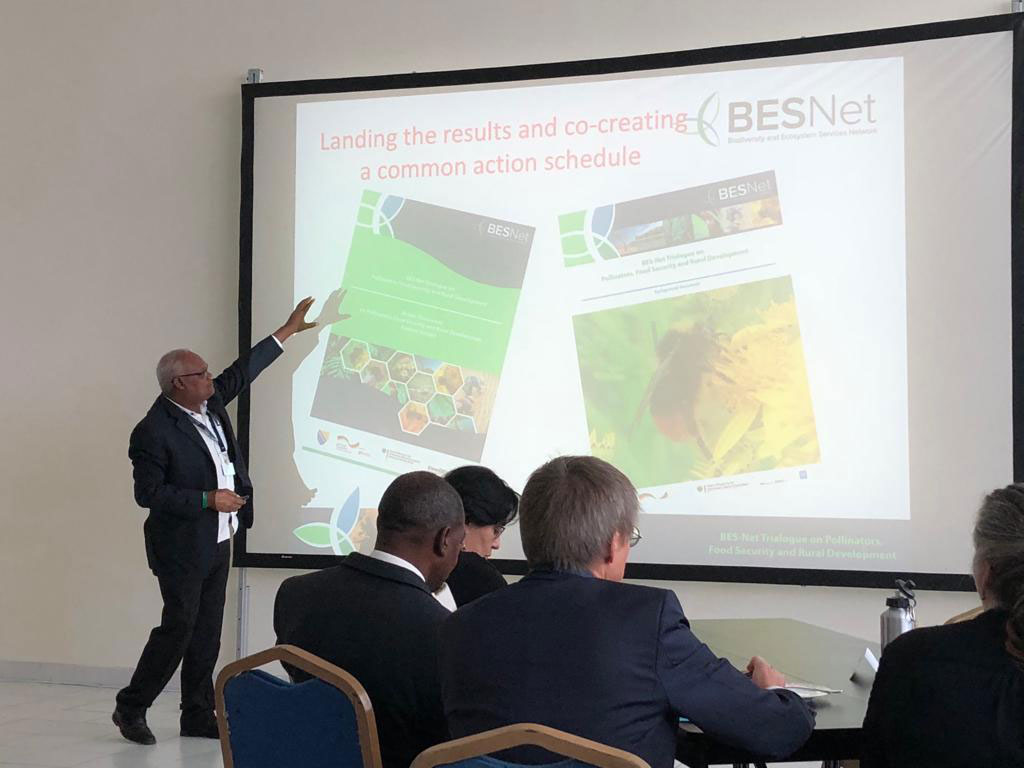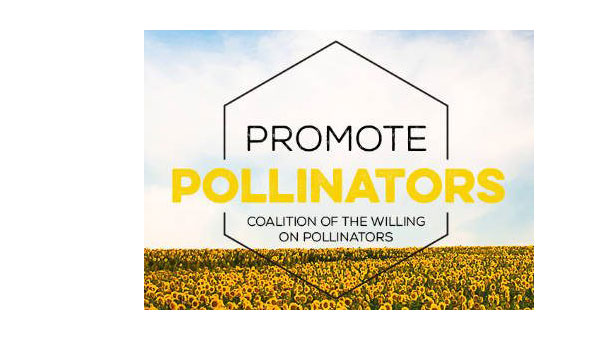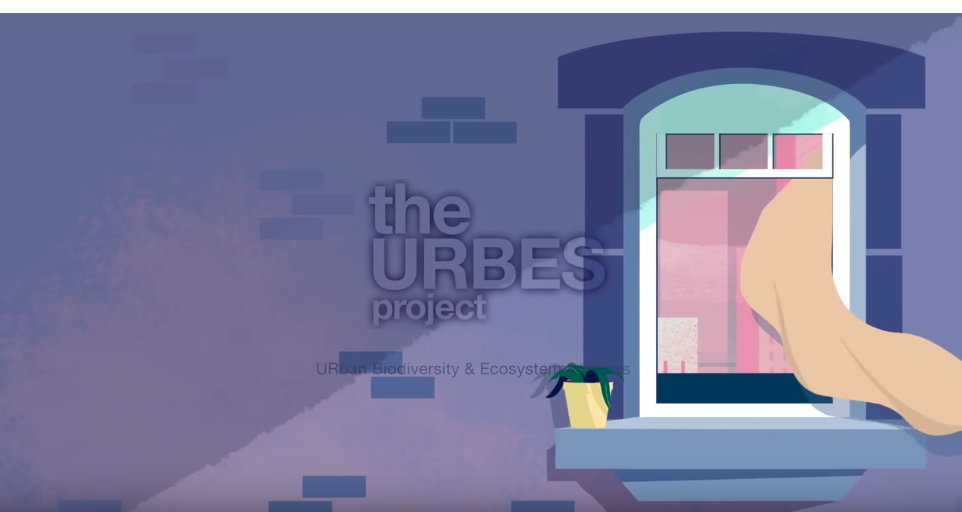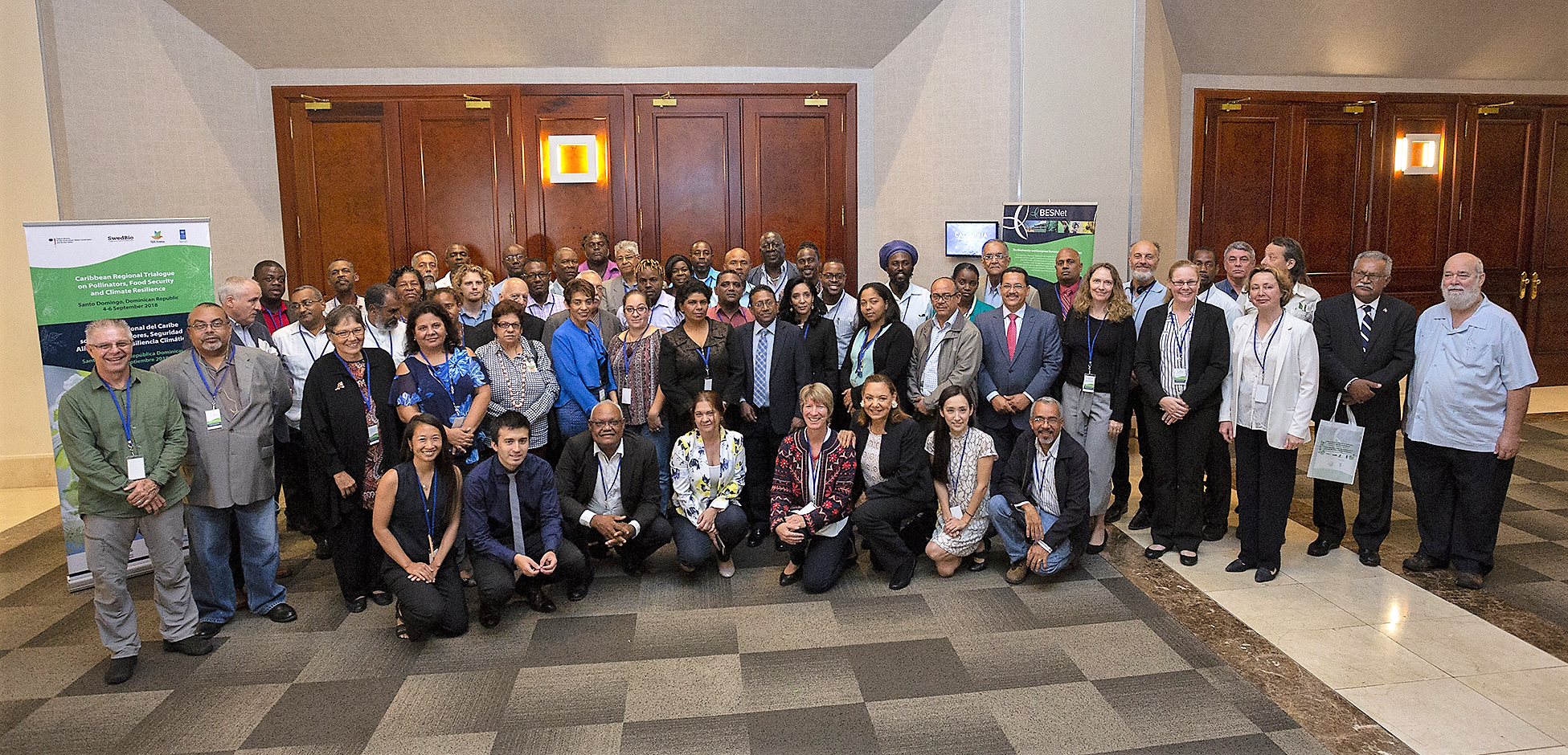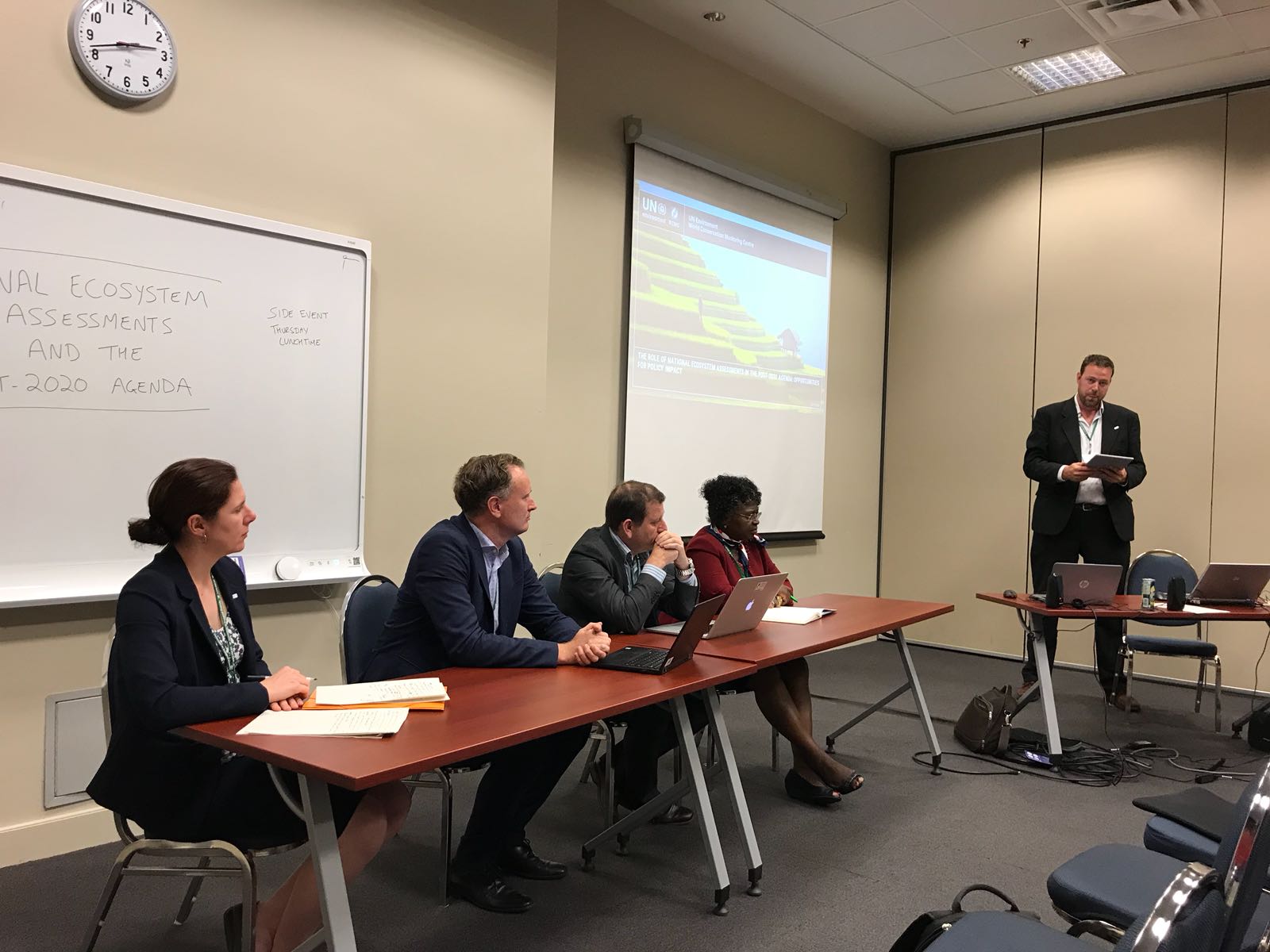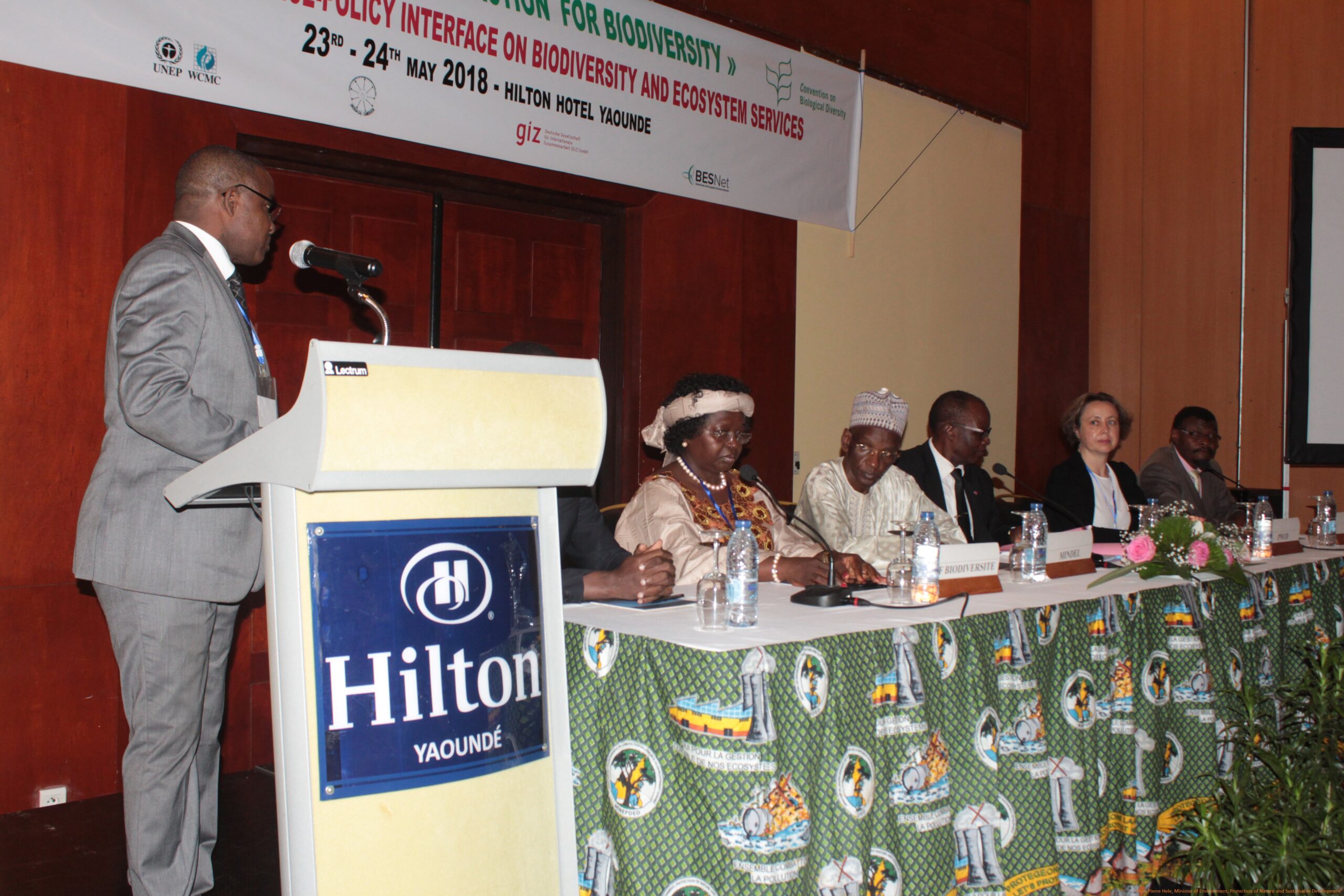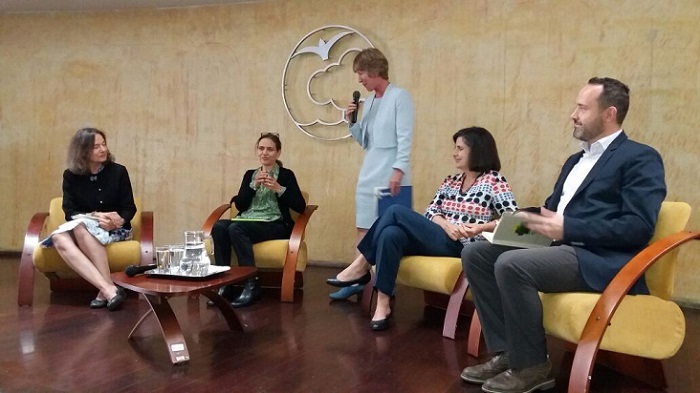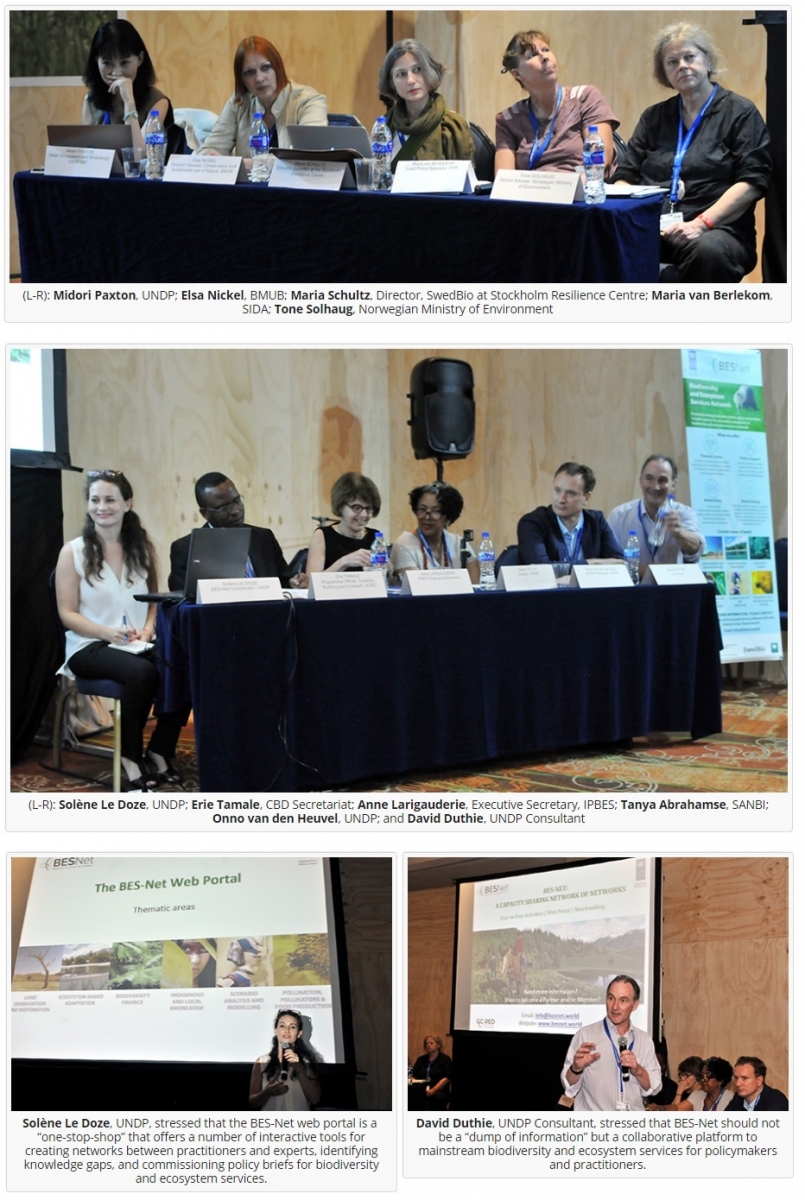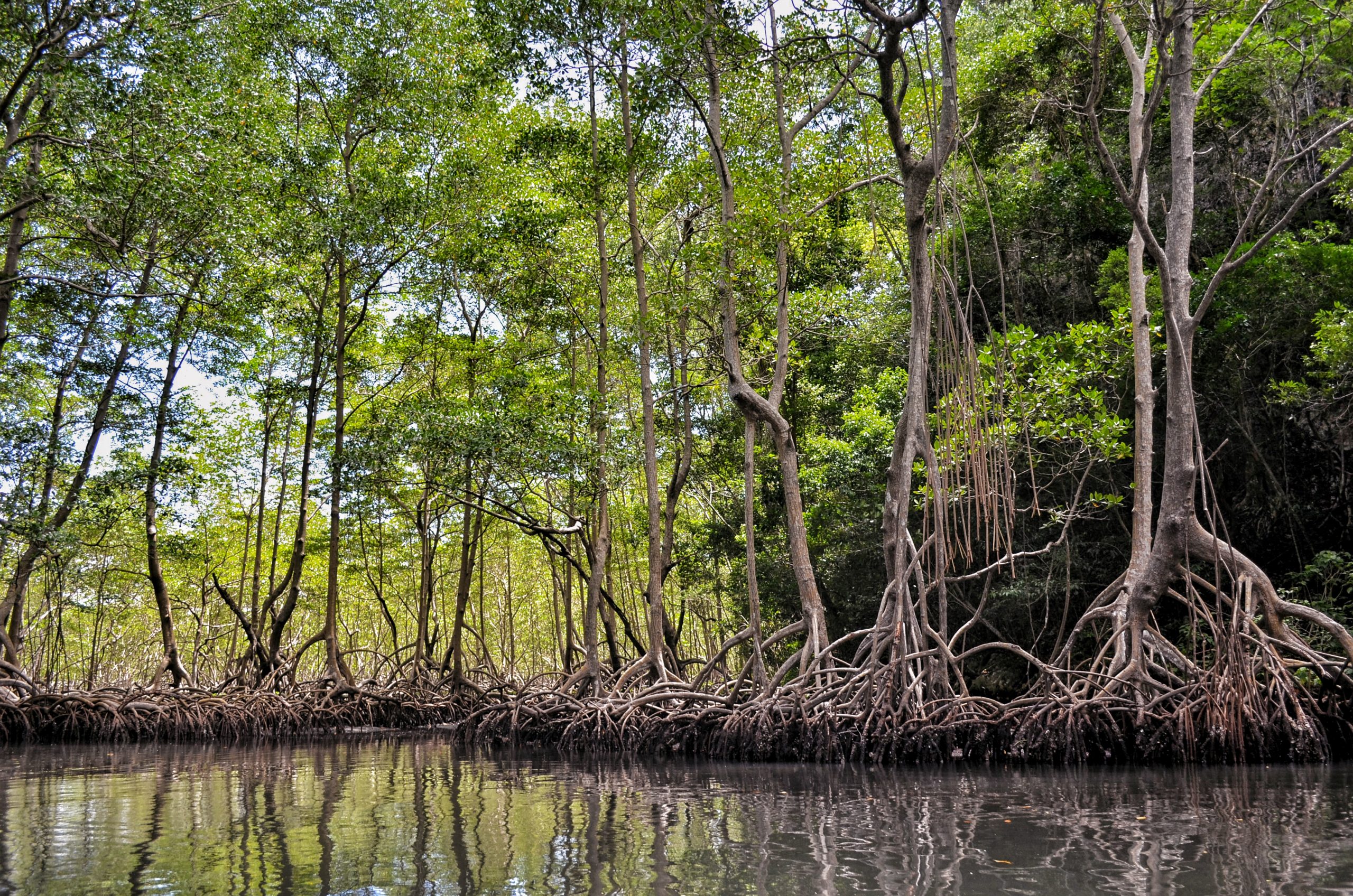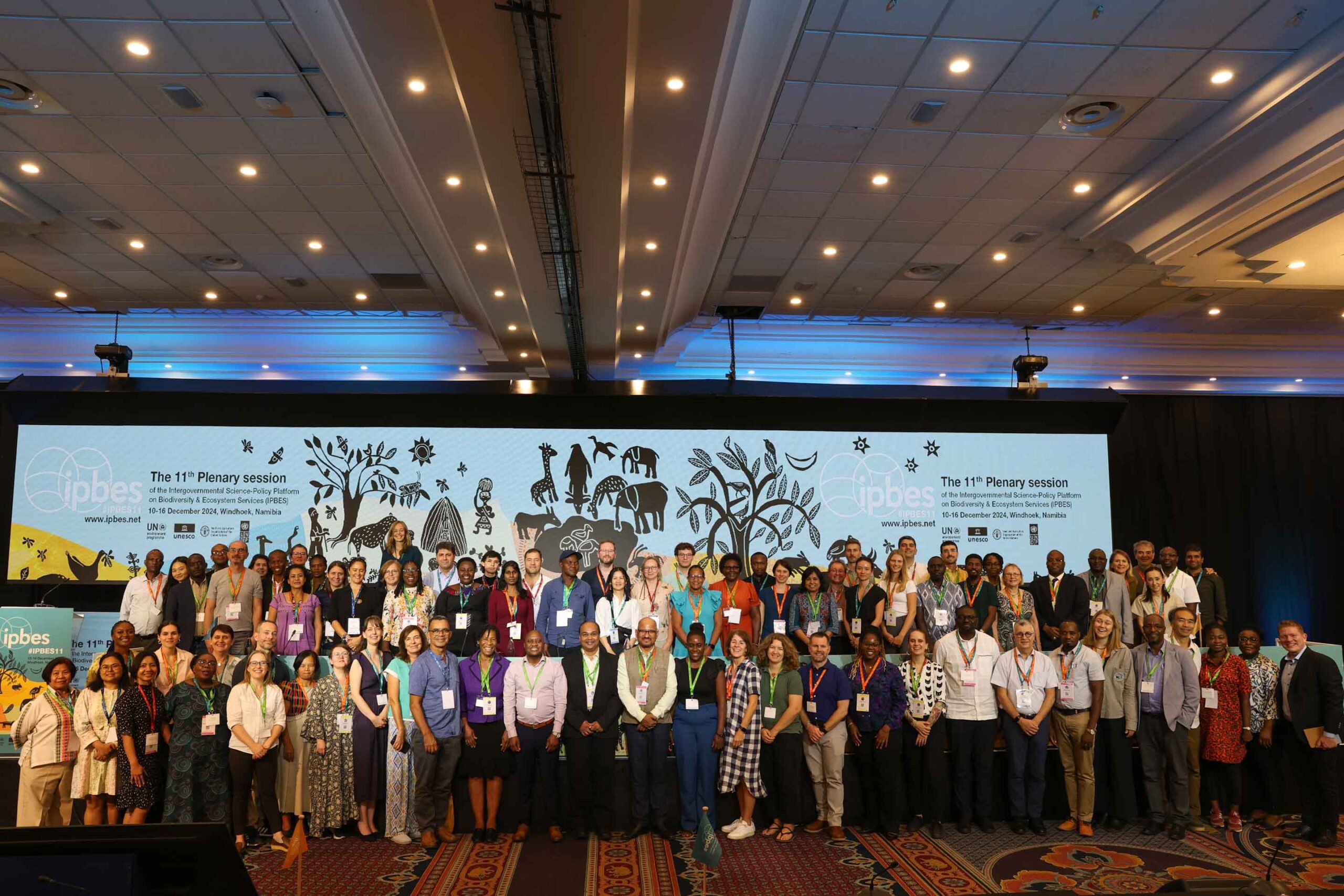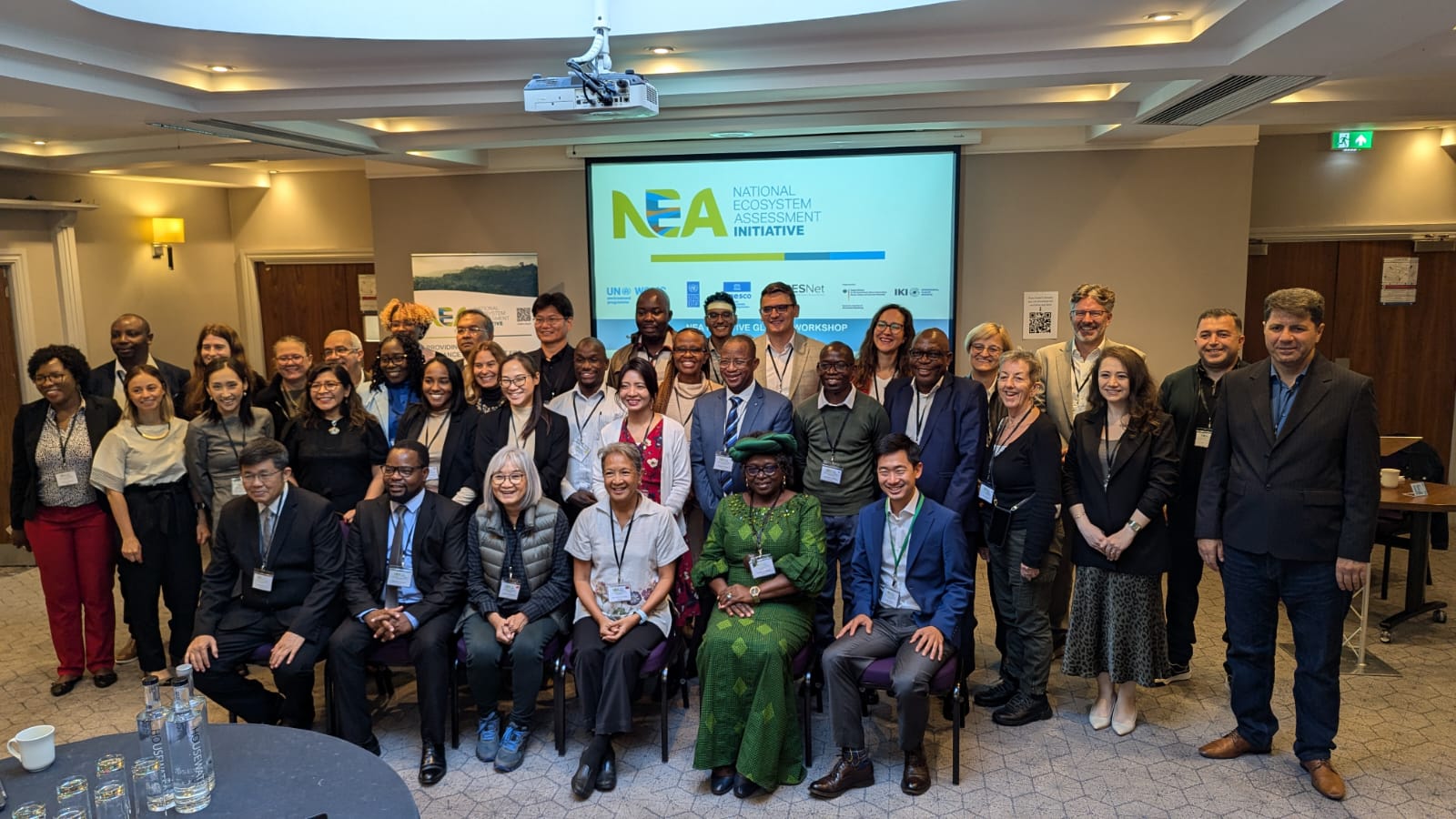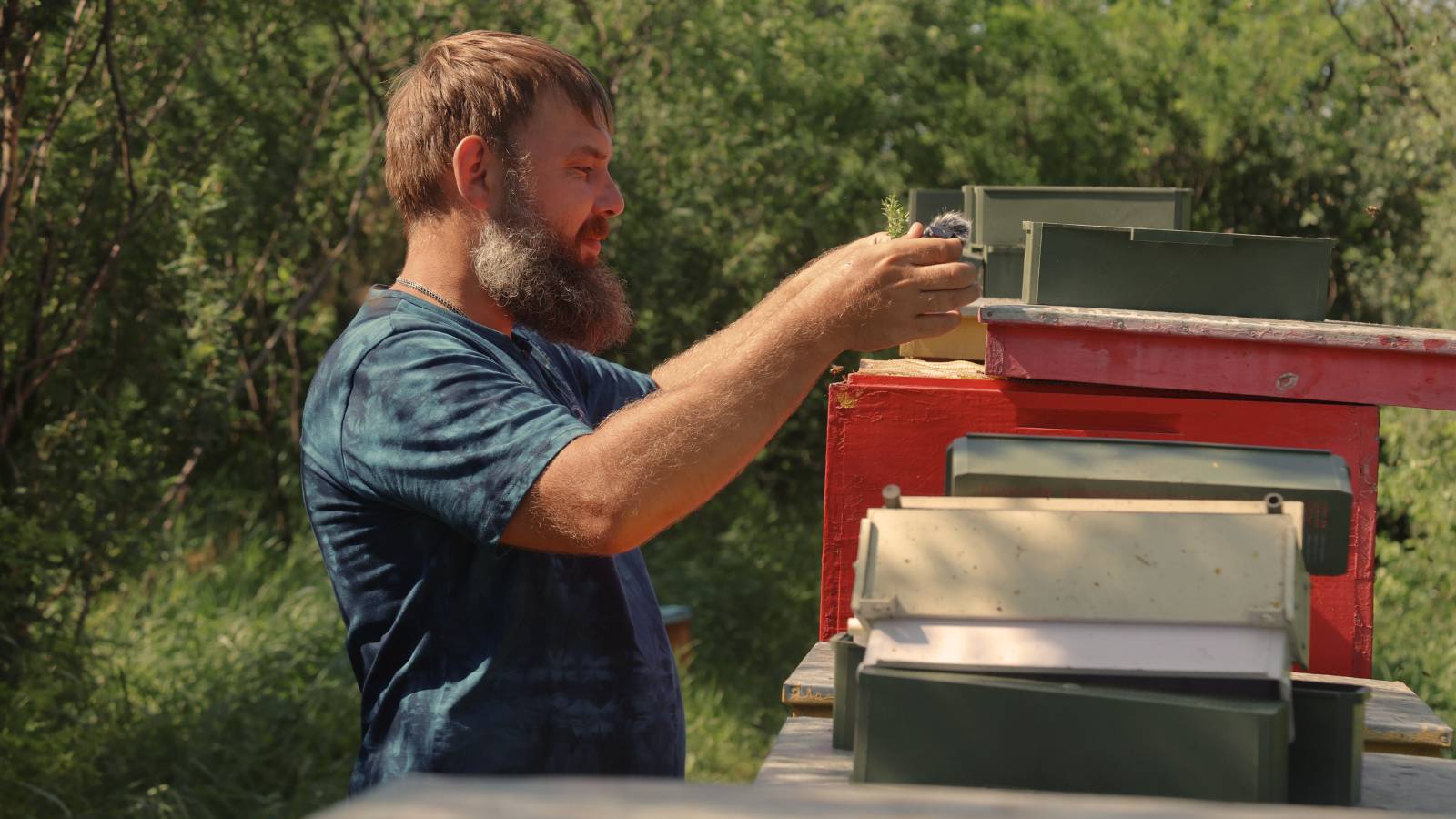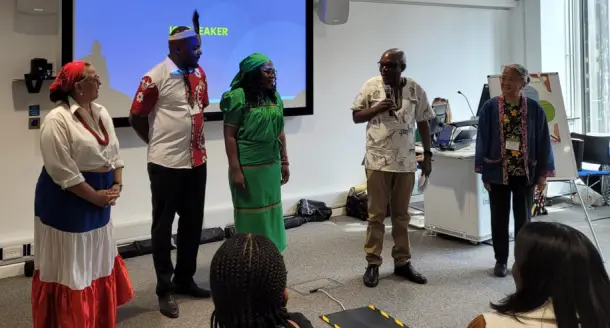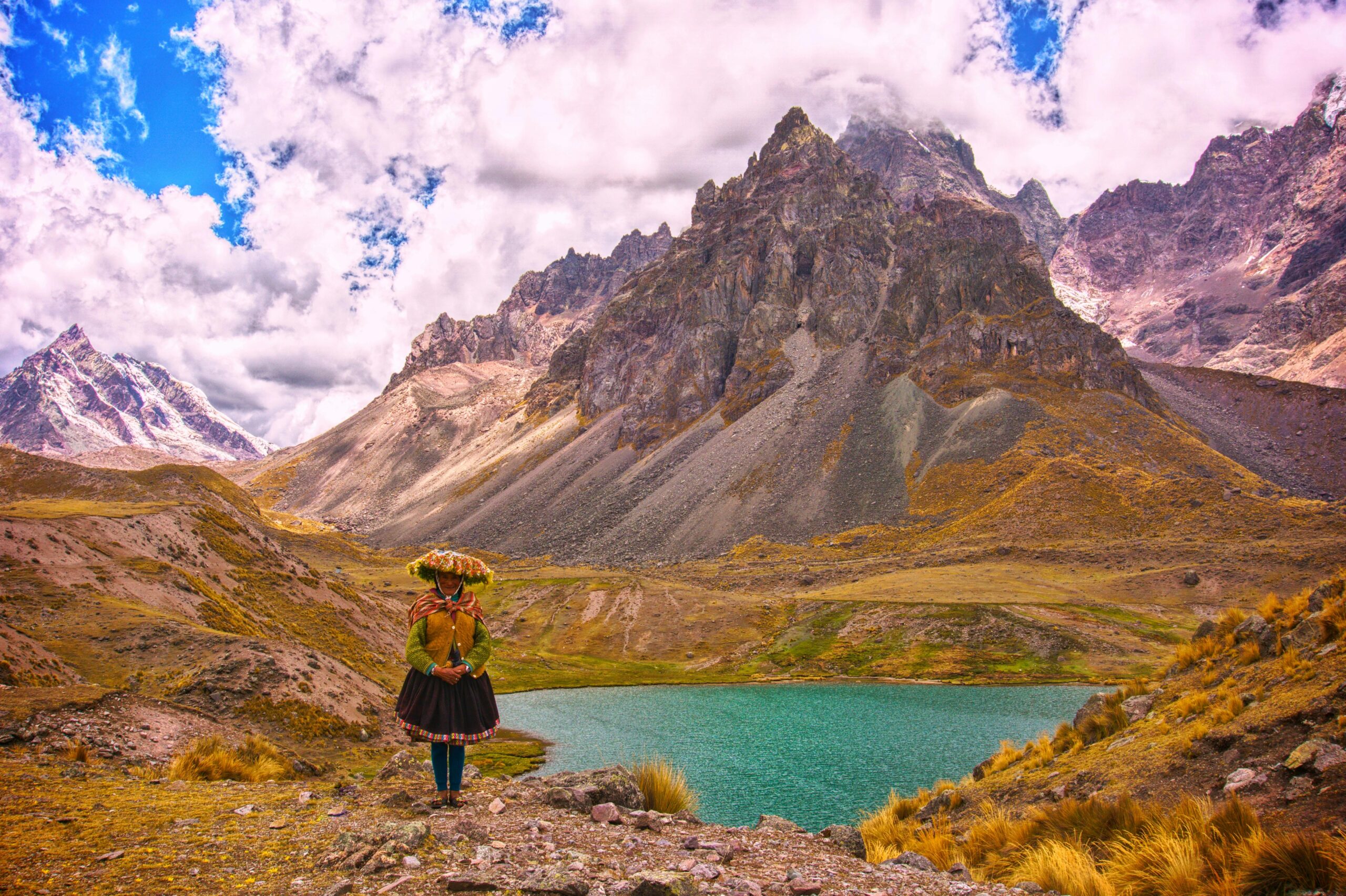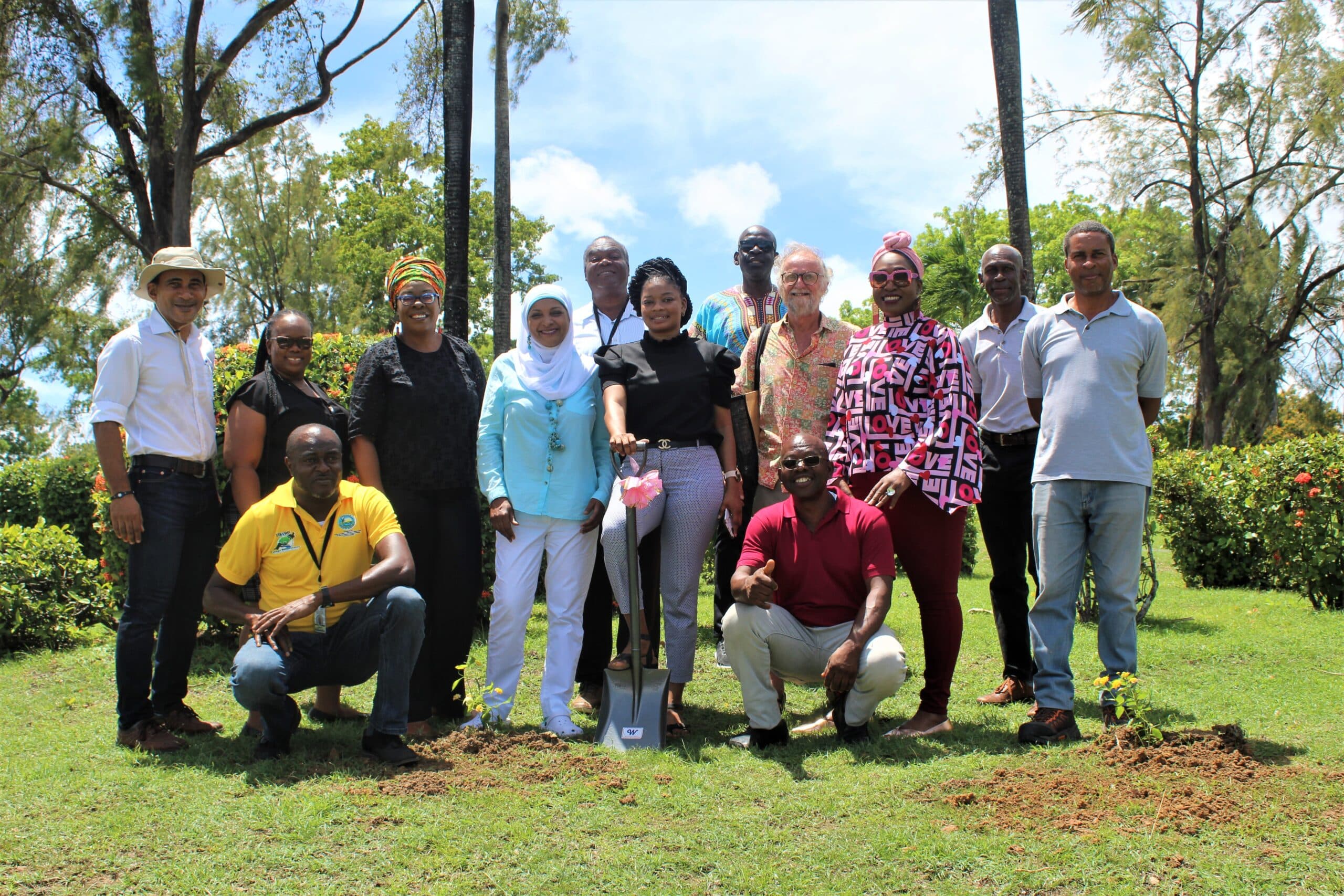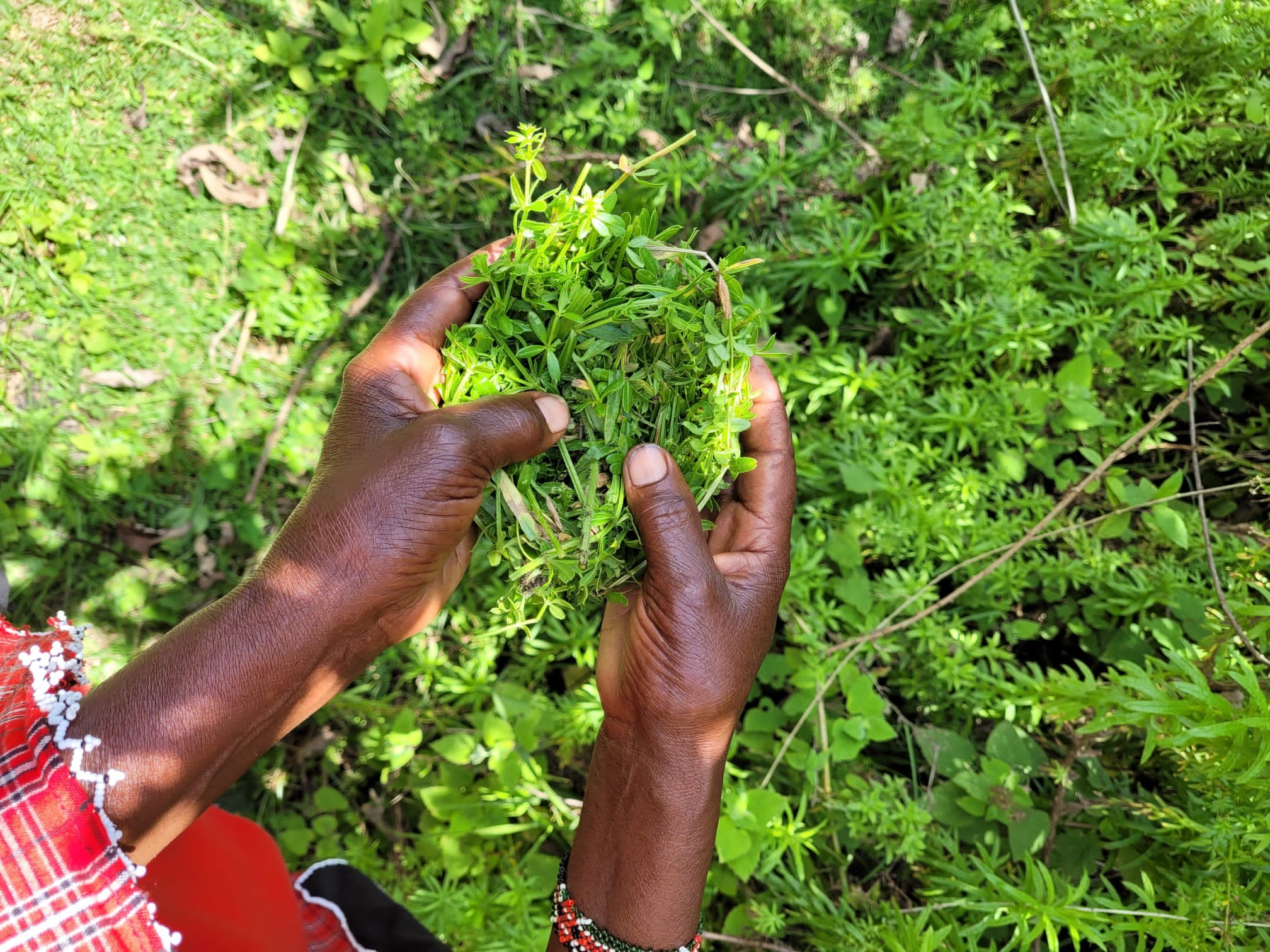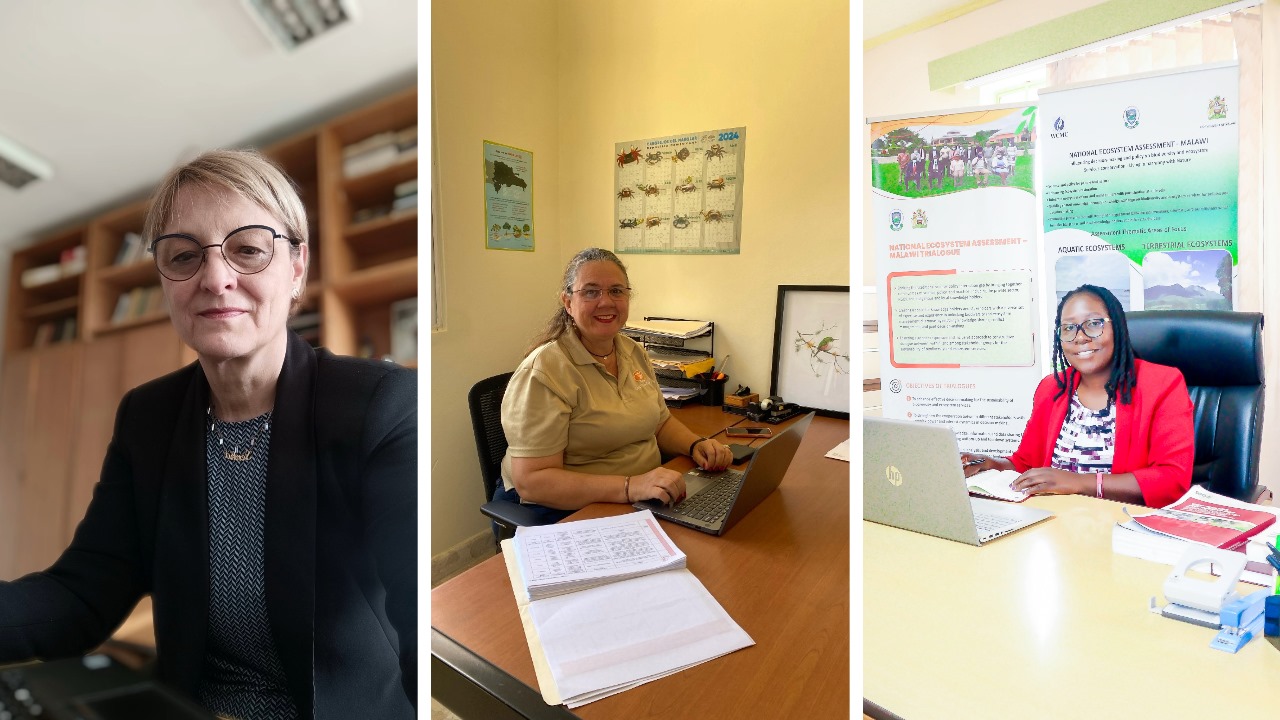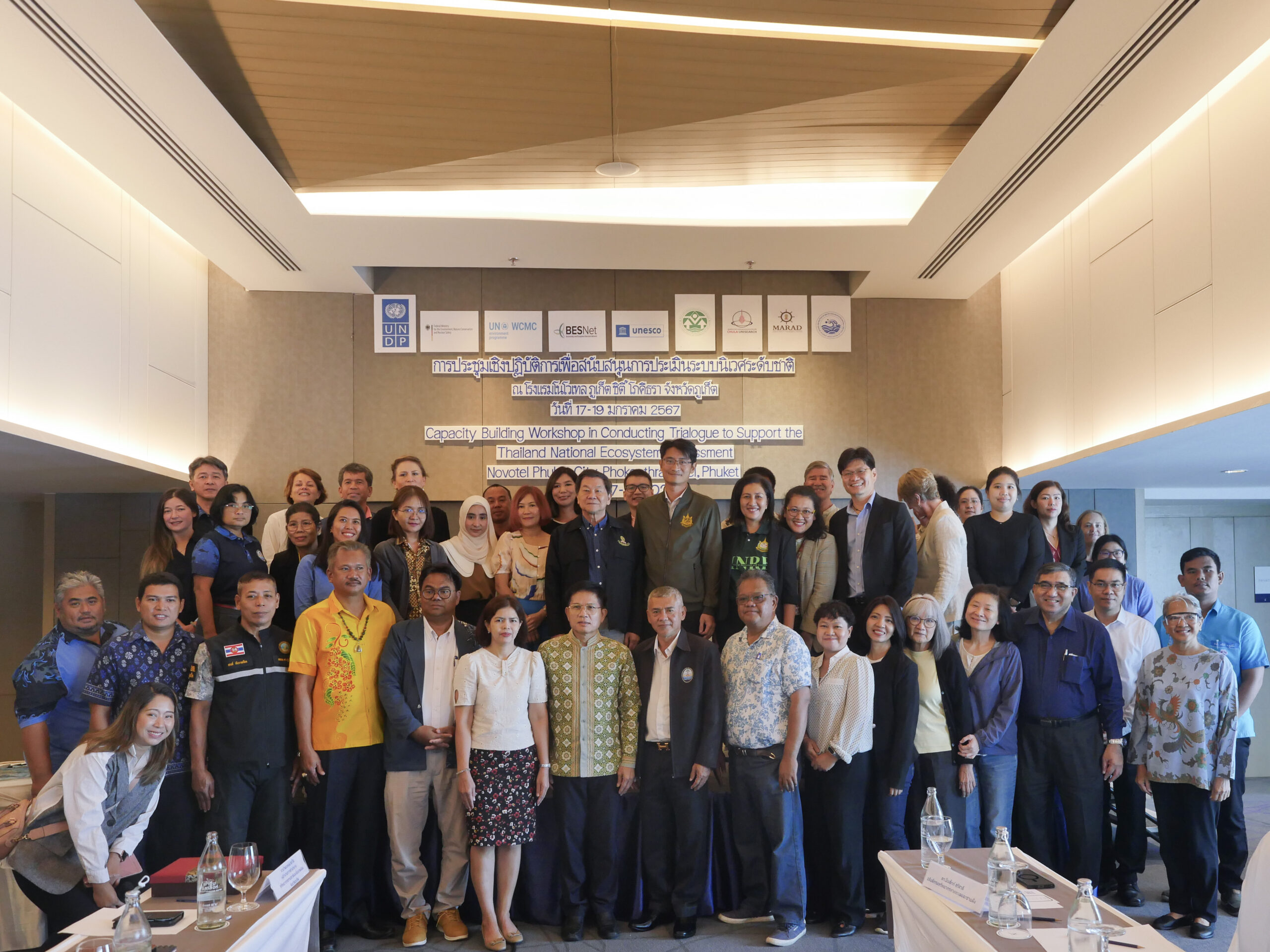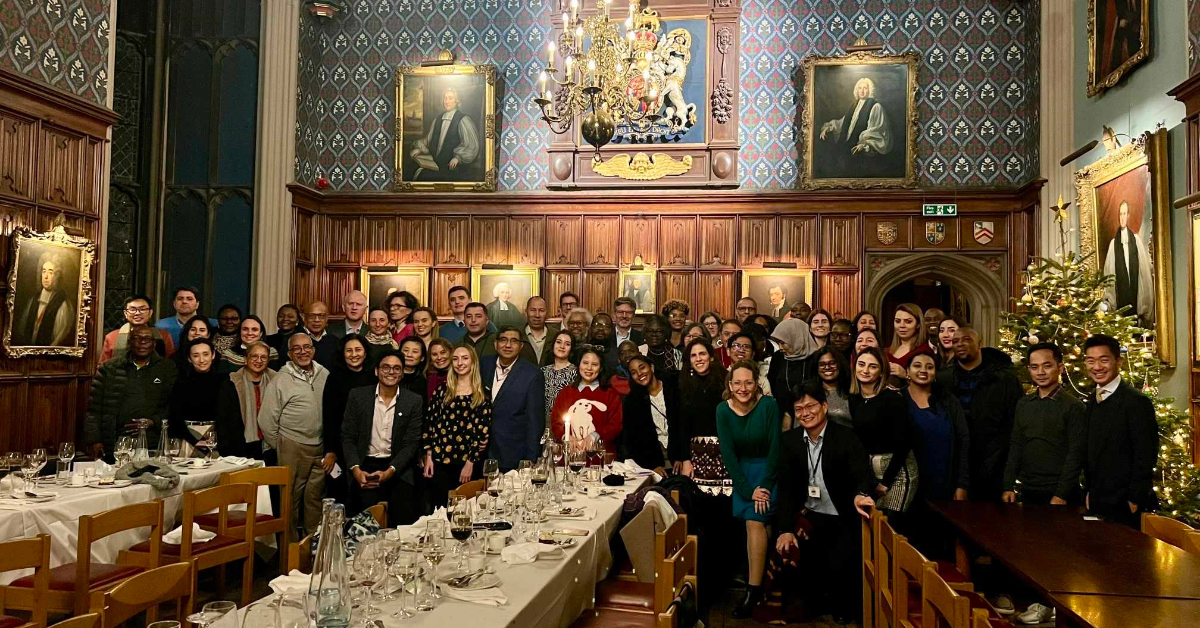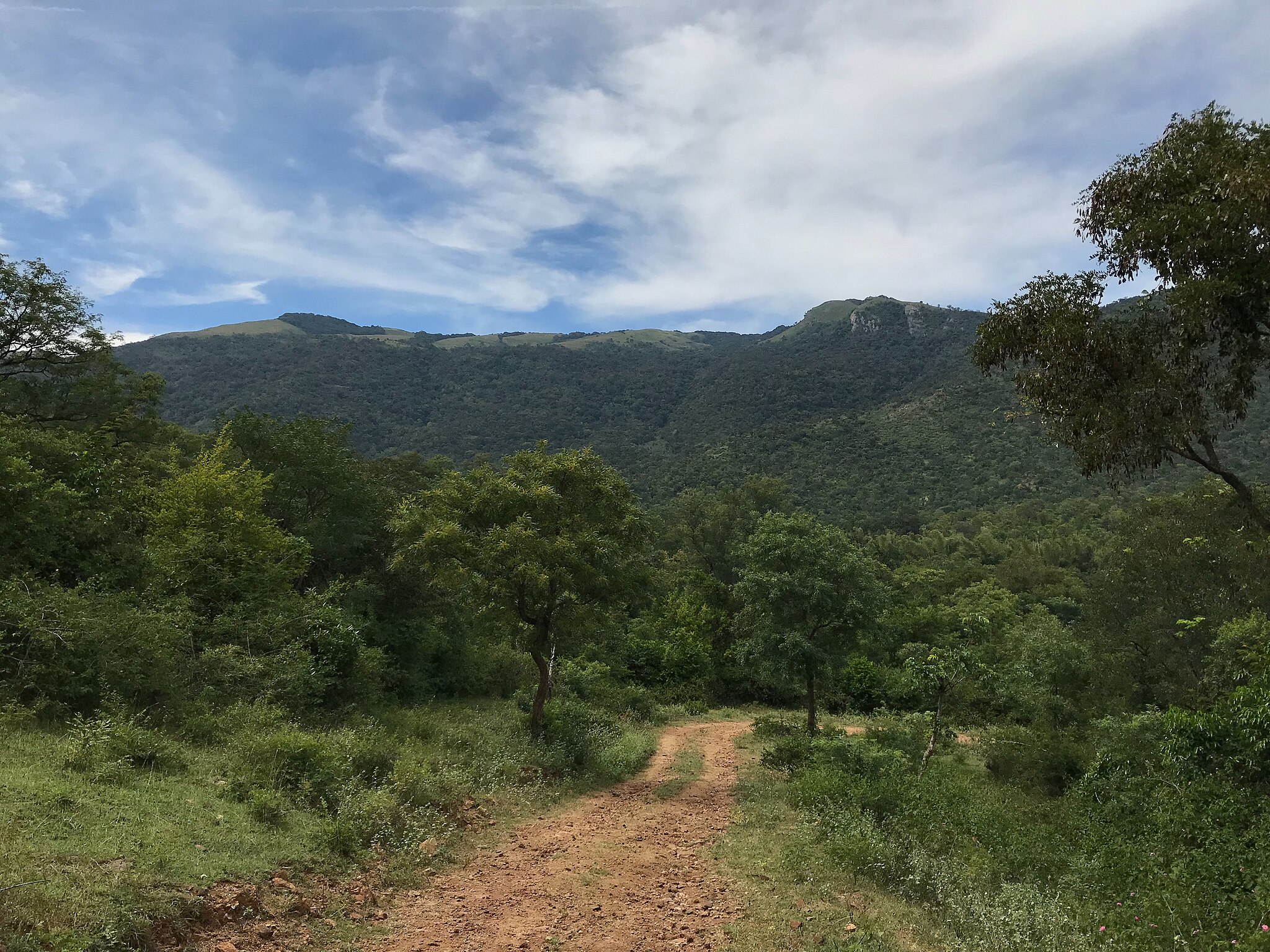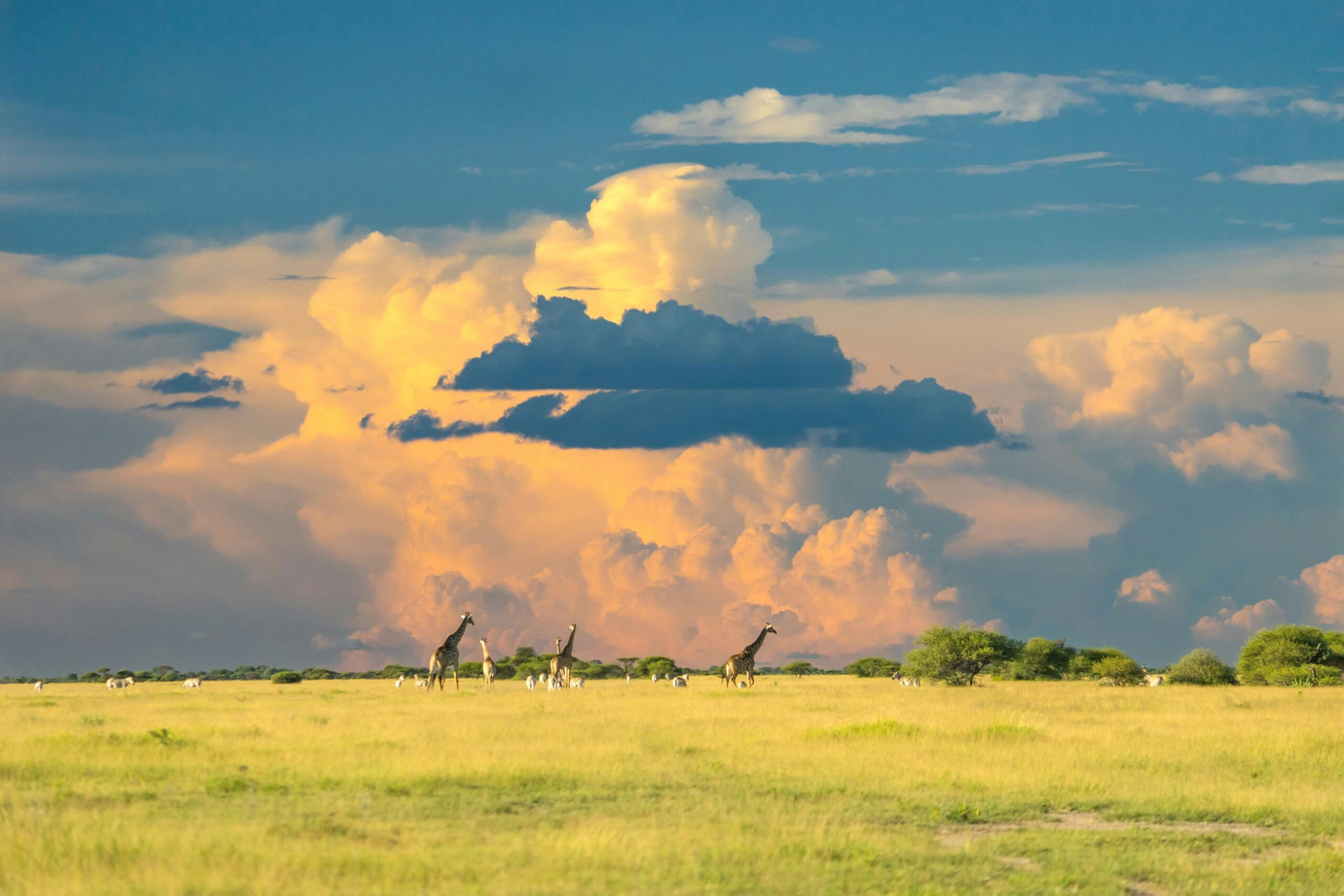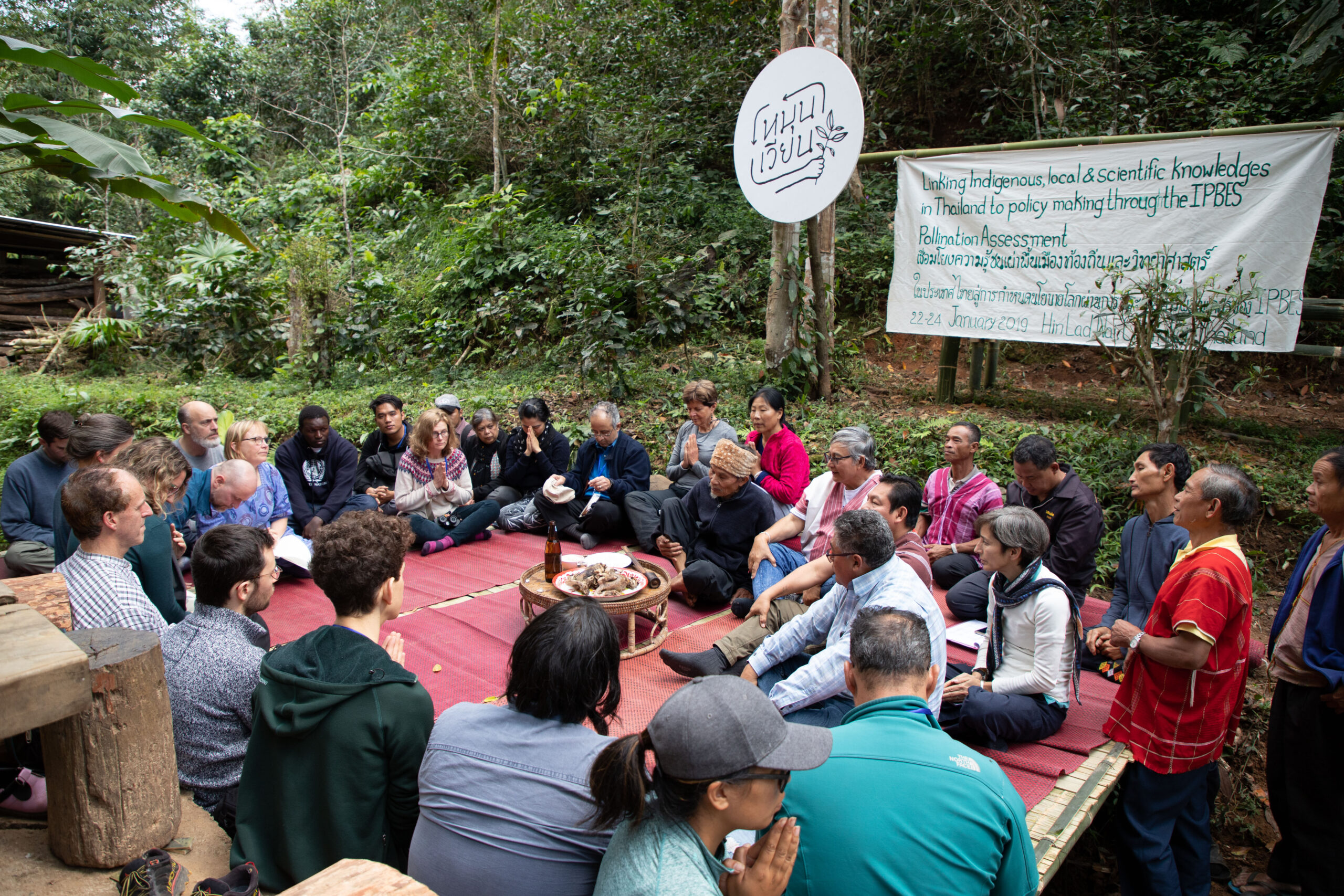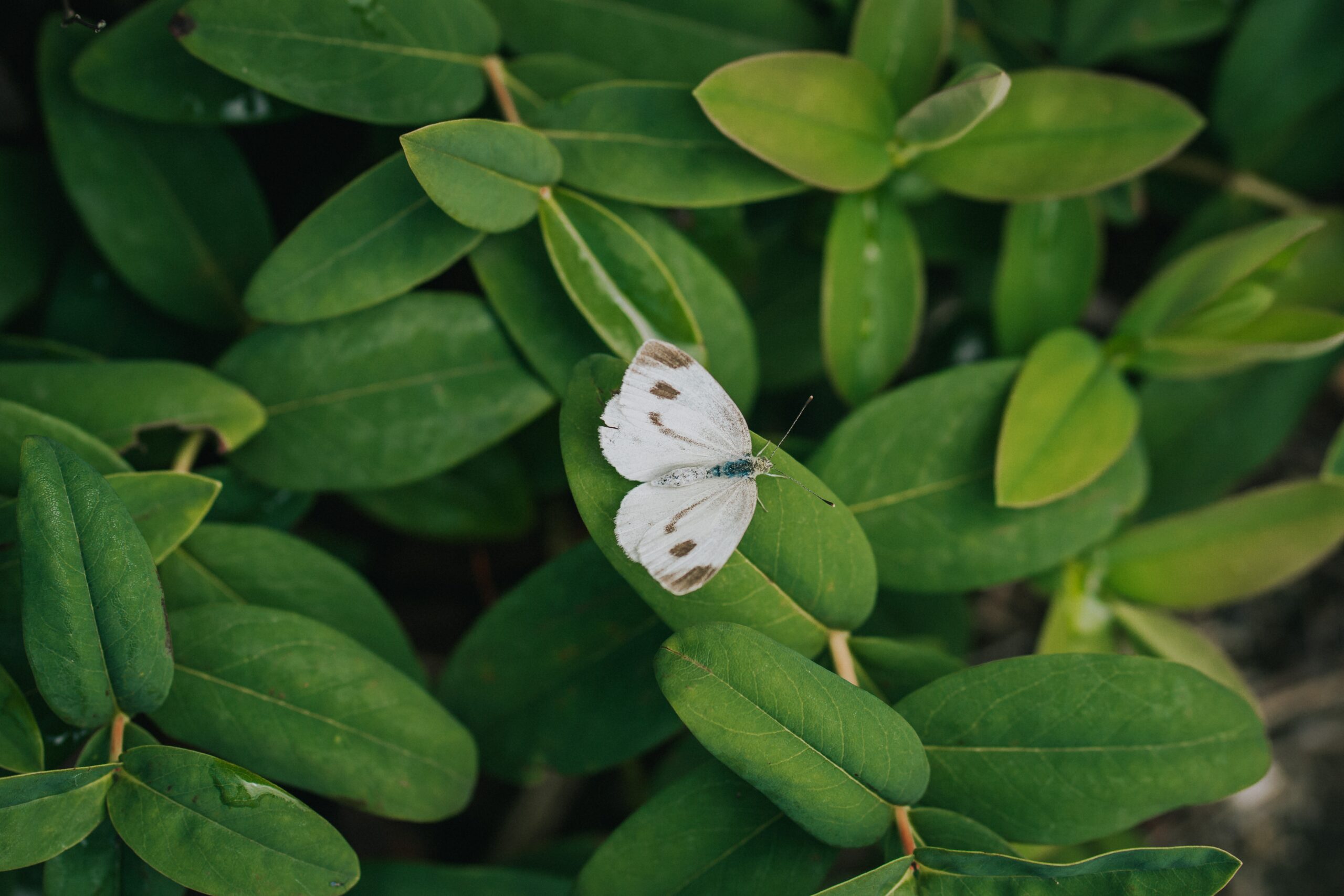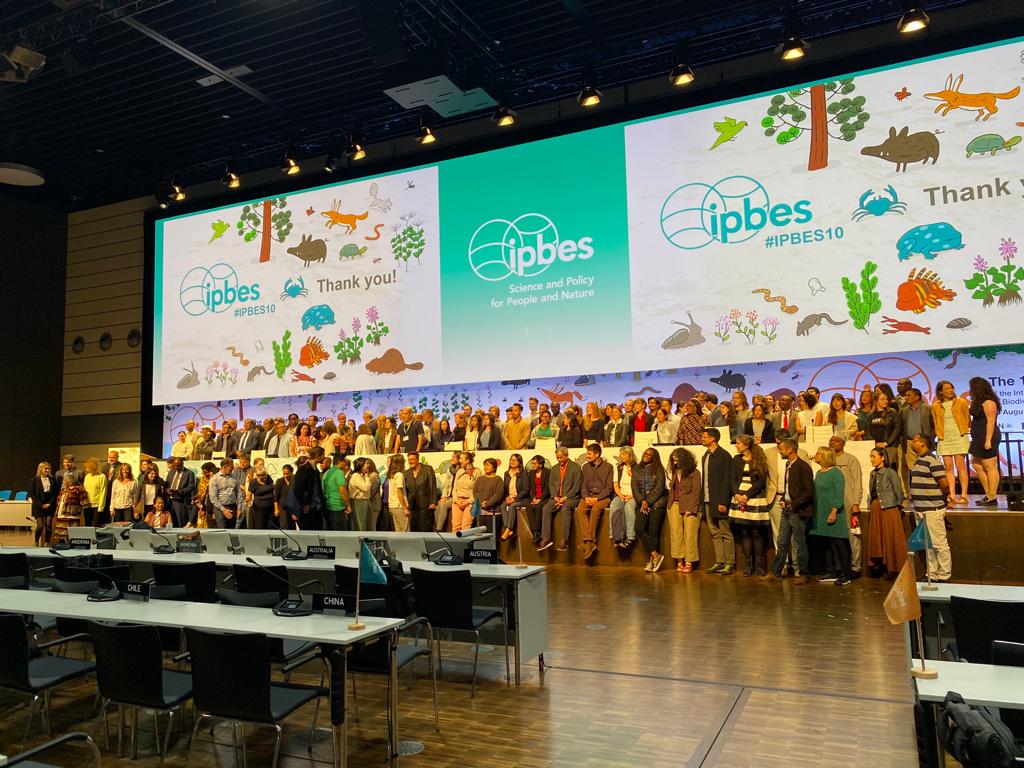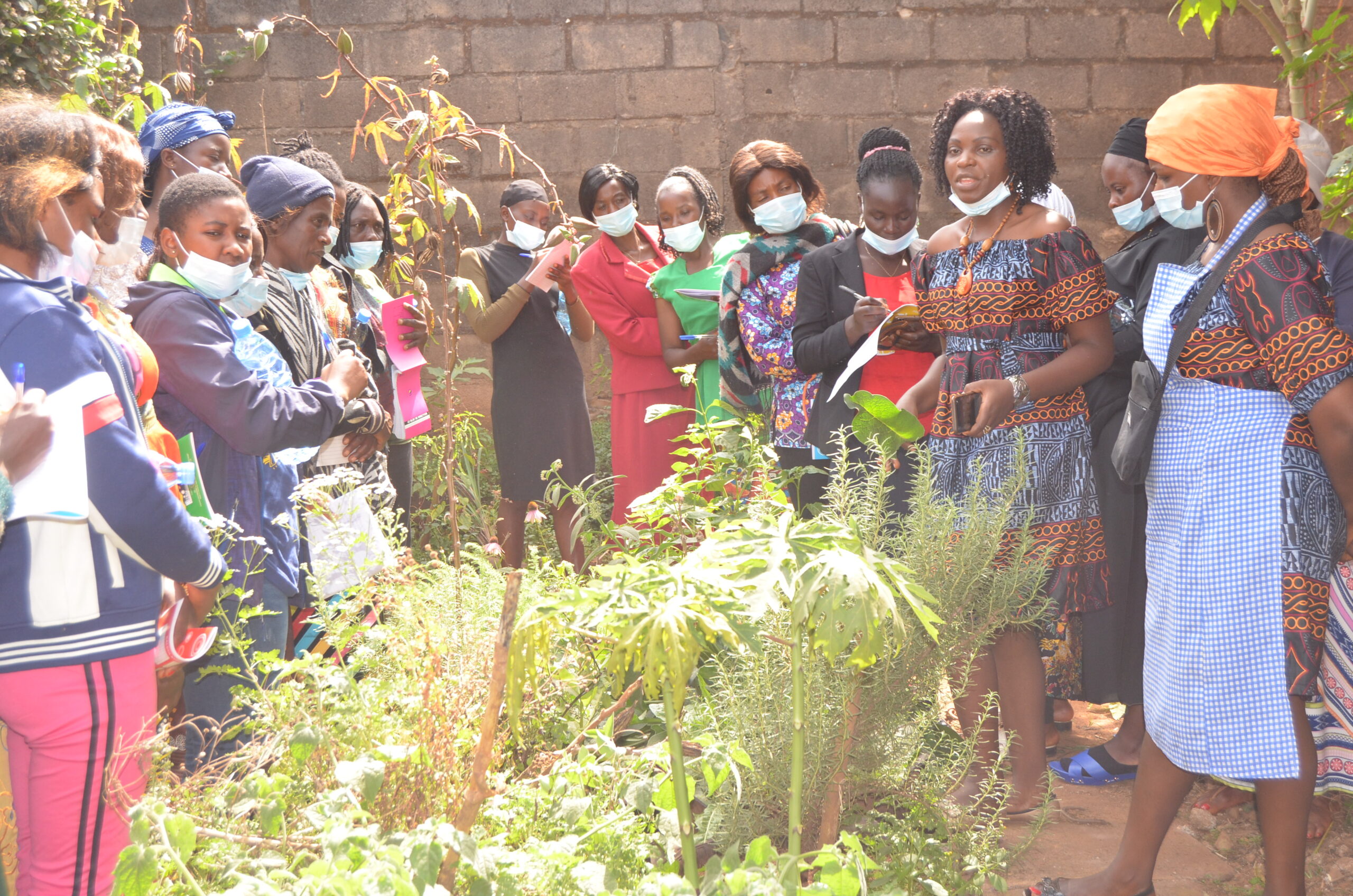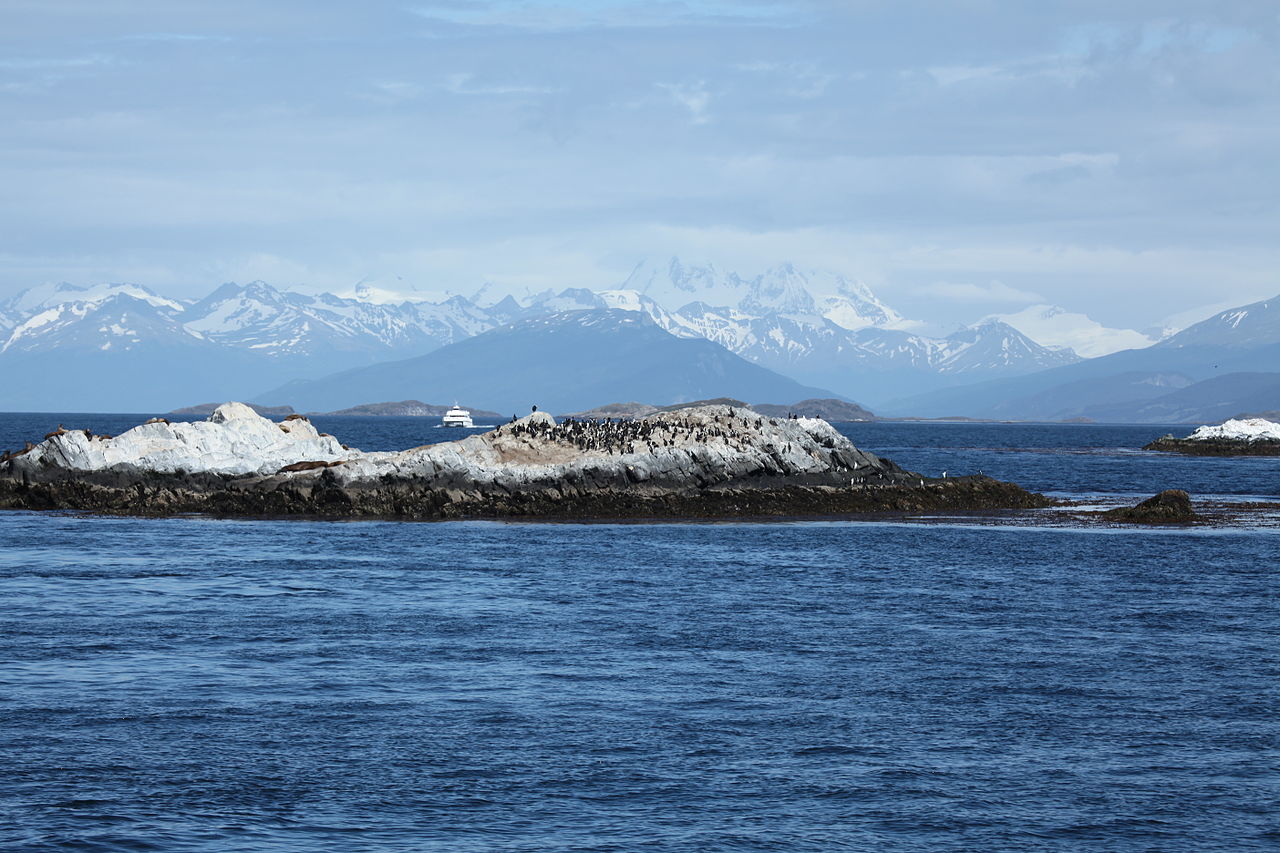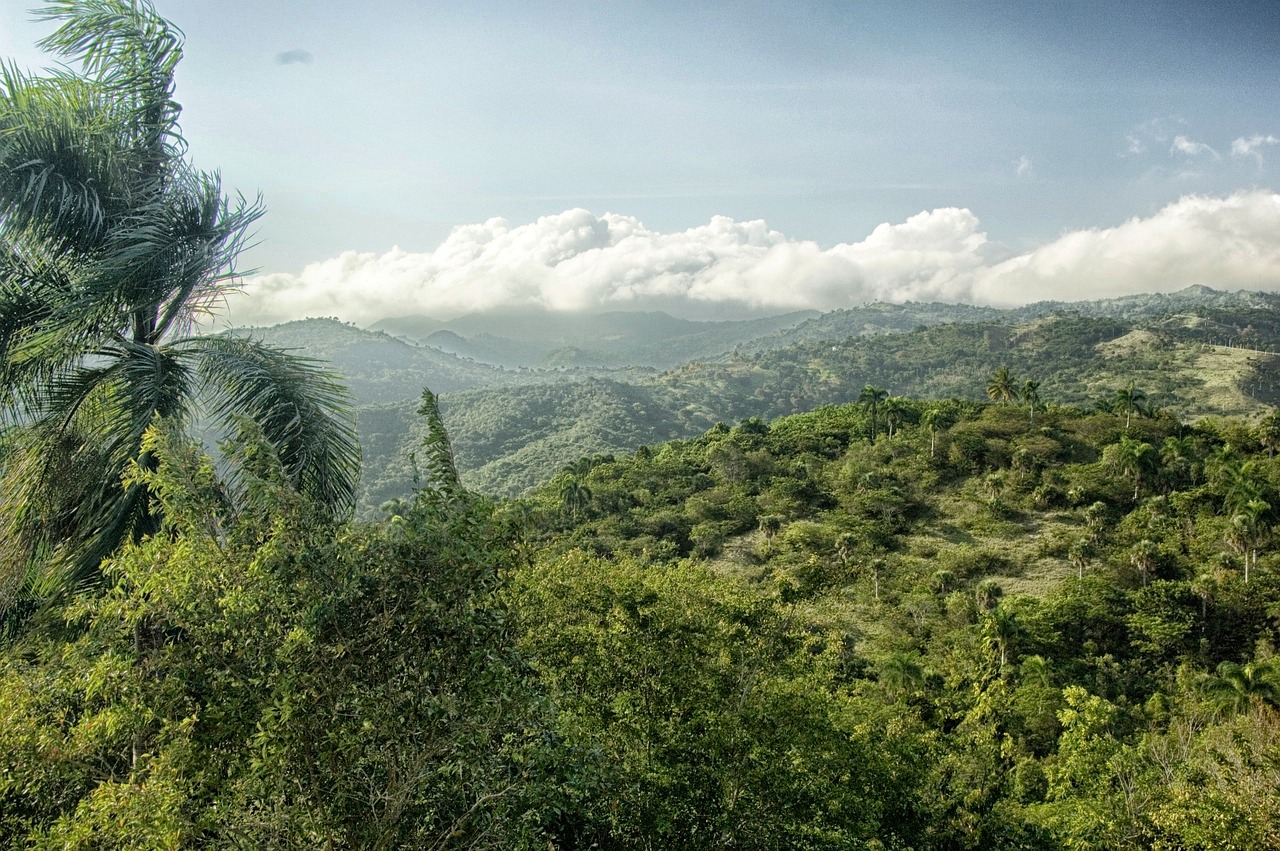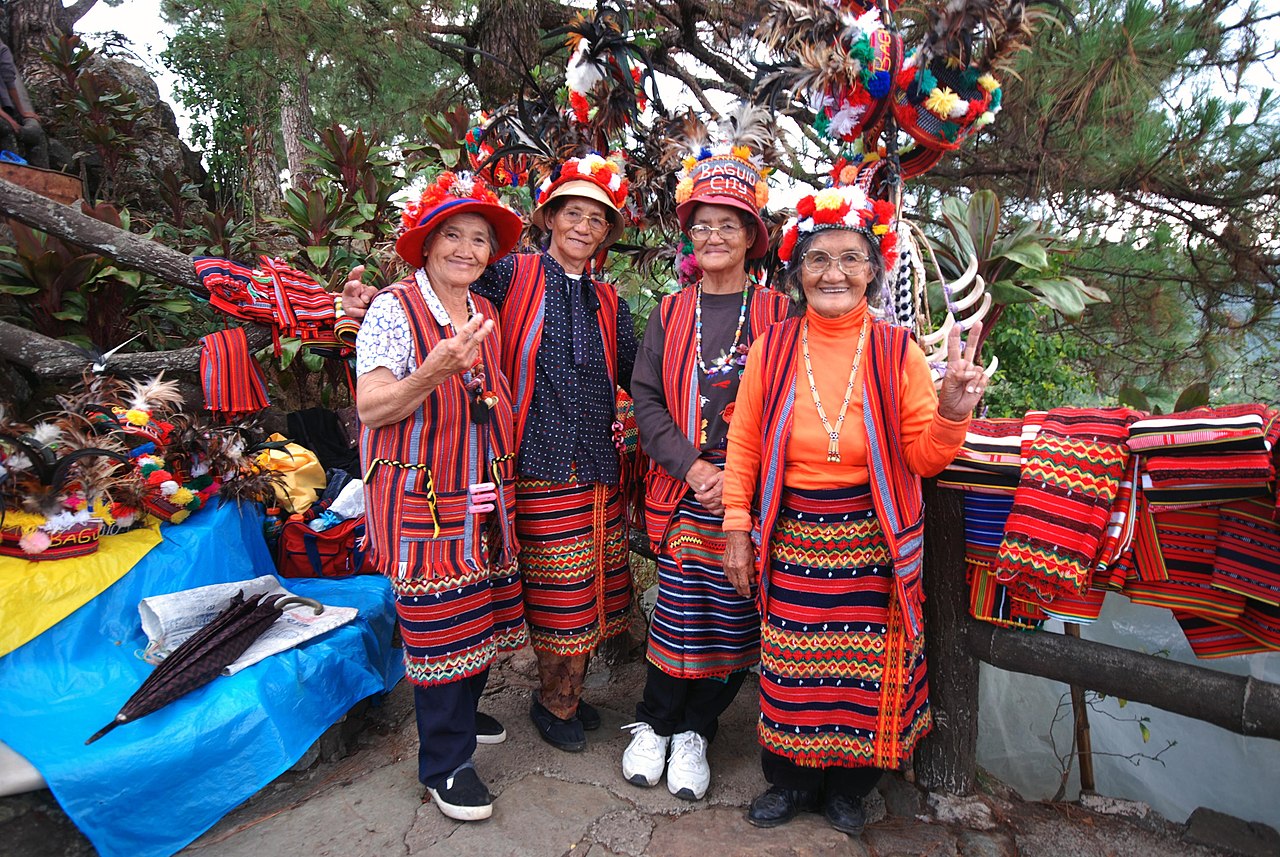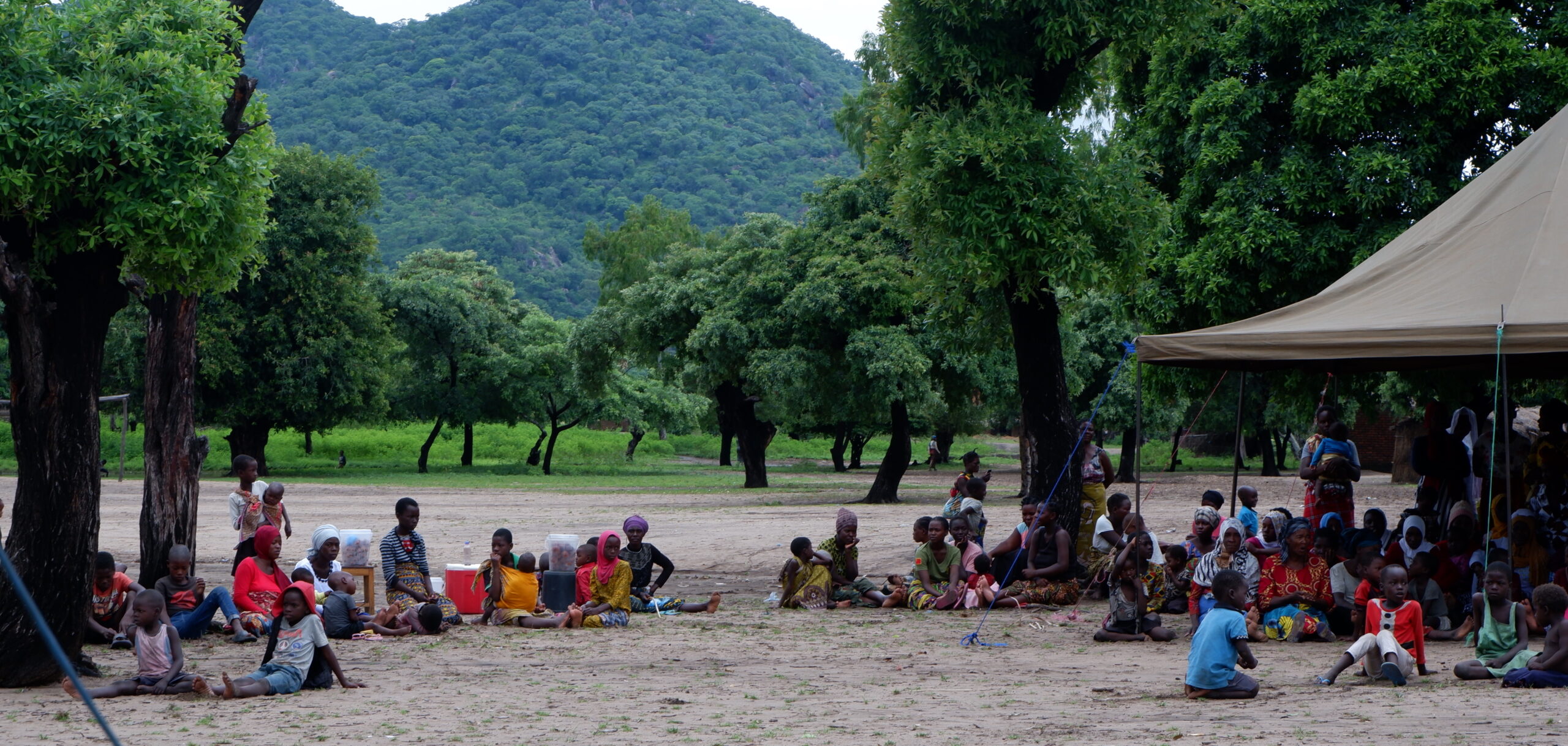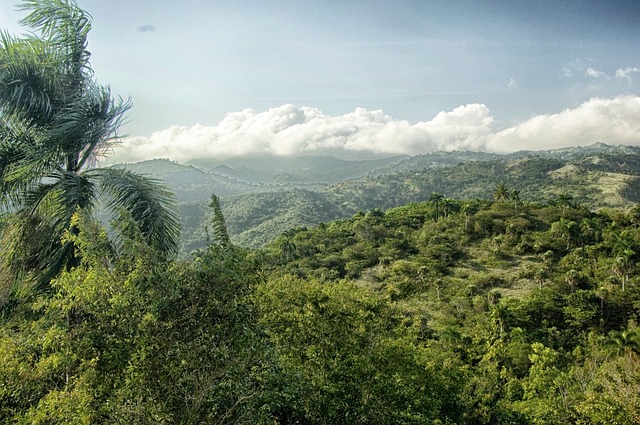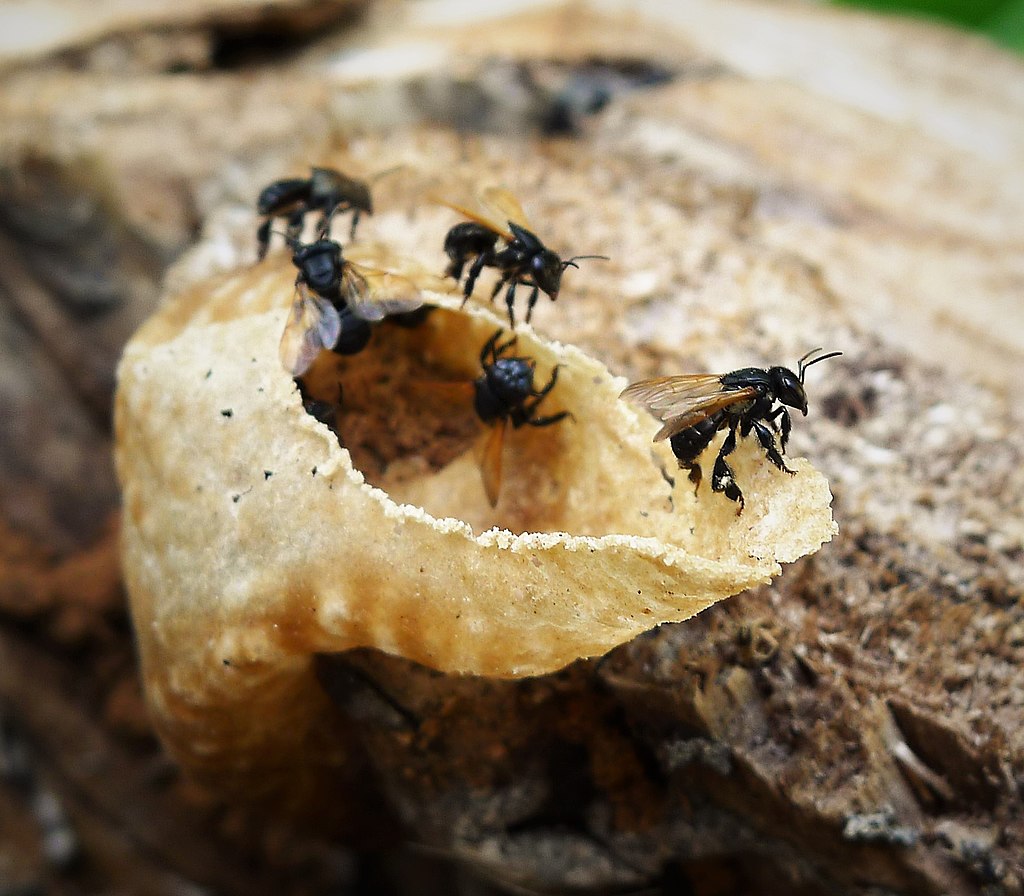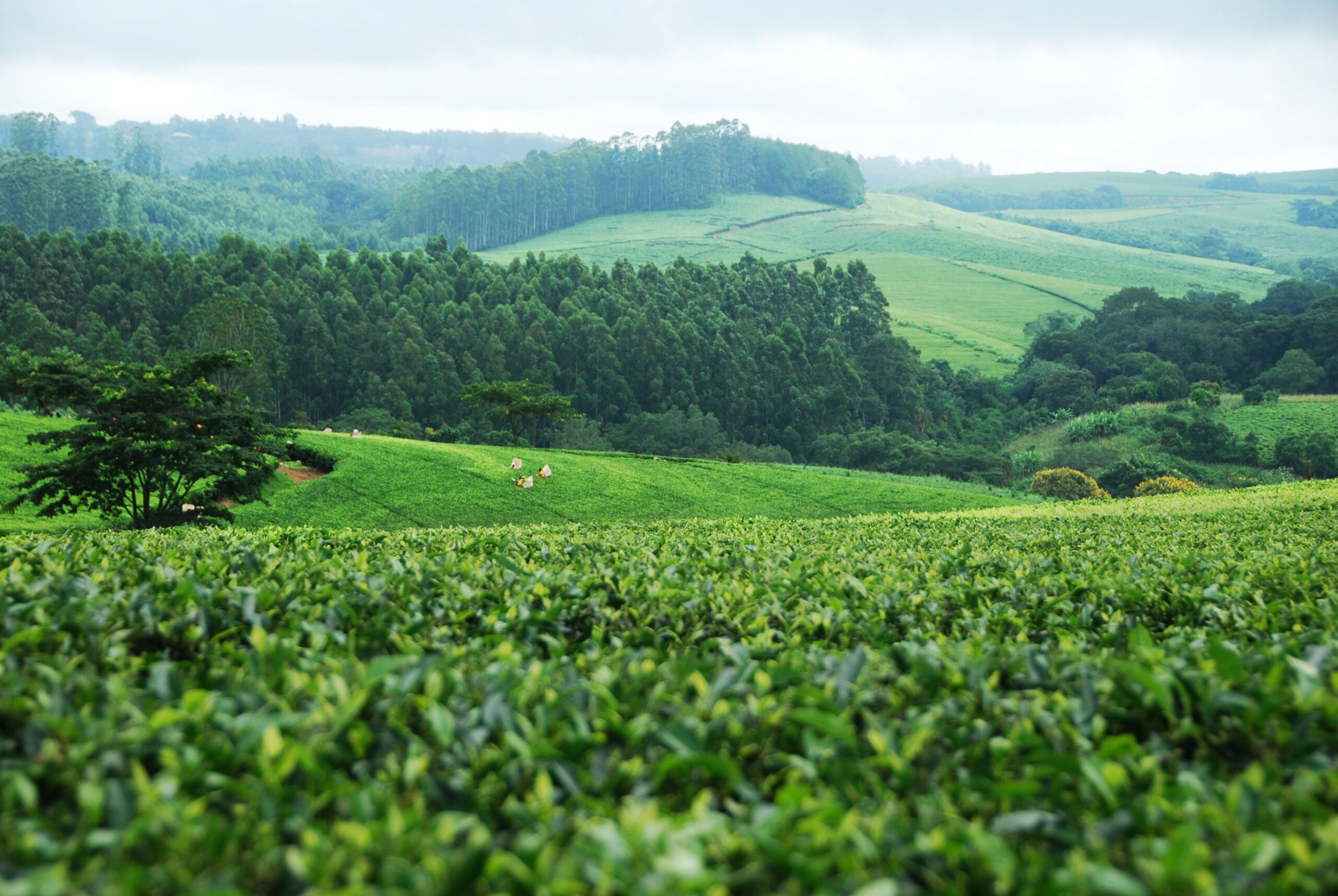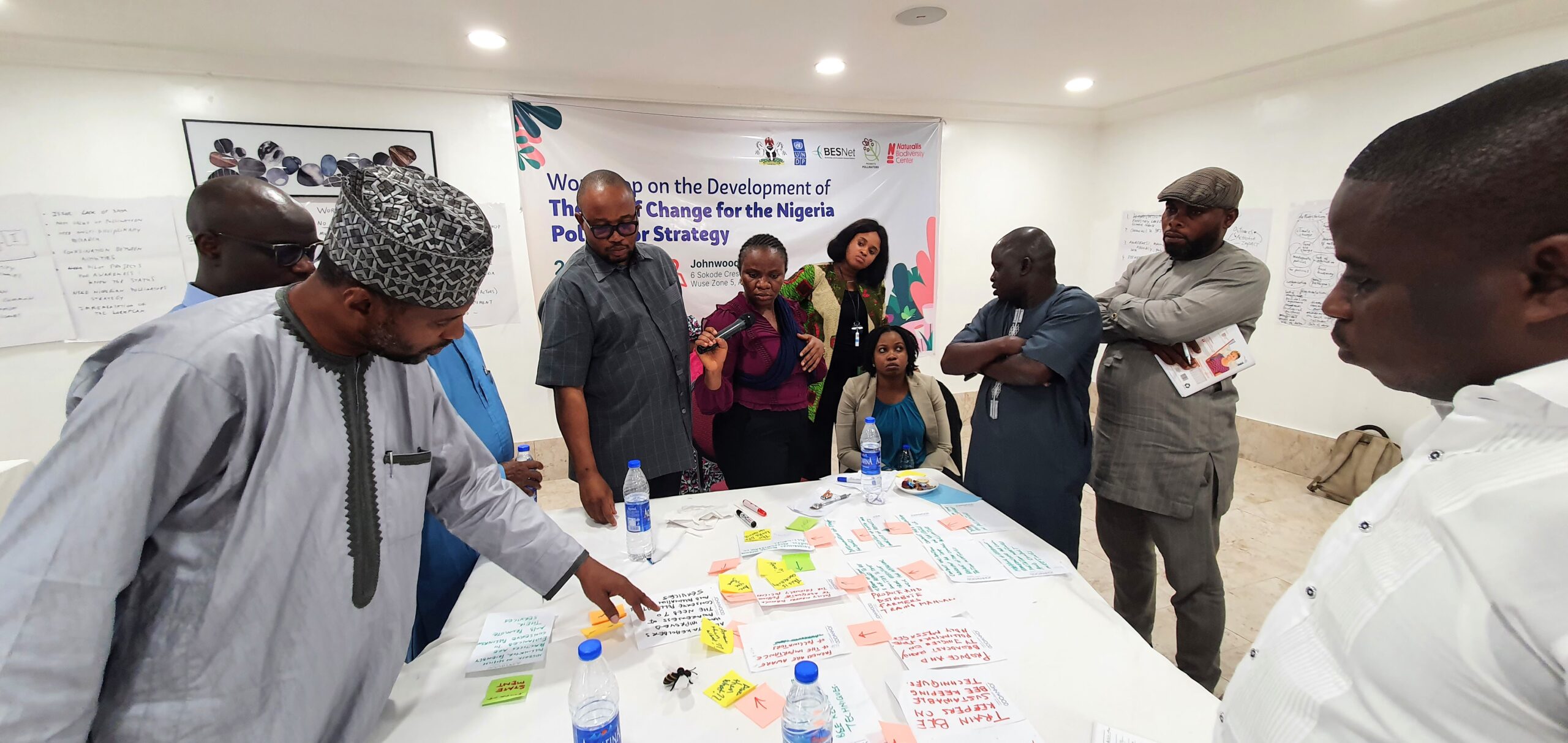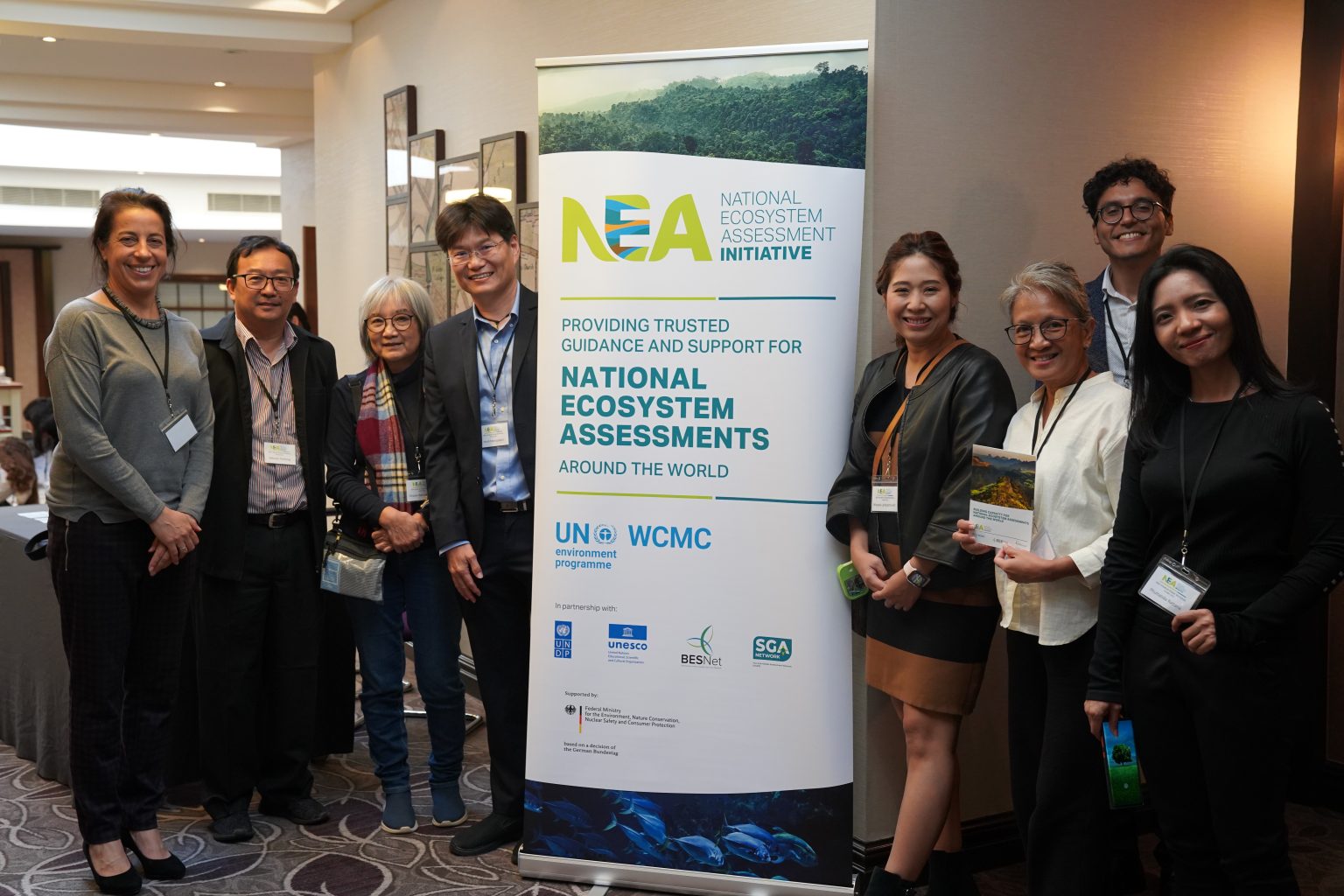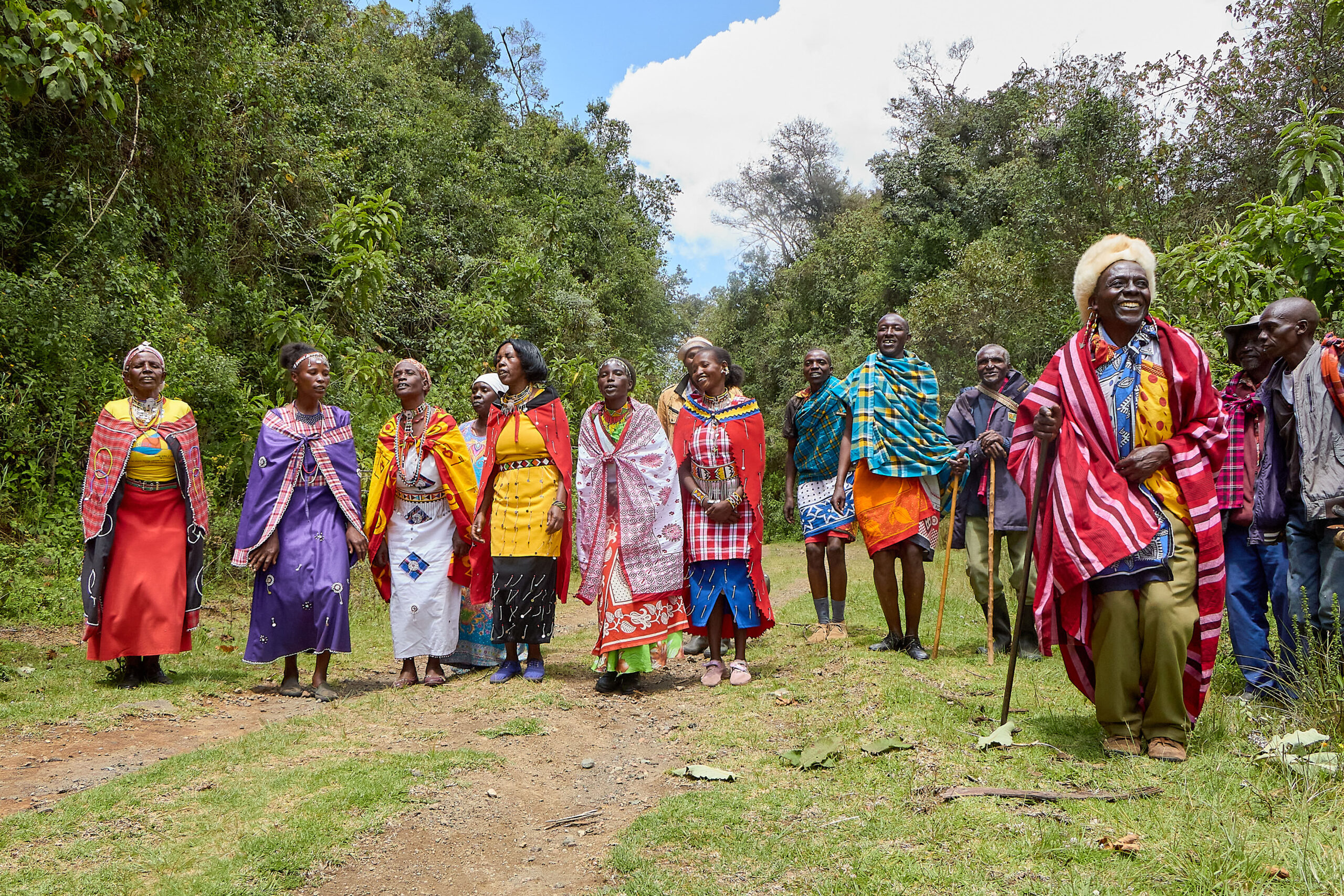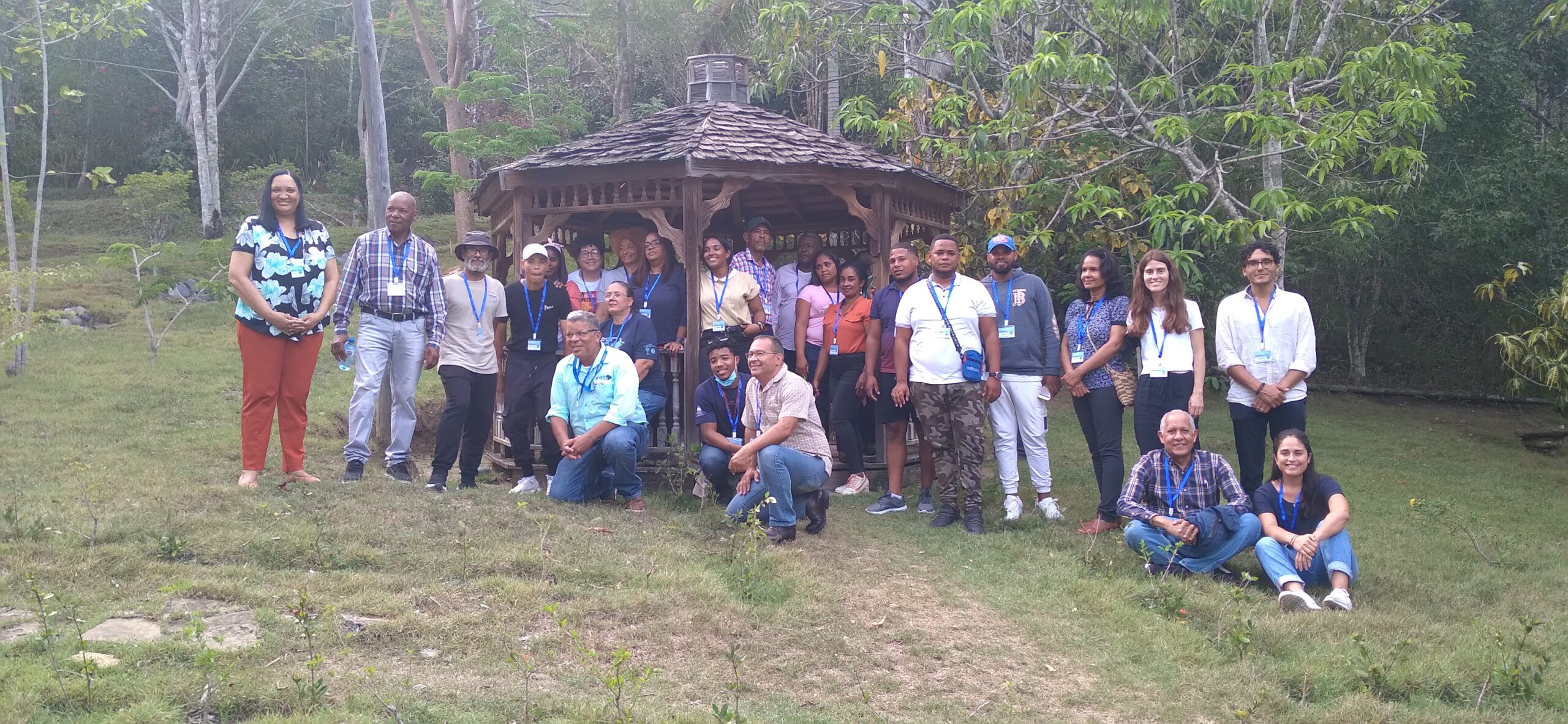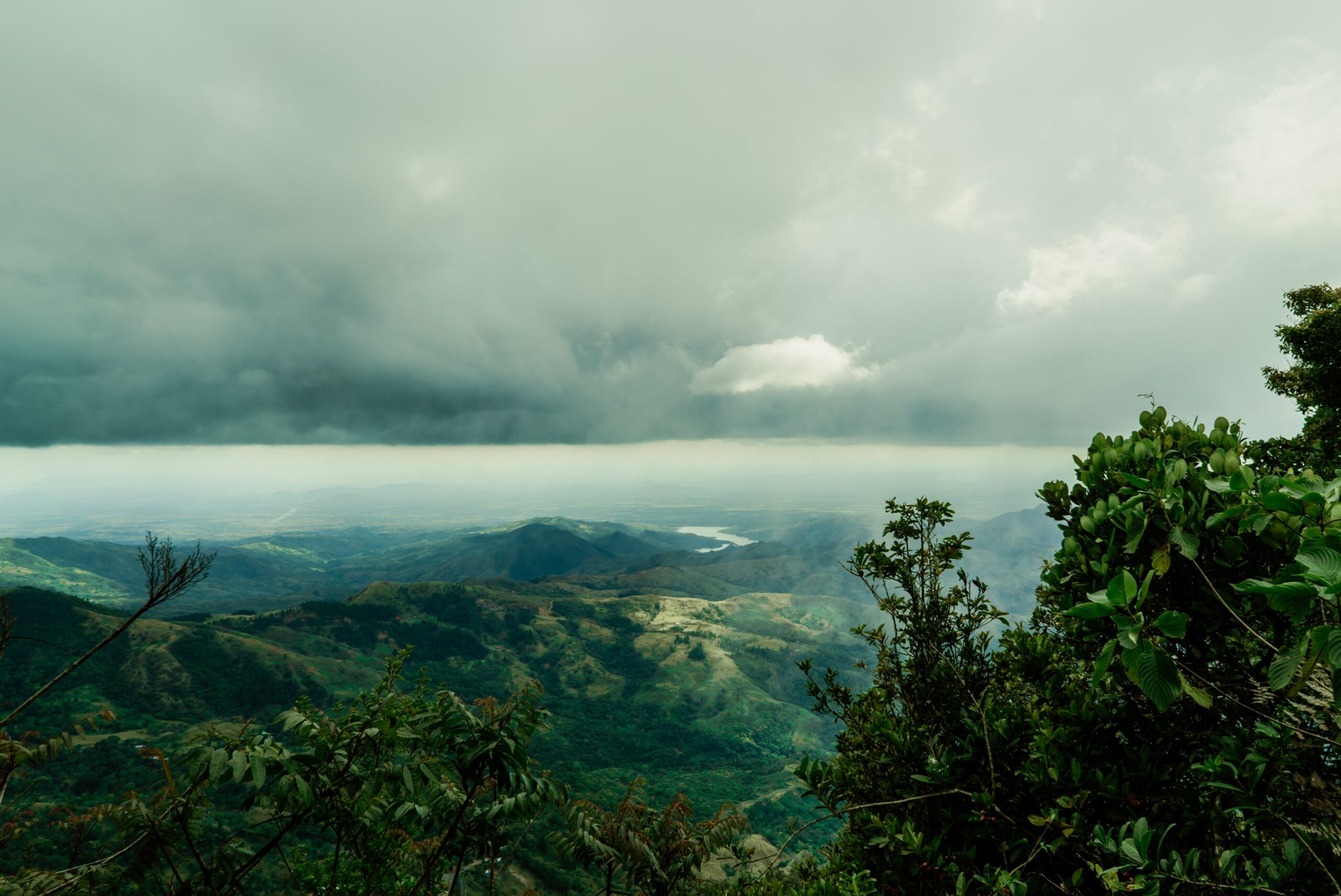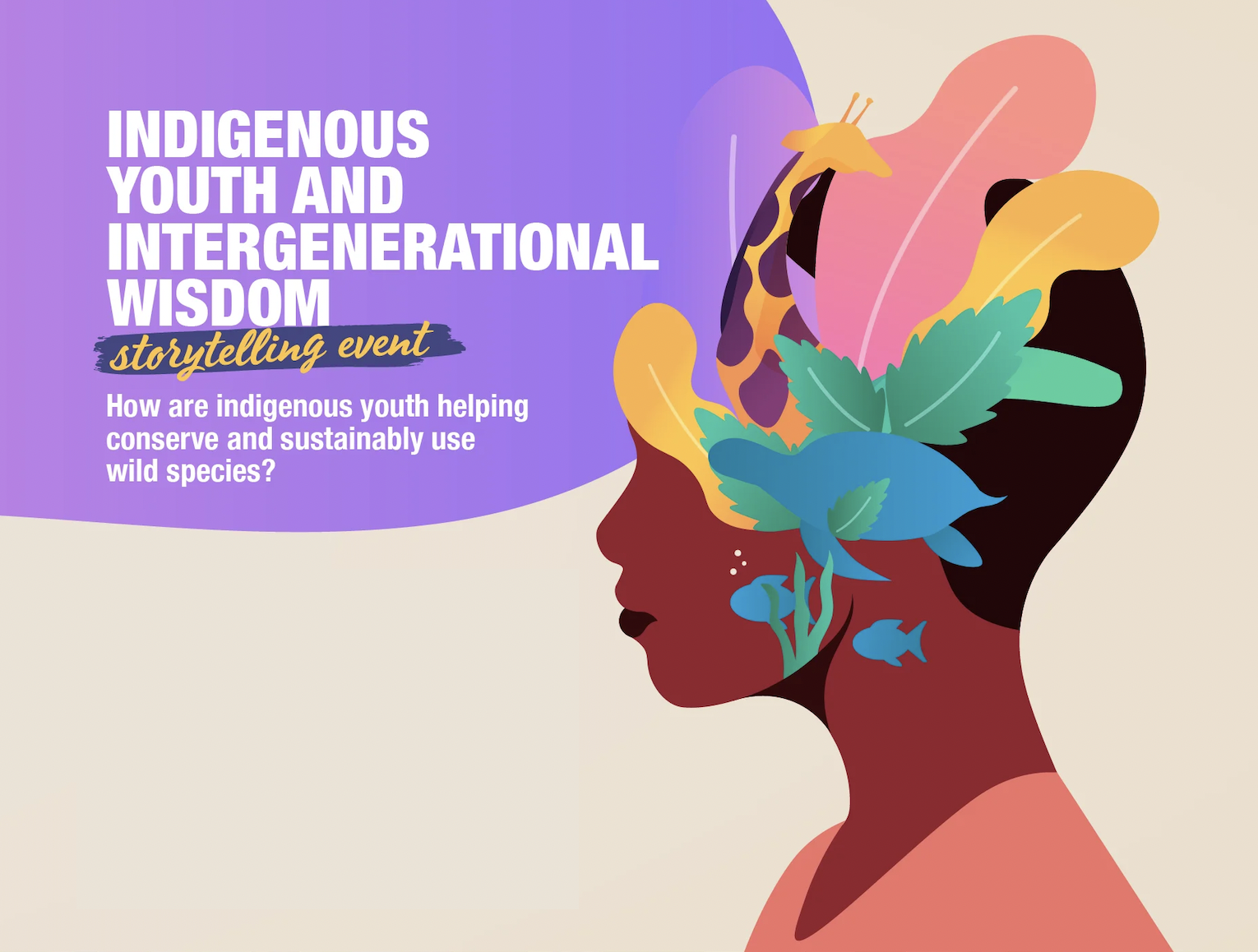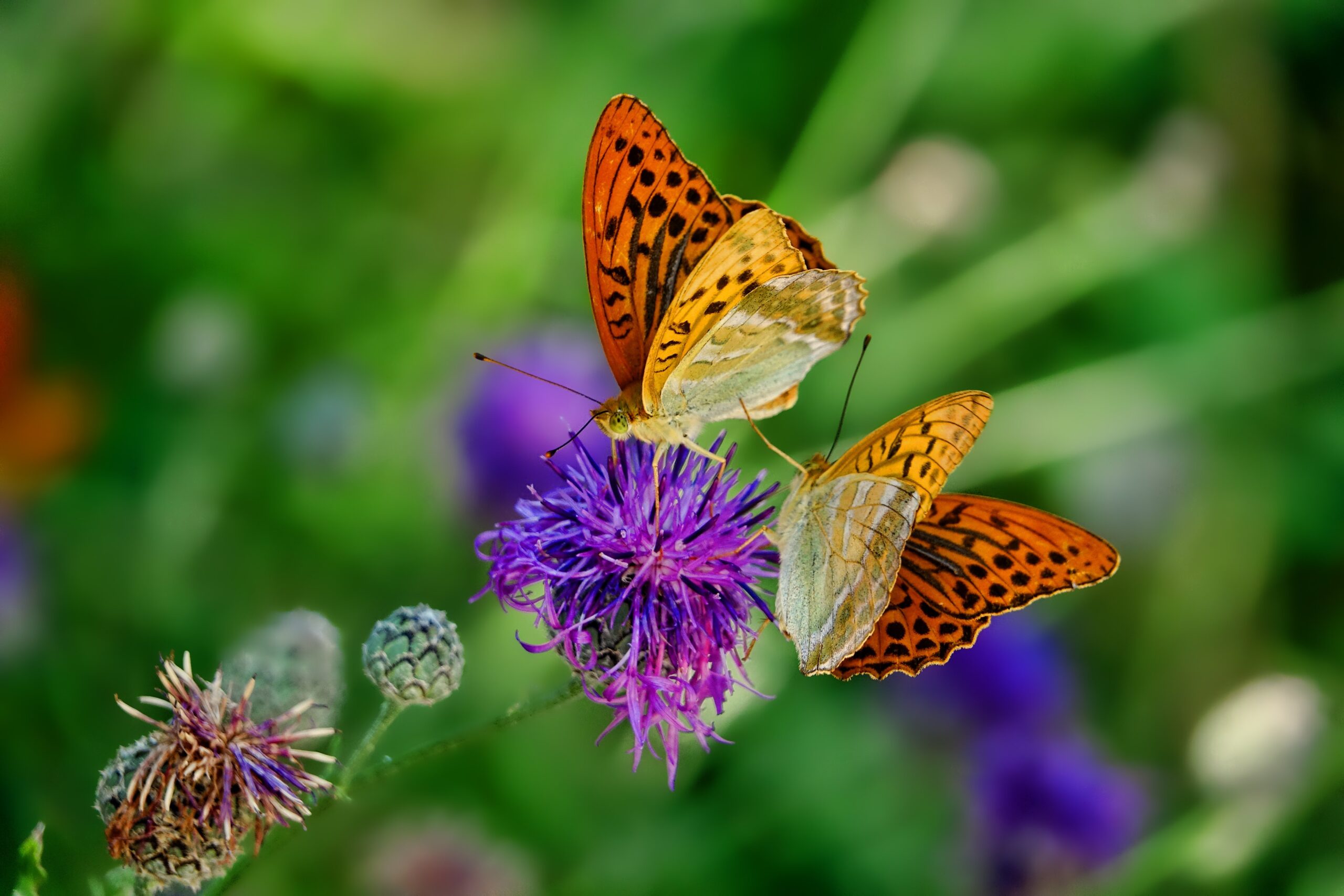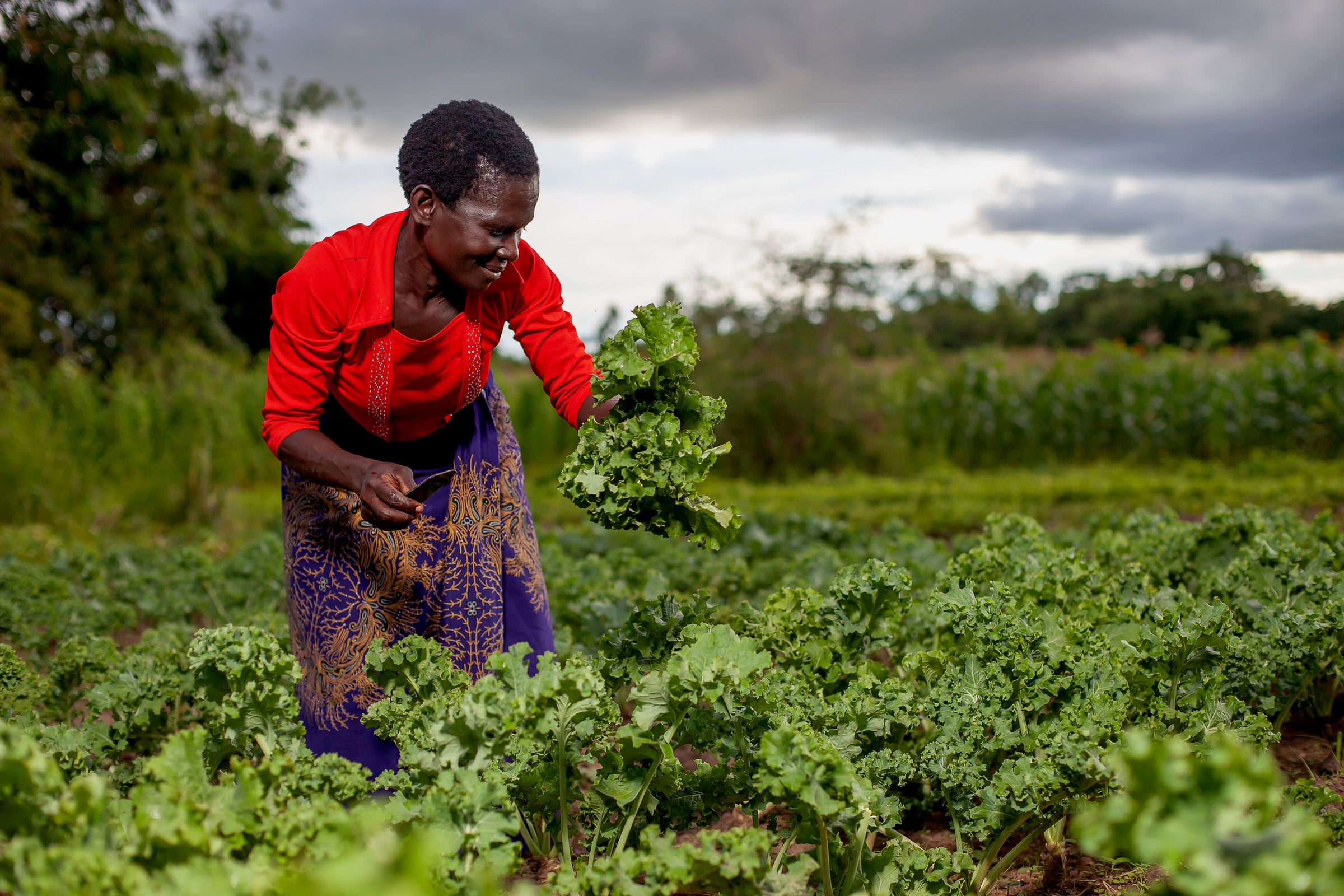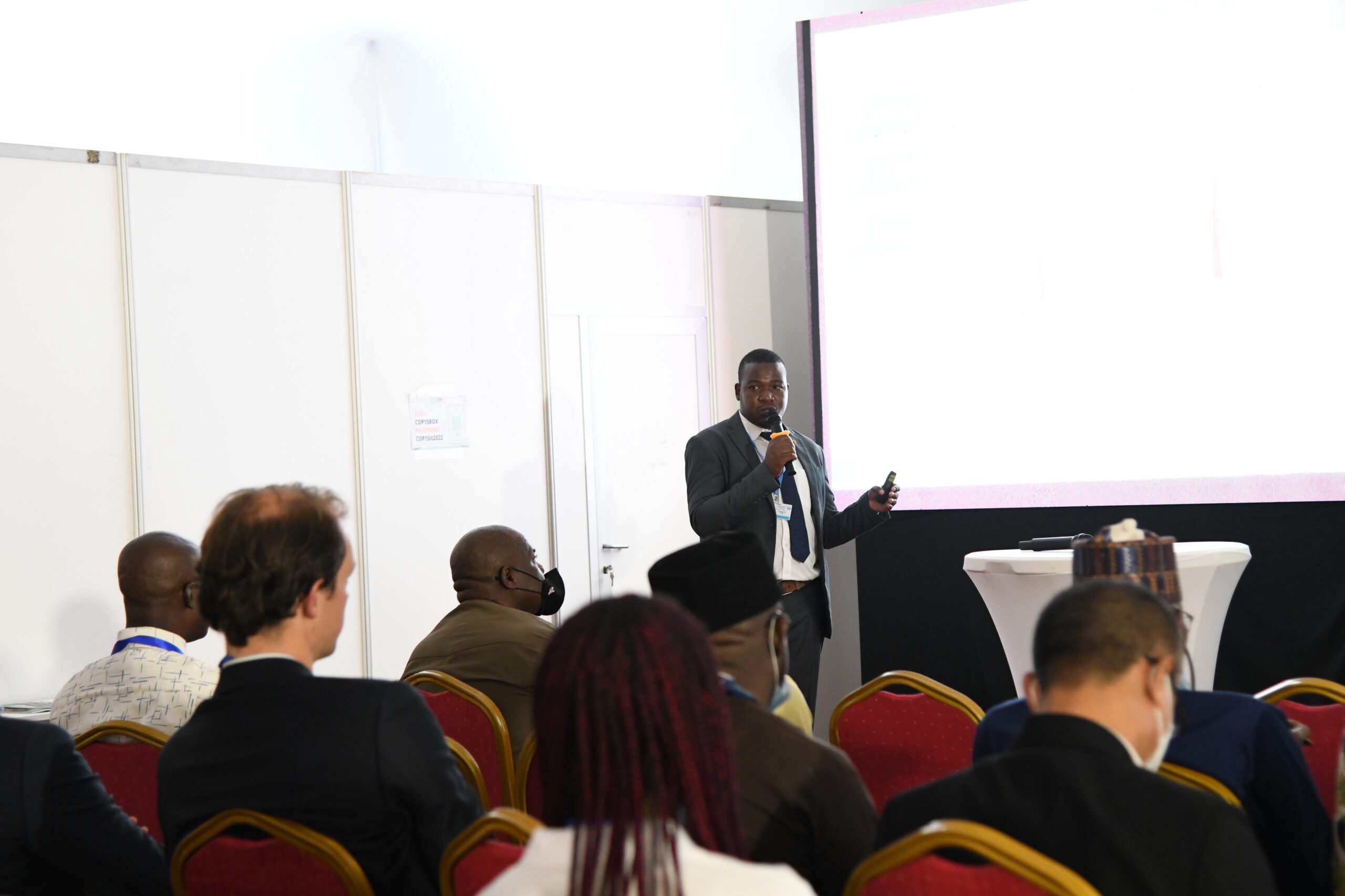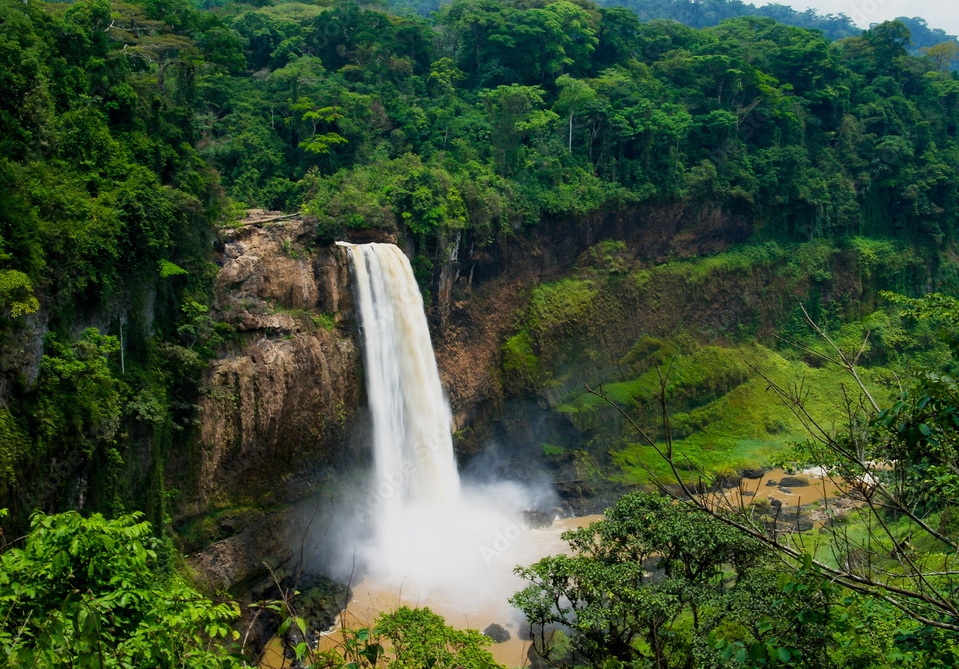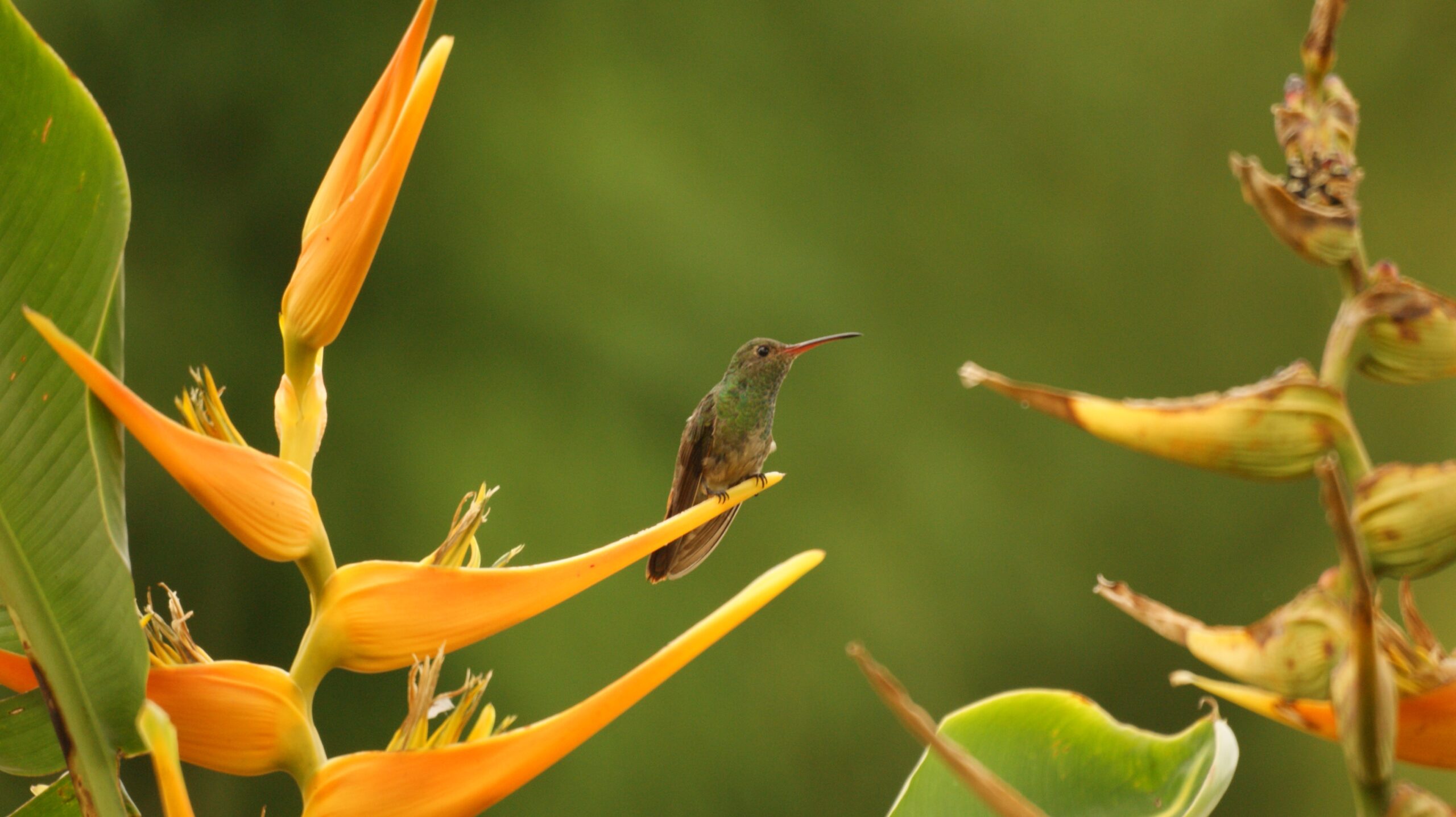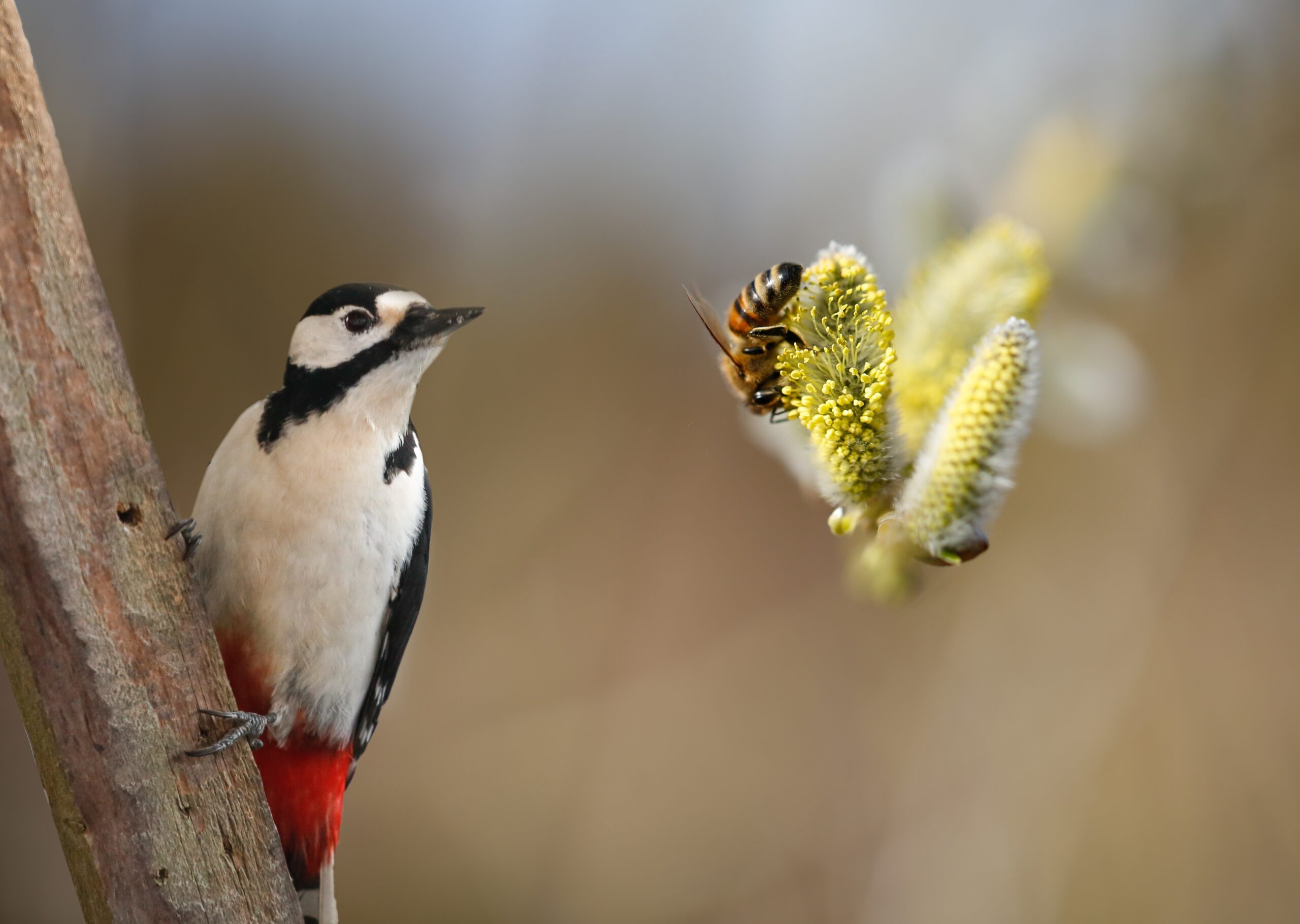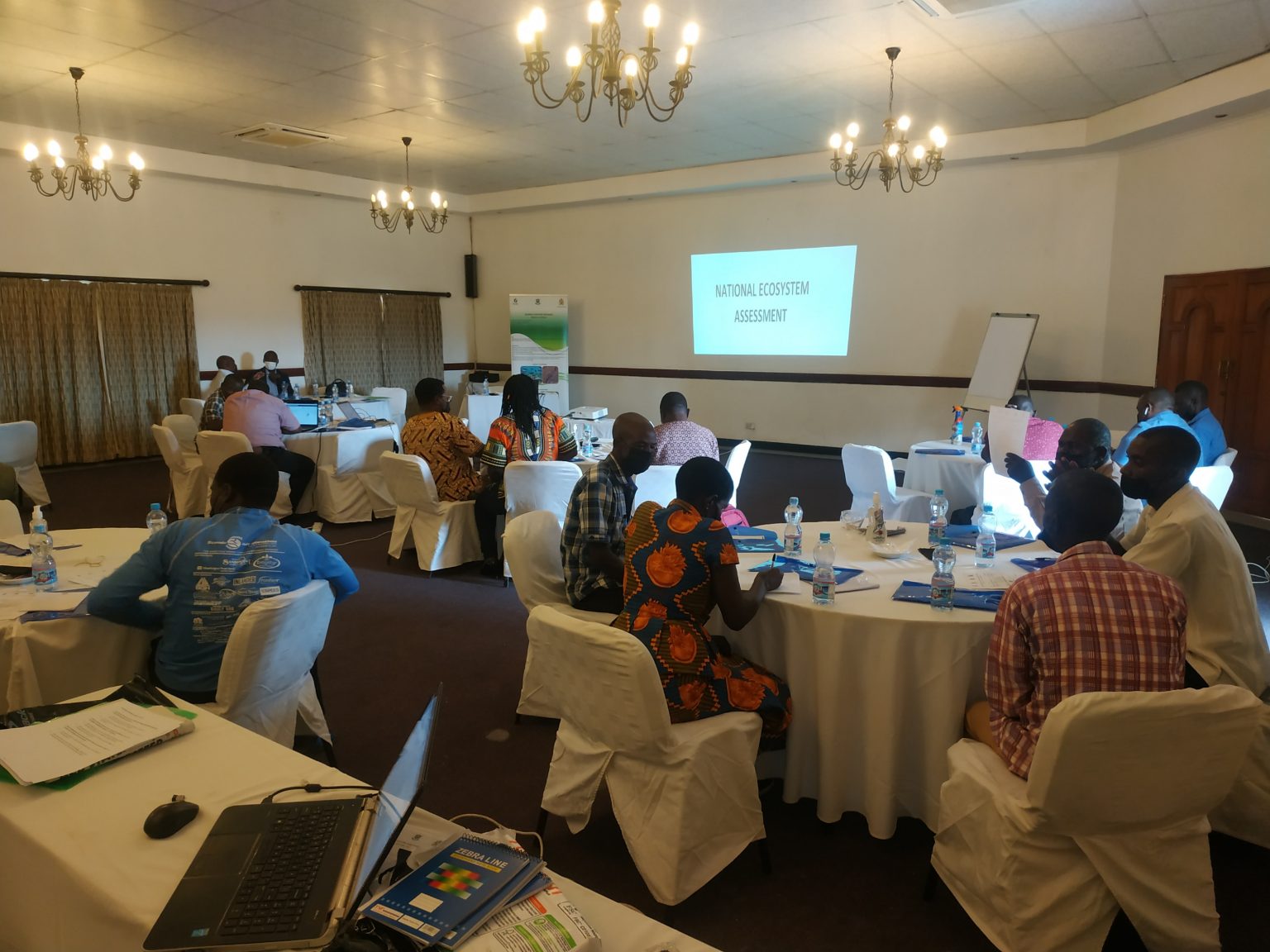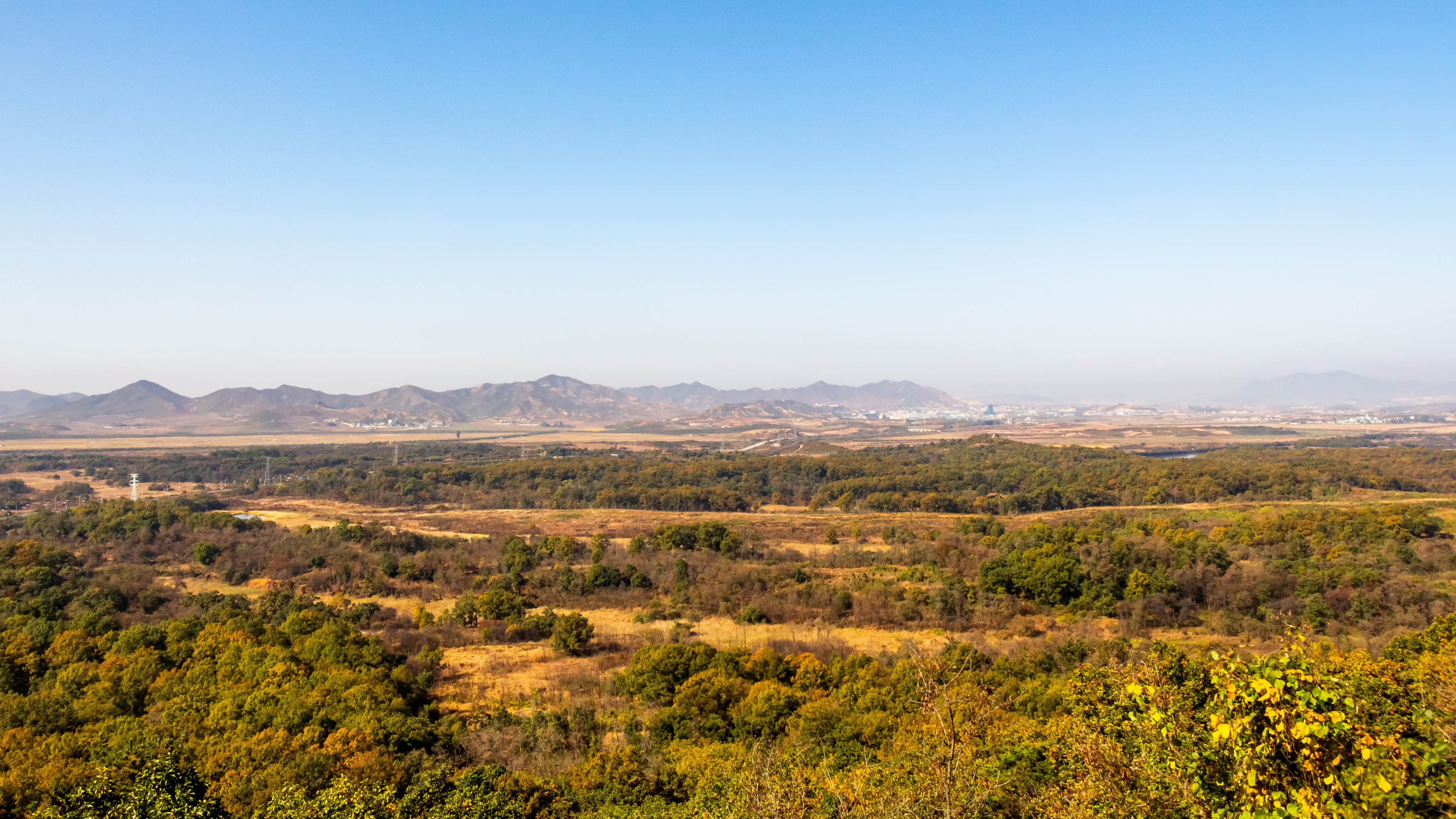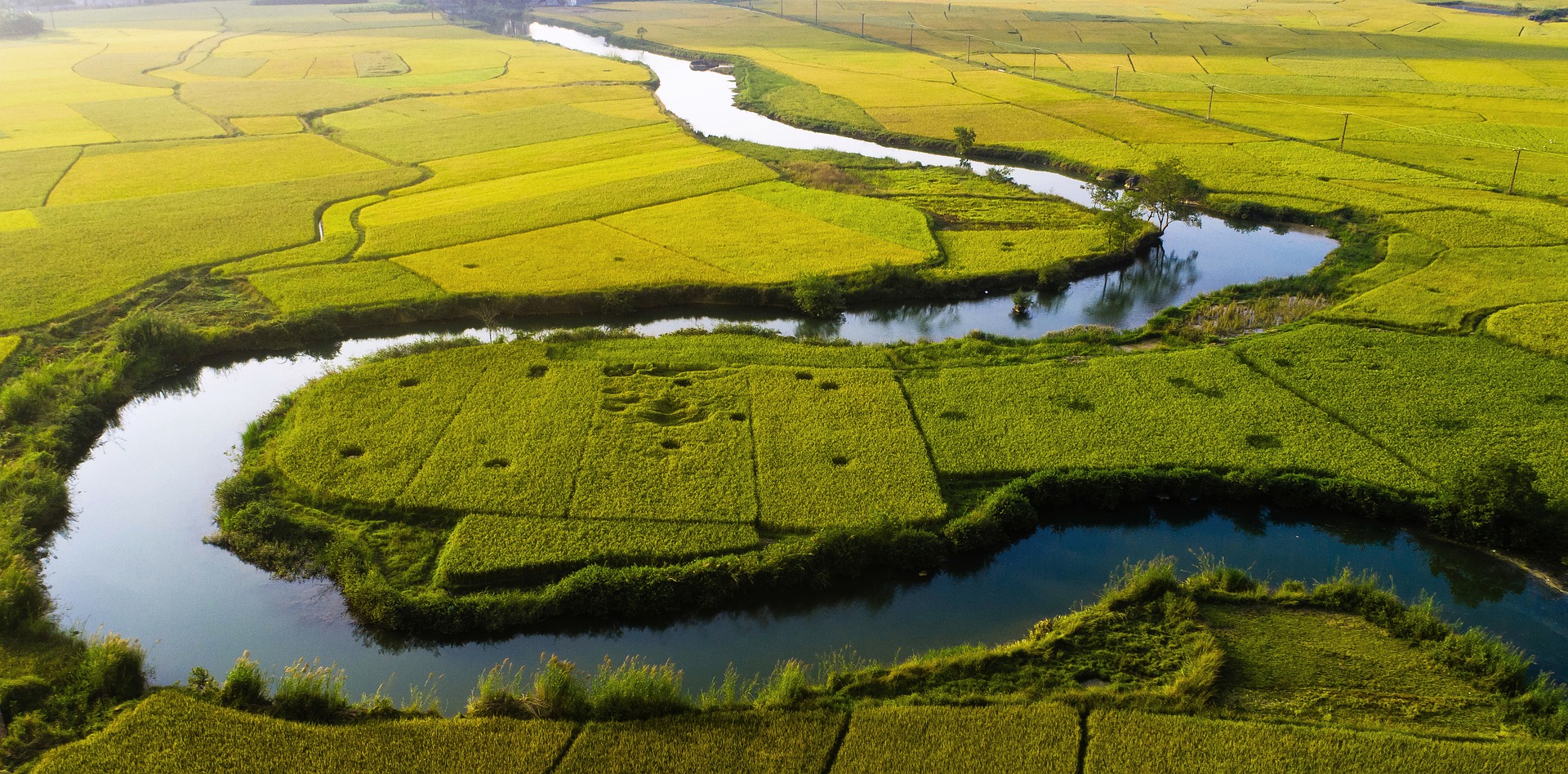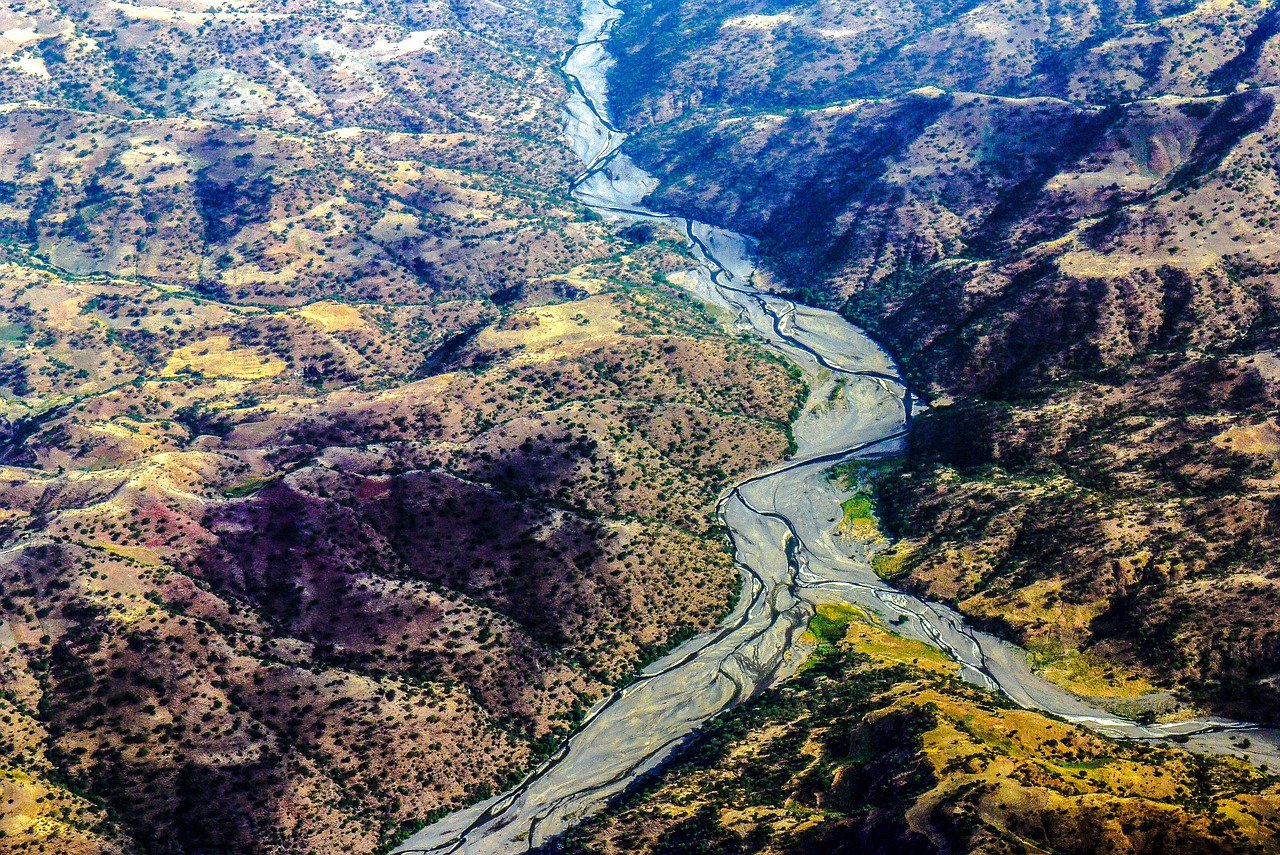The recently released special report on biodiversity and pandemic by the Intergovernmental Science-Policy Platform on Biodiversity and Ecosystem Services (IPBES) reaffirmed that the risk of pandemics, such as COVID-19, is driven by exponentially increasing anthropogenic changes. Unsustainable exploitation of the environment through land-use change, agricultural expansion and intensification, wildlife trade and consumption are among the key drivers disrupting natural interactions and causing emergencies of diseases.
To reduce future pandemic risks, a transformative change in approaches is urgently required from responding to a pandemic after it has emerged to preventing it before it emerges by addressing the common drivers of biodiversity loss and ill health. In pursing the prevention pathways, it is of critical importance to learn from the already proven solutions, including the community-driven local nature-based sustainable development efforts, which have been contributing to the inter-linked goals of poverty reduction and biodiversity conservation.
As reaching out to the local communities and organizing face-to-face meetings remains a challenge amid COVID-19 pandemic, the Biodiversity and Ecosystem Services Network (BES-Net) project is currently piloting an innovative virtual Trialogue with the financial support of the German Ministry for the Environment, Nature Conservation and Nuclear Safety (BMU) and SwedBio at the Stockholm Resilience Centre. “Trialogue” is a methodology introduced by BES-Net to bring together the science, policy and practice sectors into a constructive and meaningful dialogue. With special geographic focus on Francophone Africa and with the support of a number of BES-Net partners, some 50 participants from seven countries – Benin, Cameroon, Chad, Cote d’Ivoire, Democratic Republic of the Congo, Senegal and Togo – have been invited for the virtual Trialogue. They represent Indigenous Peoples and local communities, community-based NGOs and CSOs and locally operating enterprises, including the nominees/winners of the past Equator Prizes.
The virtual Trialogue is structured into national and regional segments. The national segment runs from 02-16 November 2020 through the country-focused WhatsApp groups. The participants are invited to share their knowledge, ideas and experiences on sustainable land rehabilitation/restoration and environmentally friendly farming methods, etc., through texts, voice/video recording and photos/files posting. The group conversation is also expected to bring out some of the challenges faced by the communities and the organizations supporting them in sustaining livelihoods, accessing to food and continuing environmentally friendly practices as a result of COVID-19 pandemics and associated restrictions.
For the regional segment, region-wide virtual dialogue sessions are scheduled to be held in the last week of November. All the participants and the selected scientific researchers will come together to share the key highlights of the country level conversations and stories, as well as evidence from the research community. The main aim is to bridge indigenous and local knowledge systems with scientific knowledge systems in order to enhance understanding and support around nature-based solutions. The final results of the virtual Trialogue process will be shared at the forthcoming face-to-face Francophone Africa Regional Trialogue on Pollinators, Food Production and Land Restoration to inform future policymaking, scientific research and on-the-ground actions in the region and beyond. The United Nations Declaration on the Rights of Indigenous Peoples principle of Free Prior and Informed Consent will be strictly applied throughout the virtual Trialogue segments to ensure the protection of the rights of the Indigenous People and the local communities.
“Now, more than ever, we need to find ways to live in harmony with nature, whilst continuously feeding families and maintaining livelihoods. In many countries, Indigenous People and local communities have rich traditional practices and strategies for biodiversity management” said Yuko Kurauchi, BES-Net Coordinator and Policy Specialist at the UNDP Policy Centre on Resilient Ecosystems and Desertification. “Utilizing various online communication tools, BES-Net will provide a virtual platform for easy communication and exchange of these traditional wisdoms and help interweave indigenous and local ecological knowledge with available scientific knowledge. Together, the enhanced knowledge will provide a clearer vision on what transformative change should look like.”



